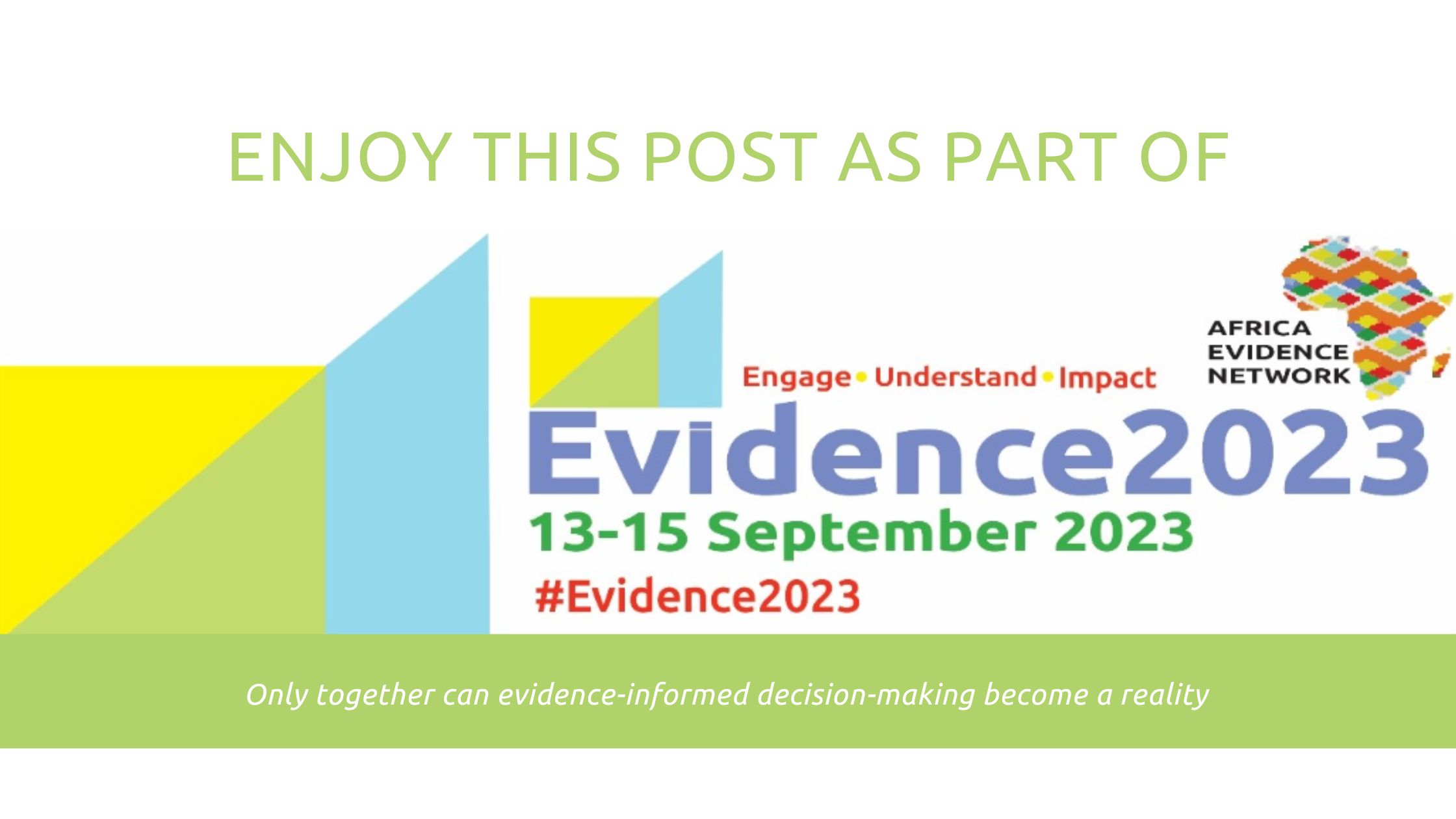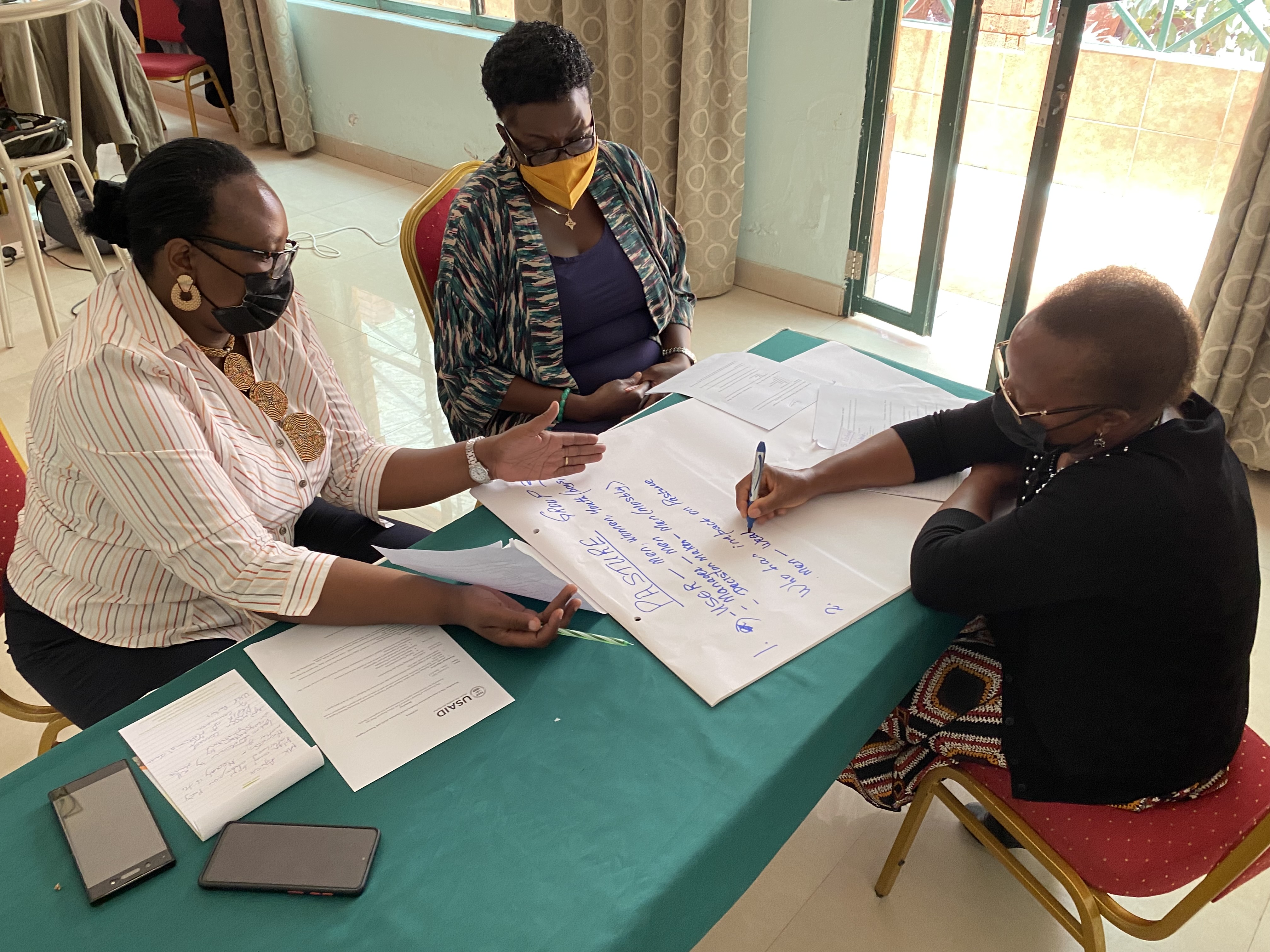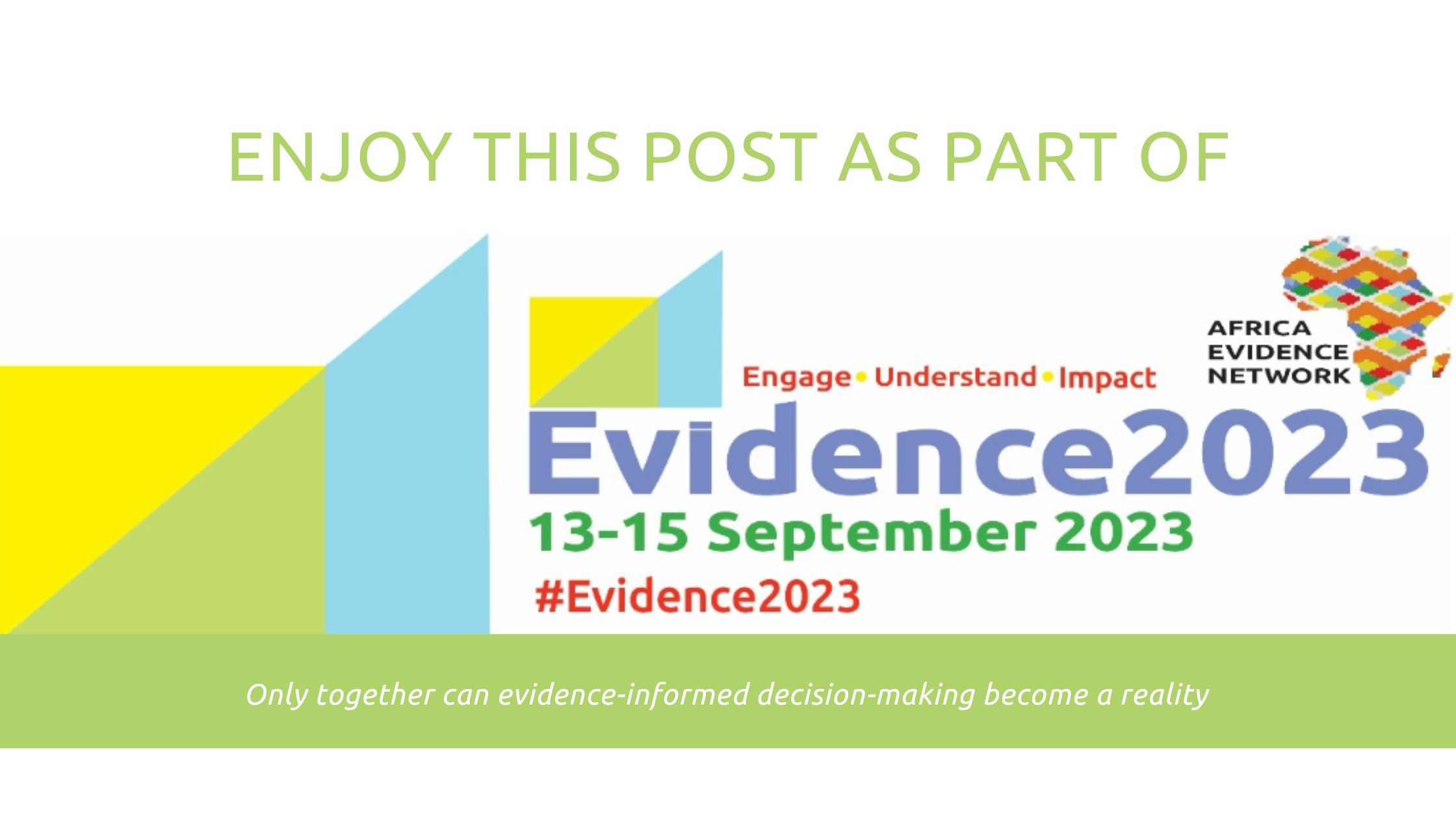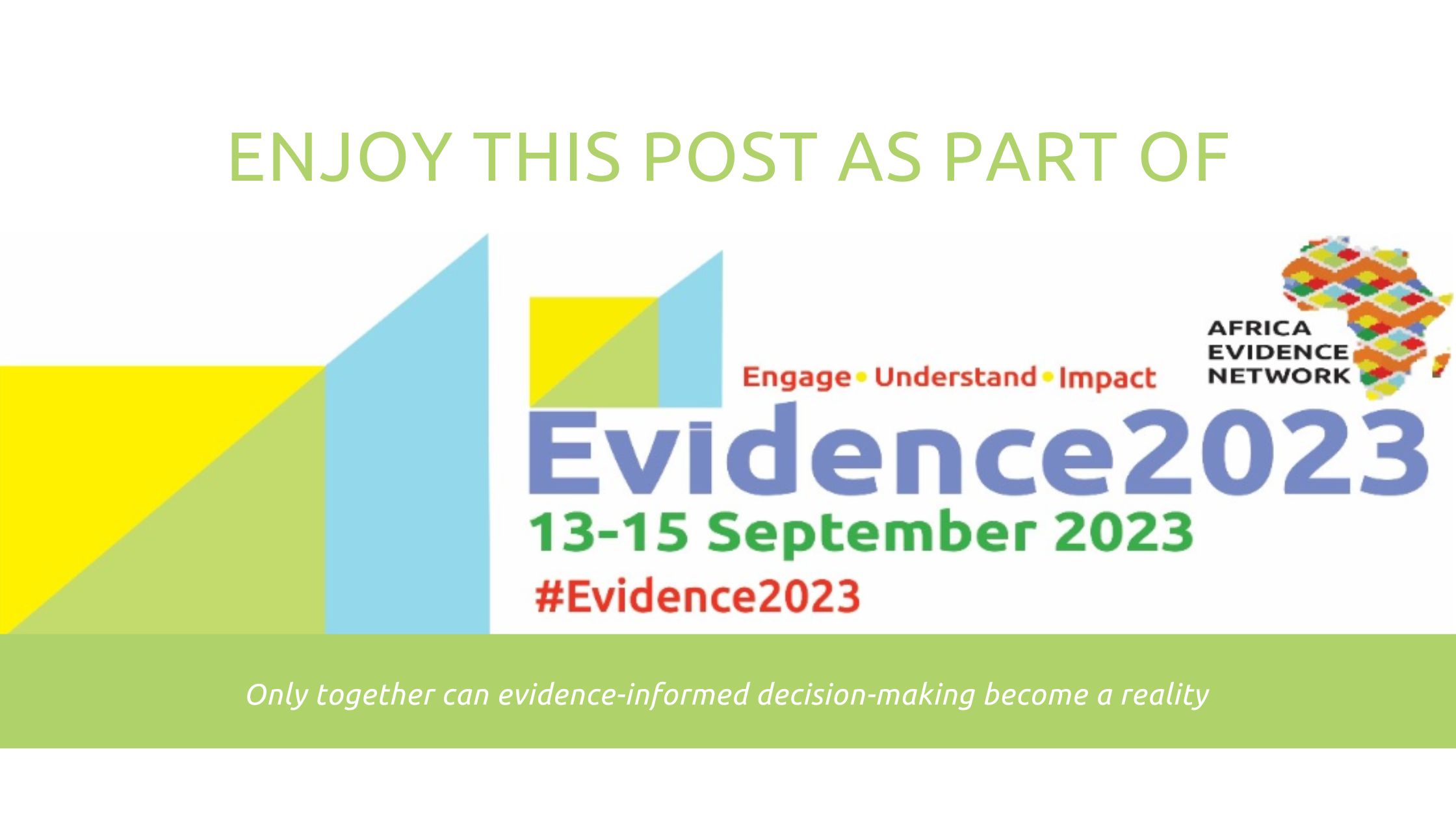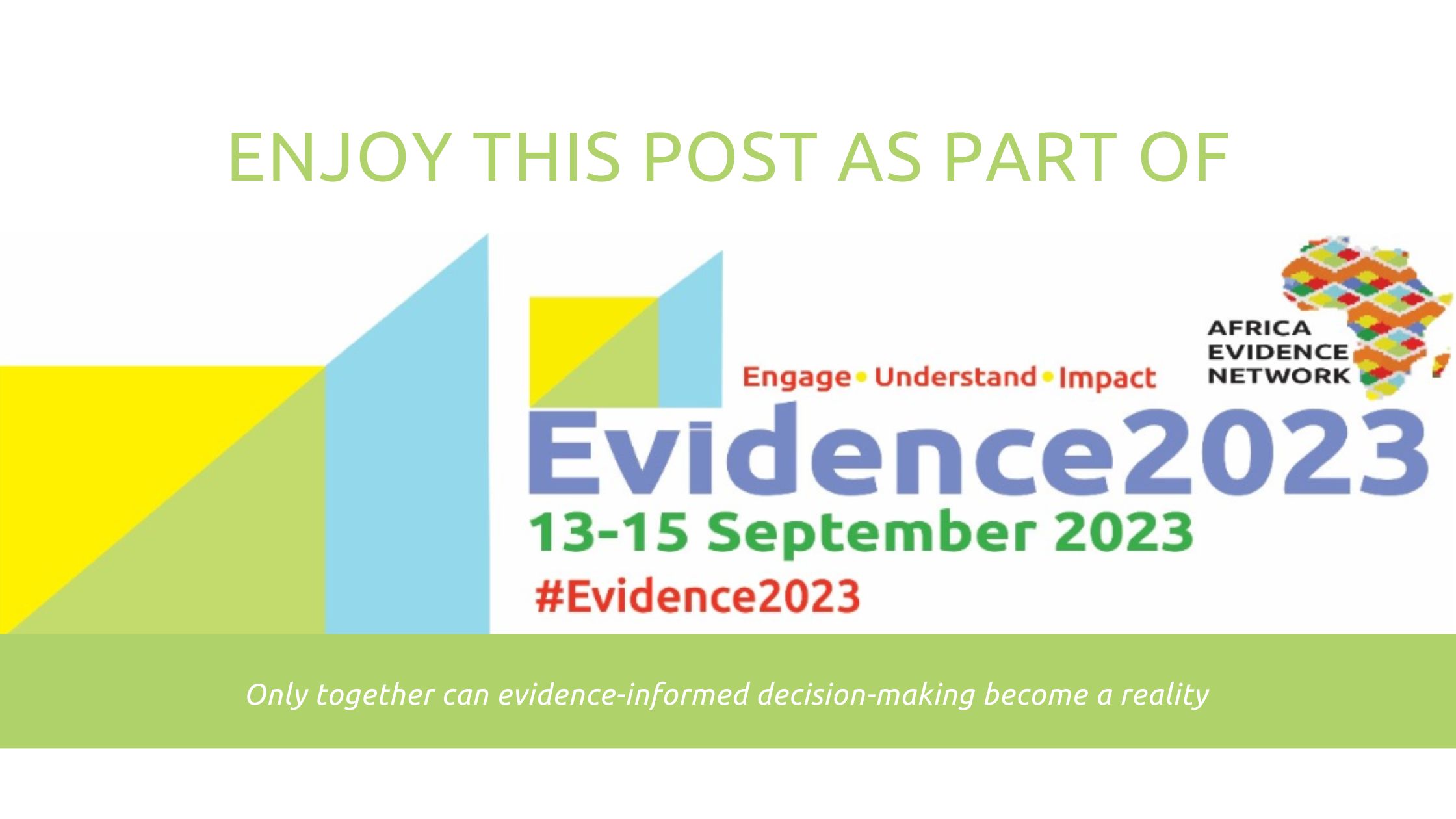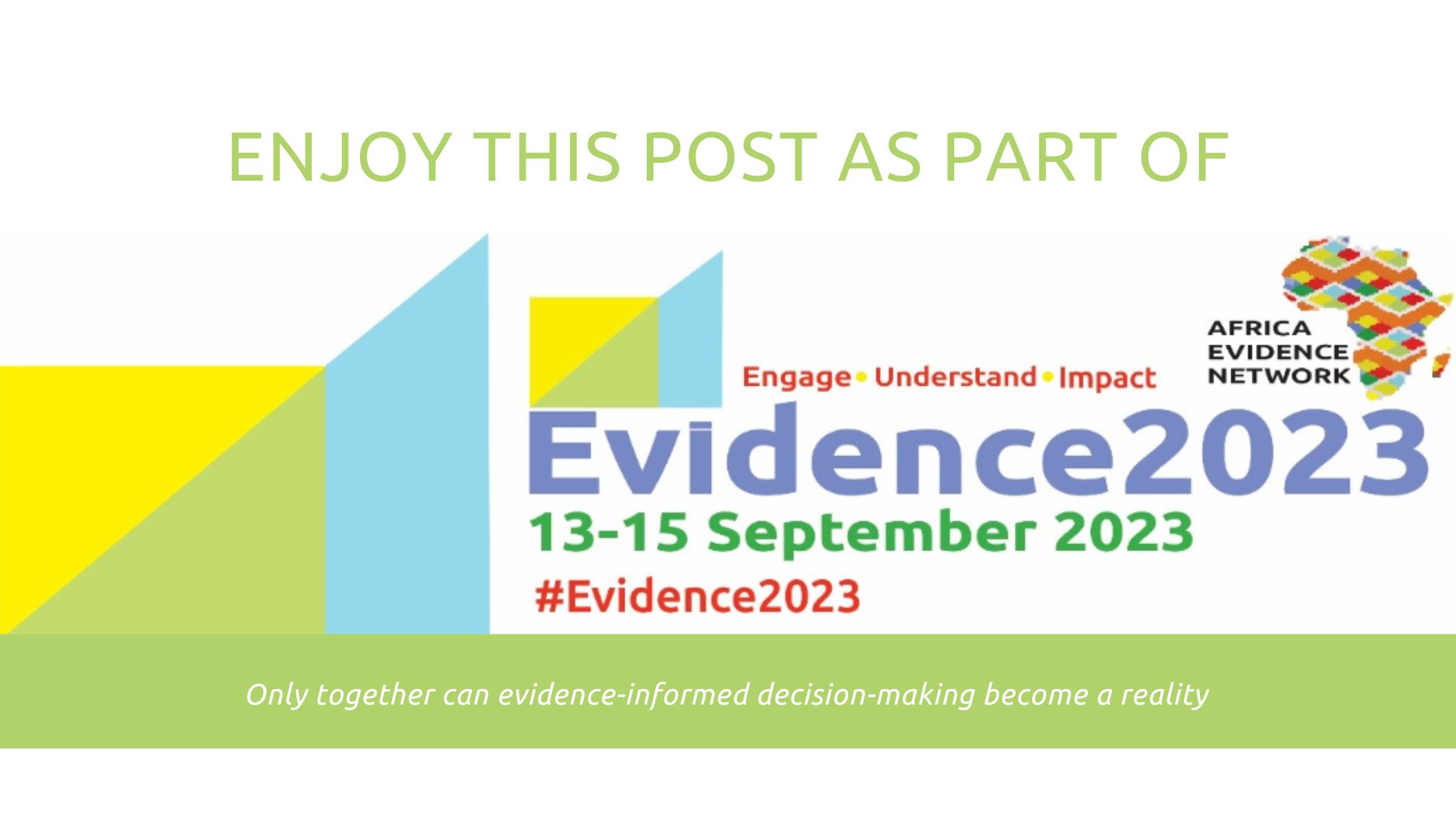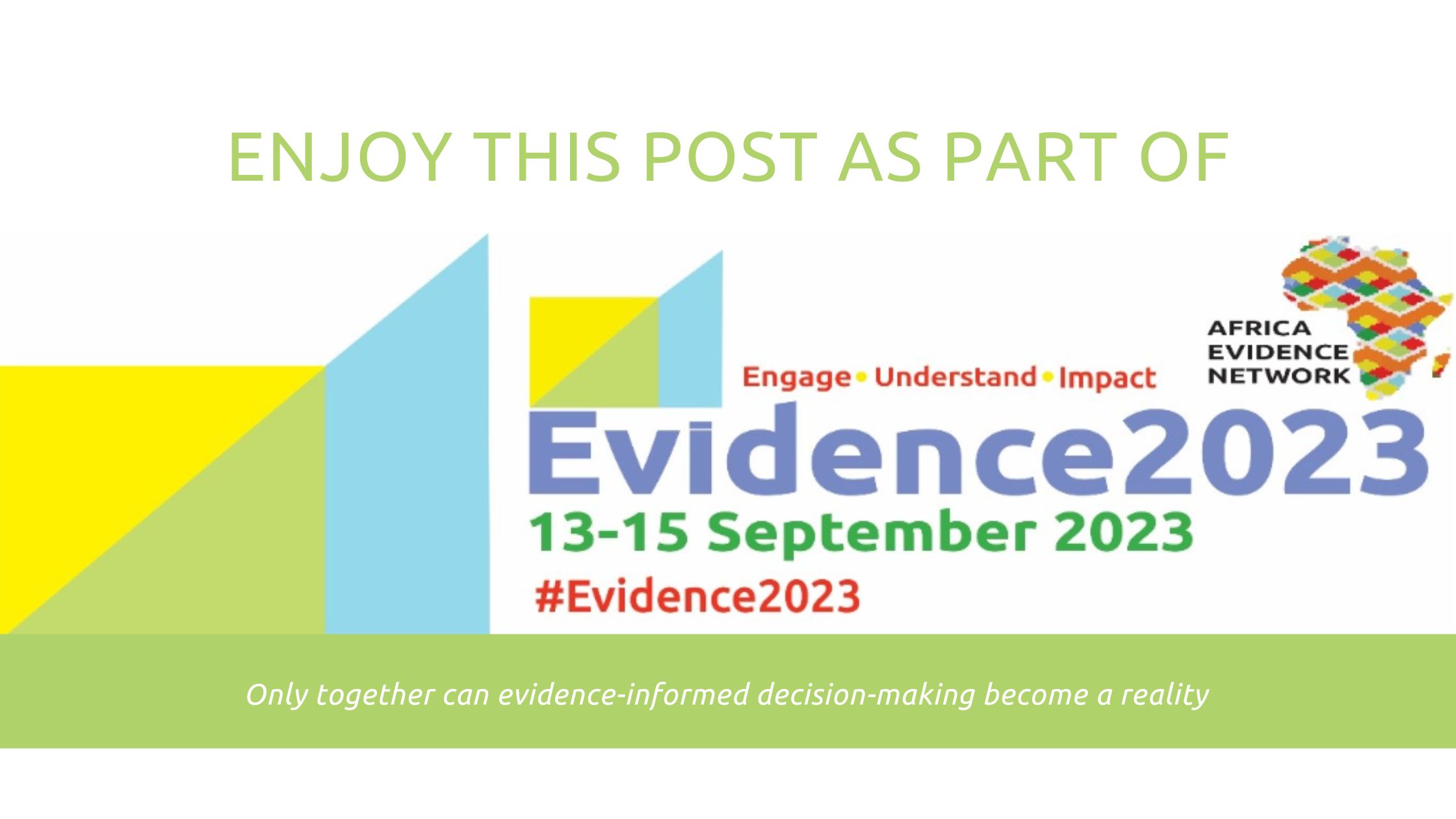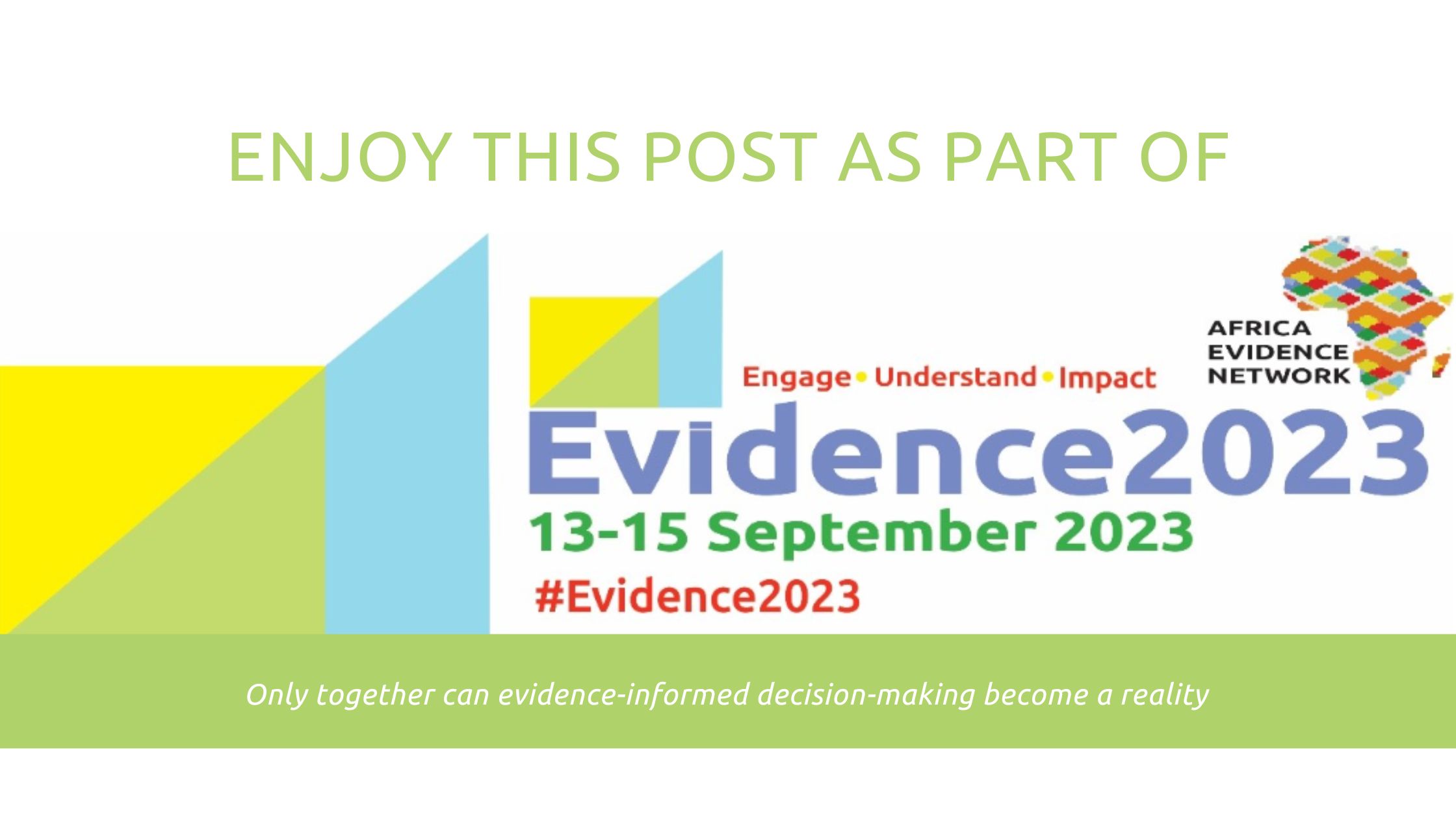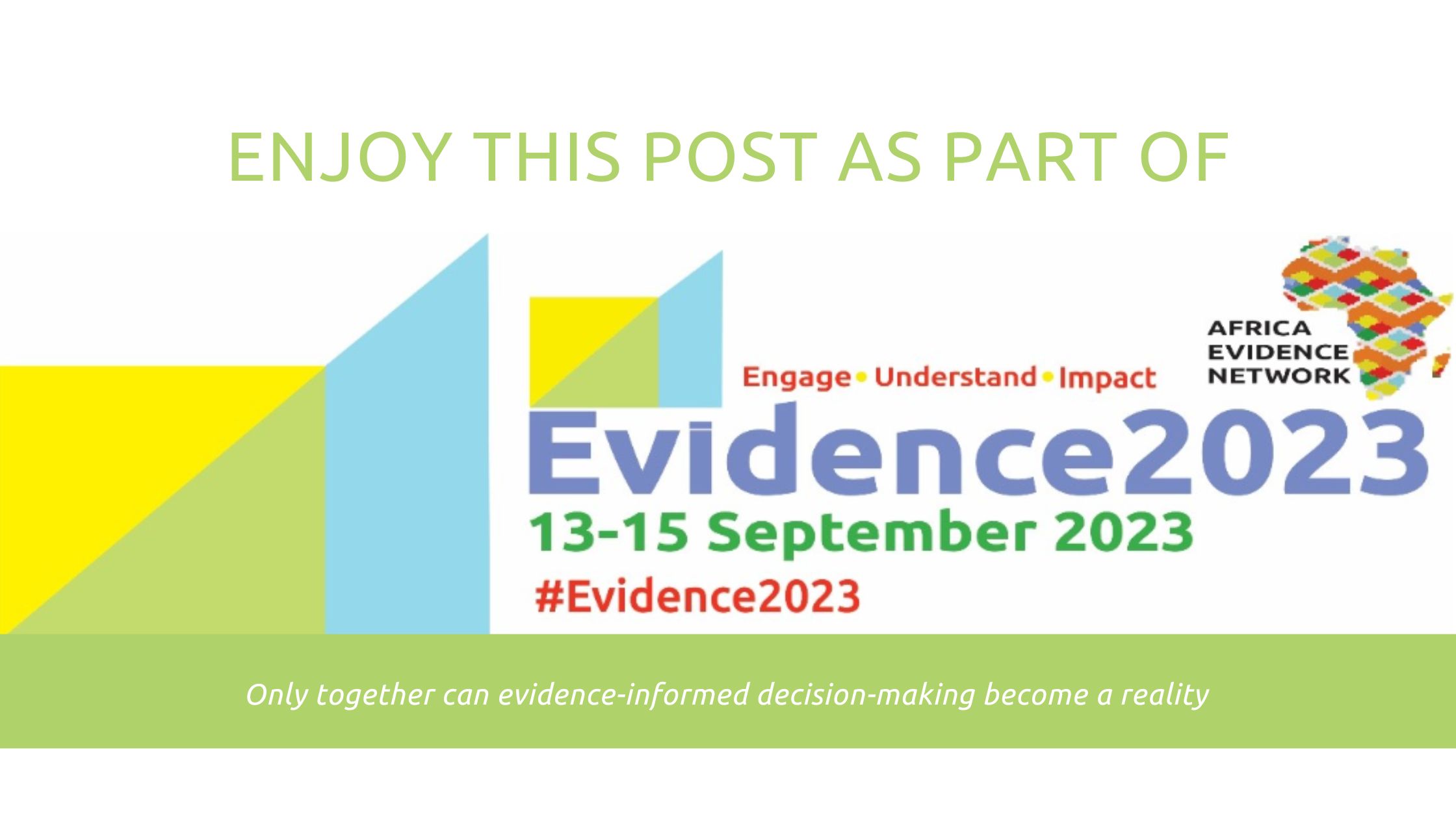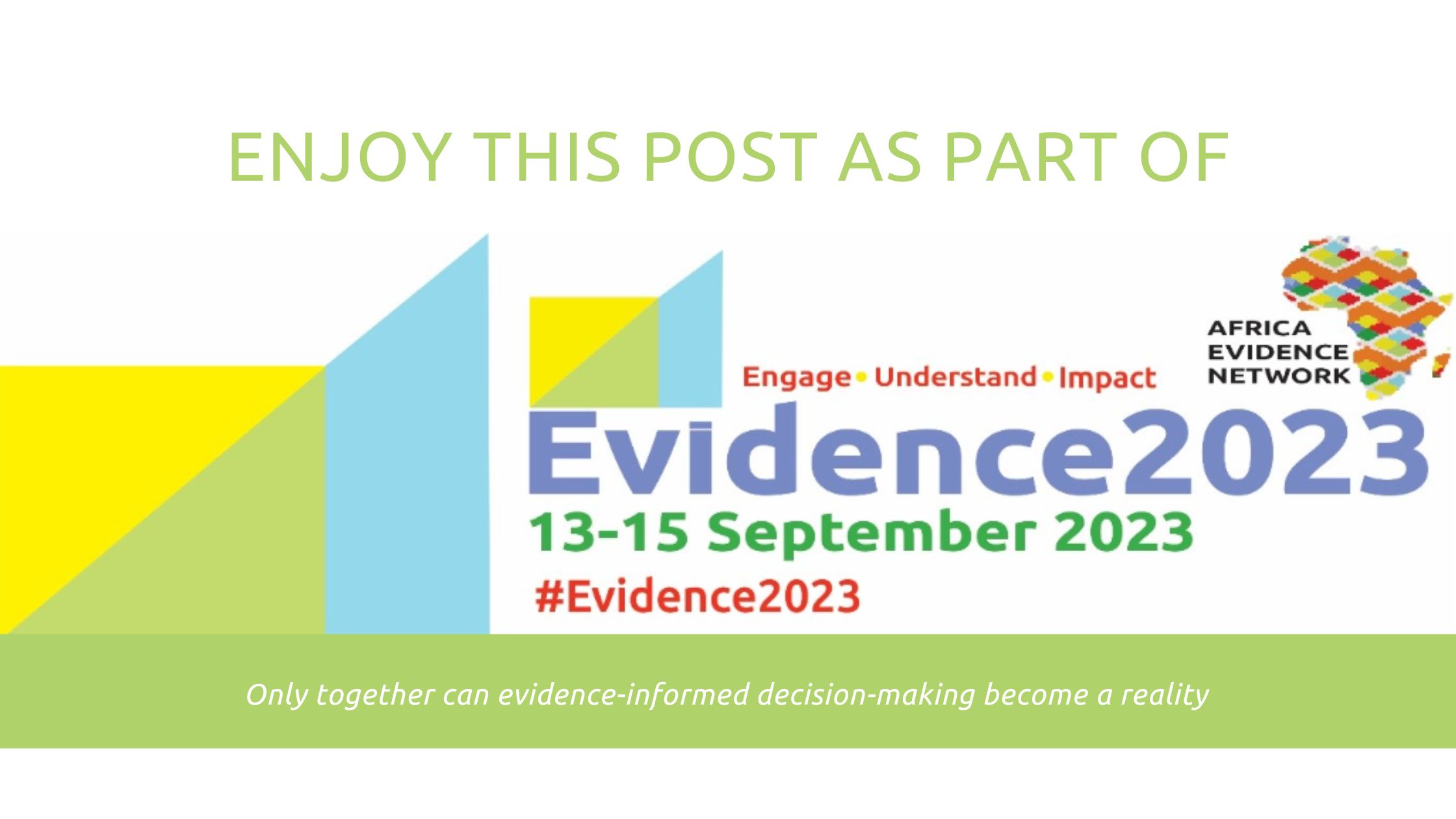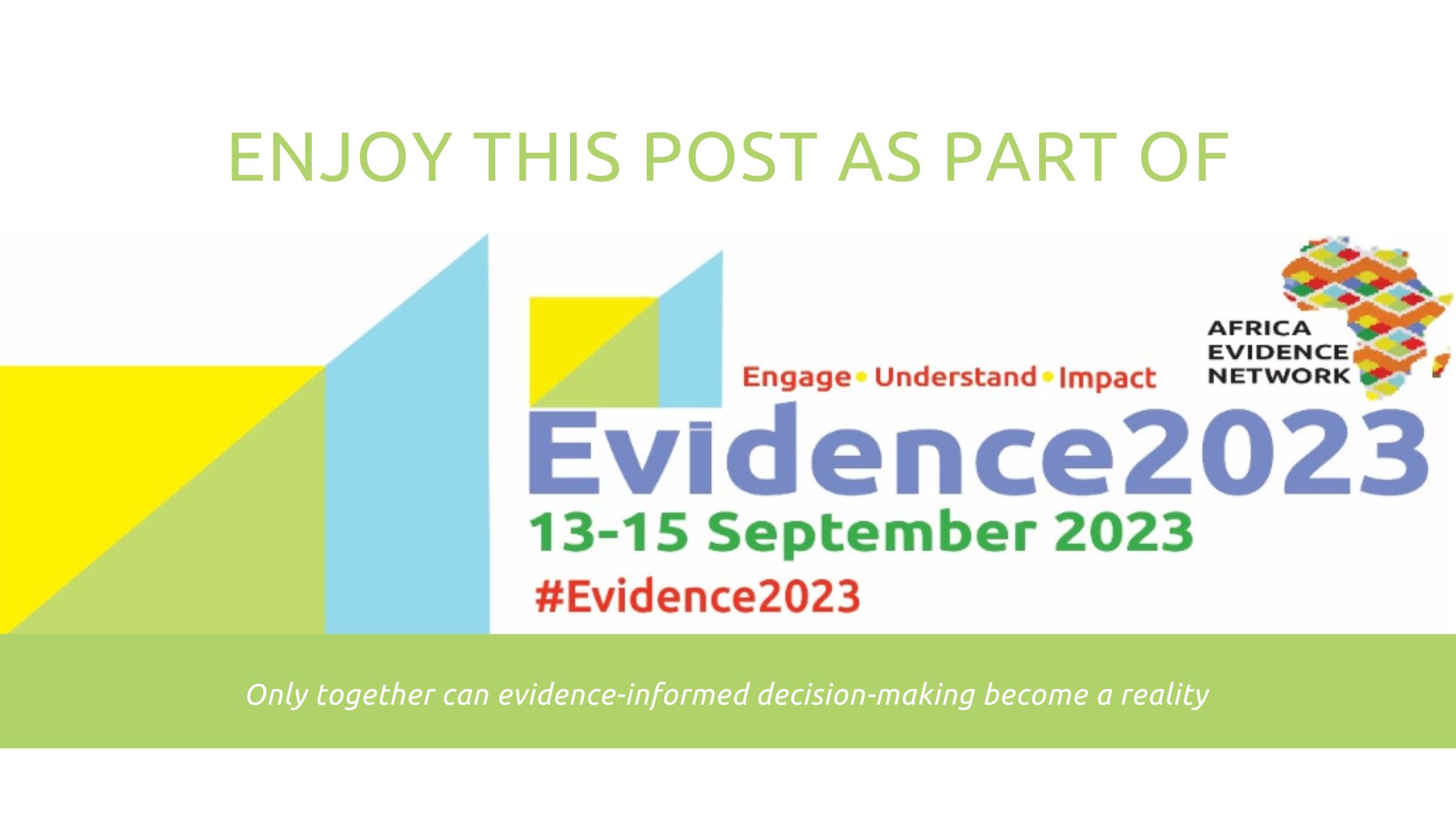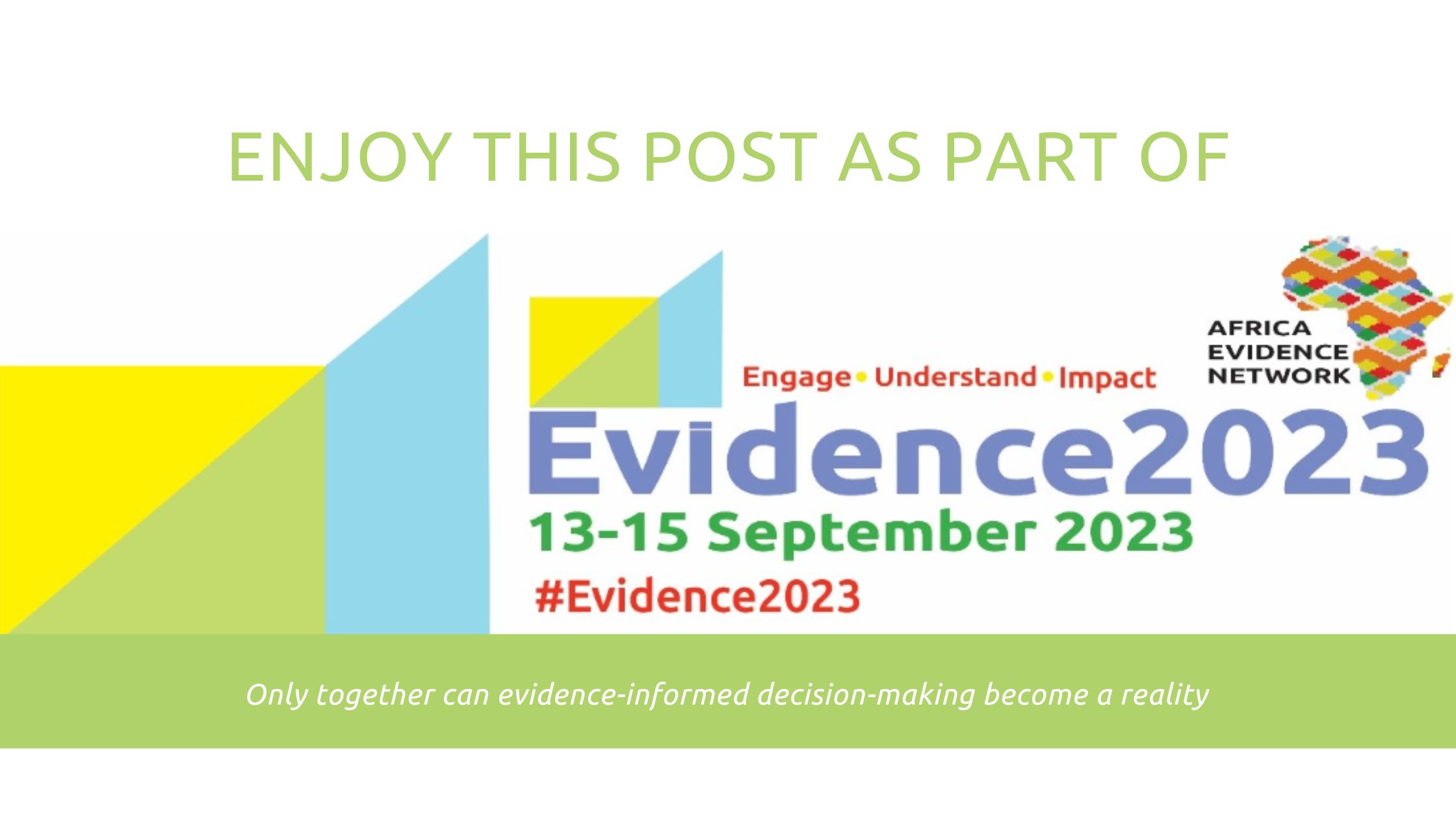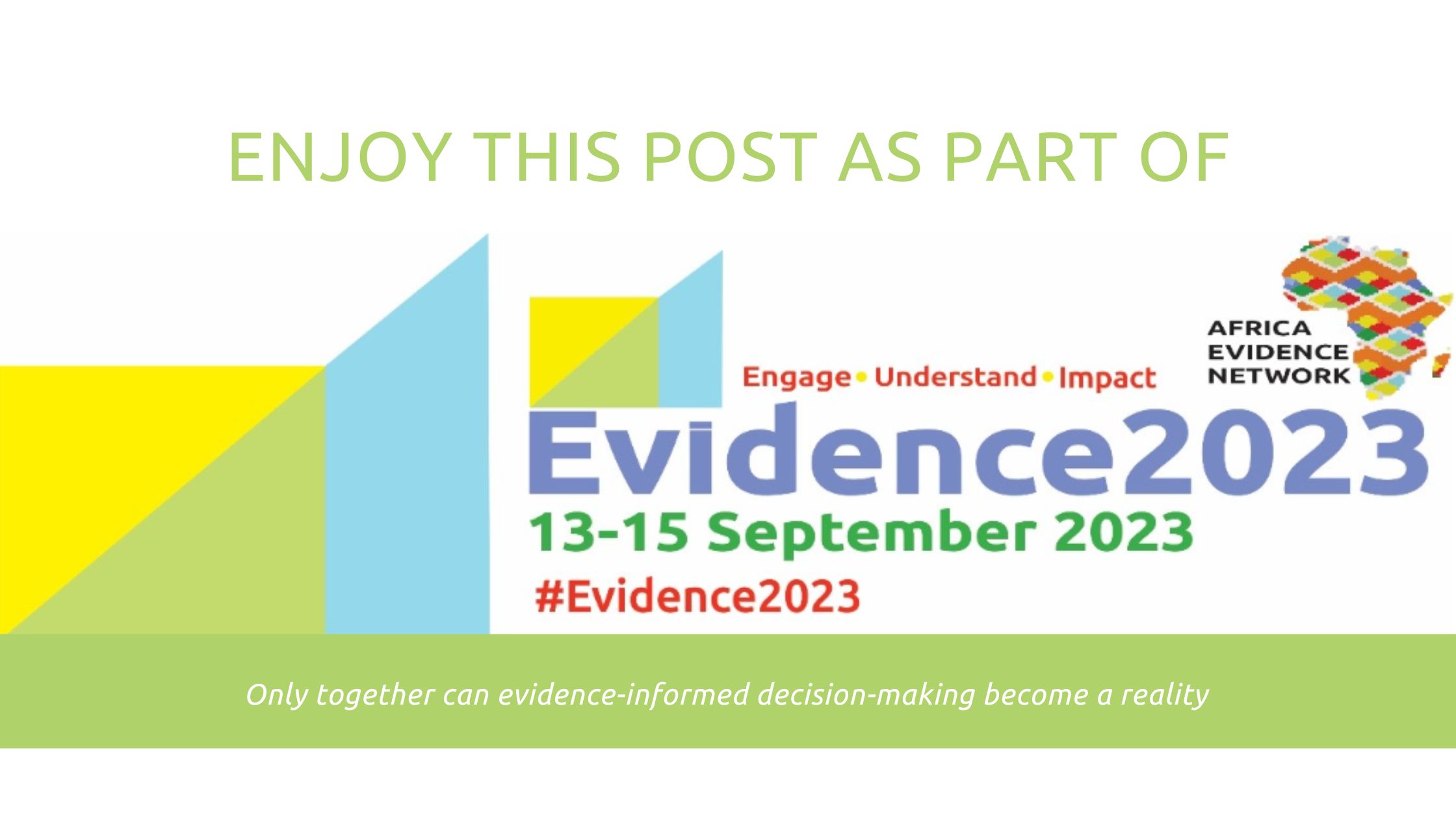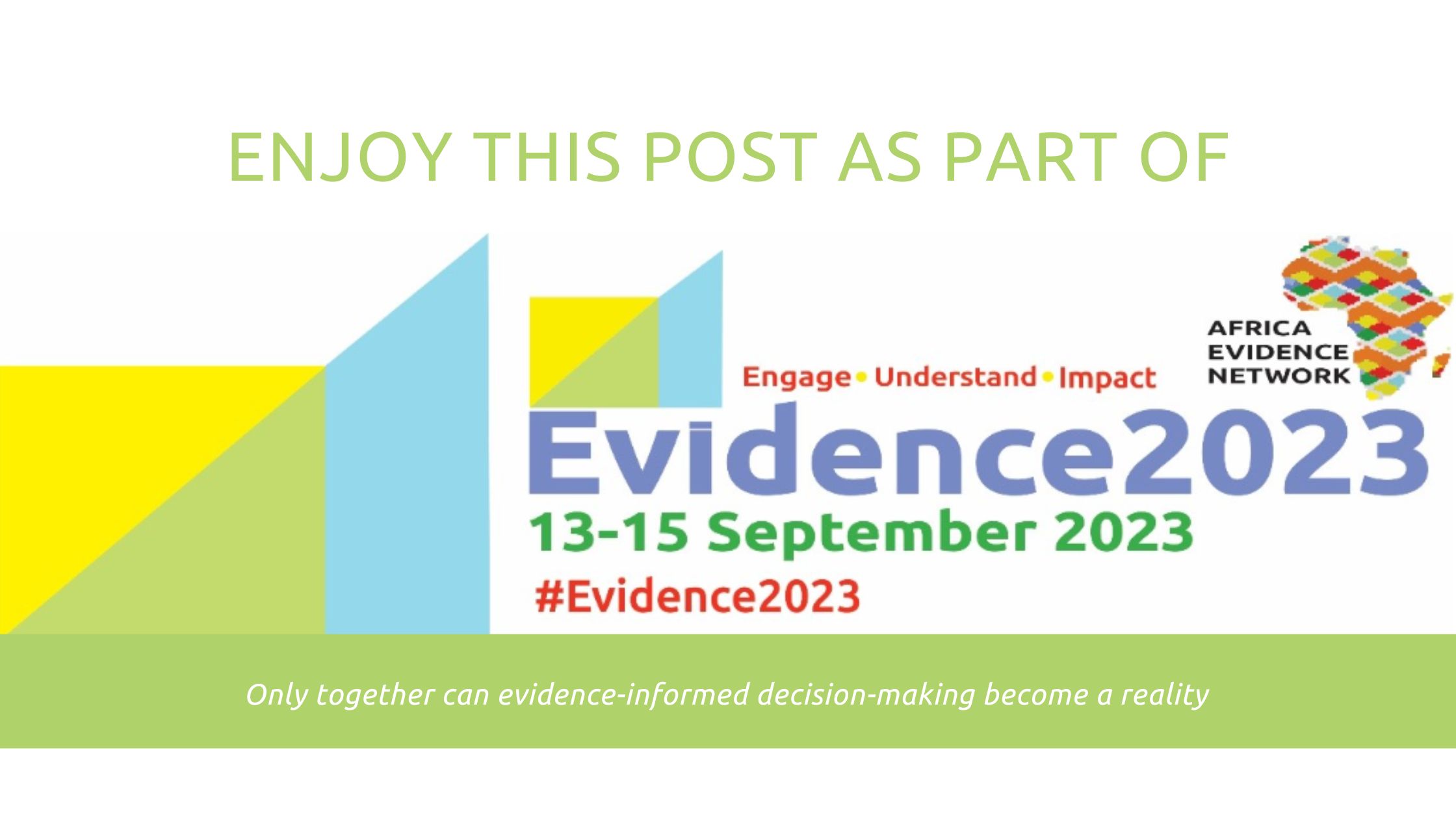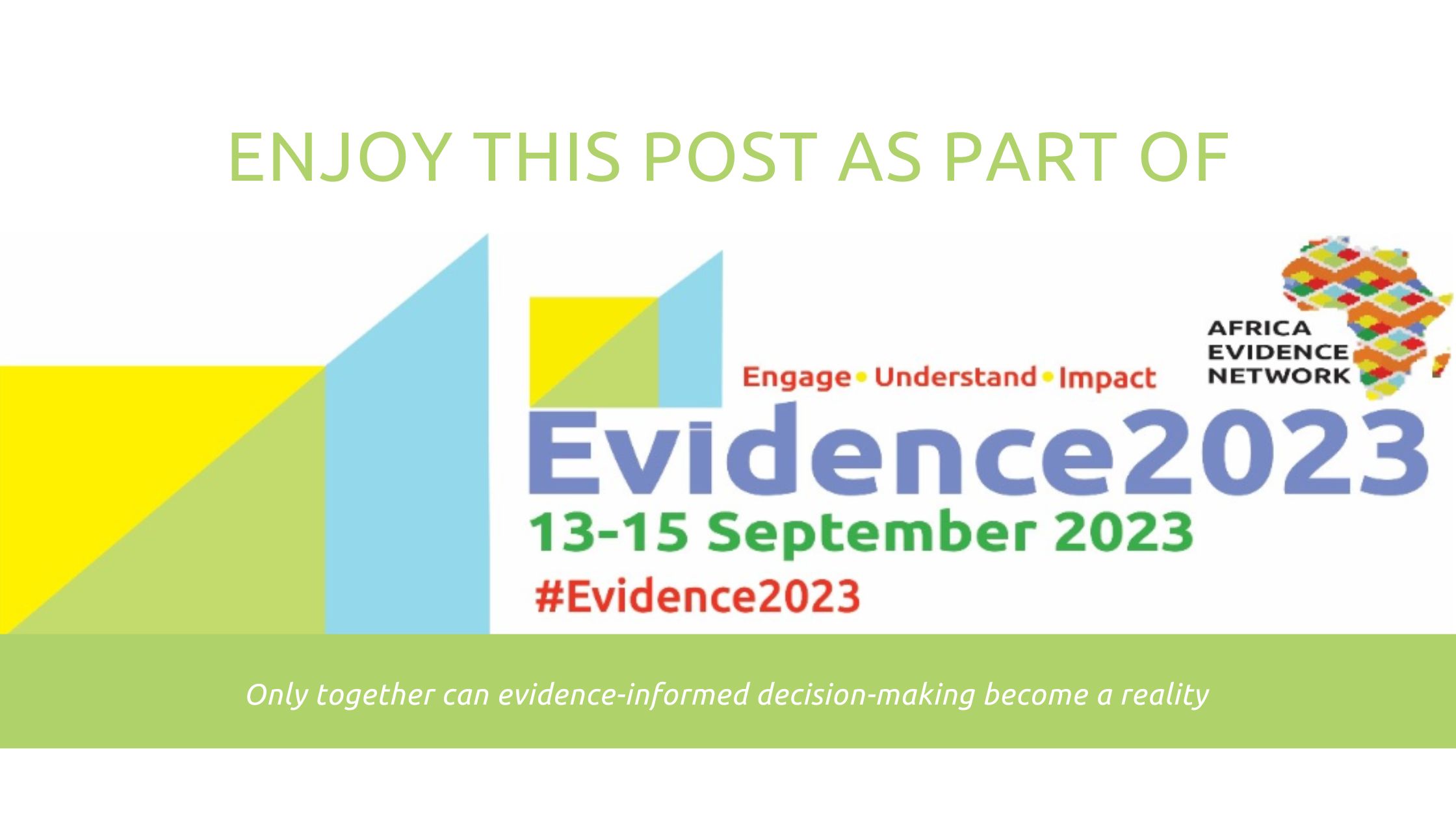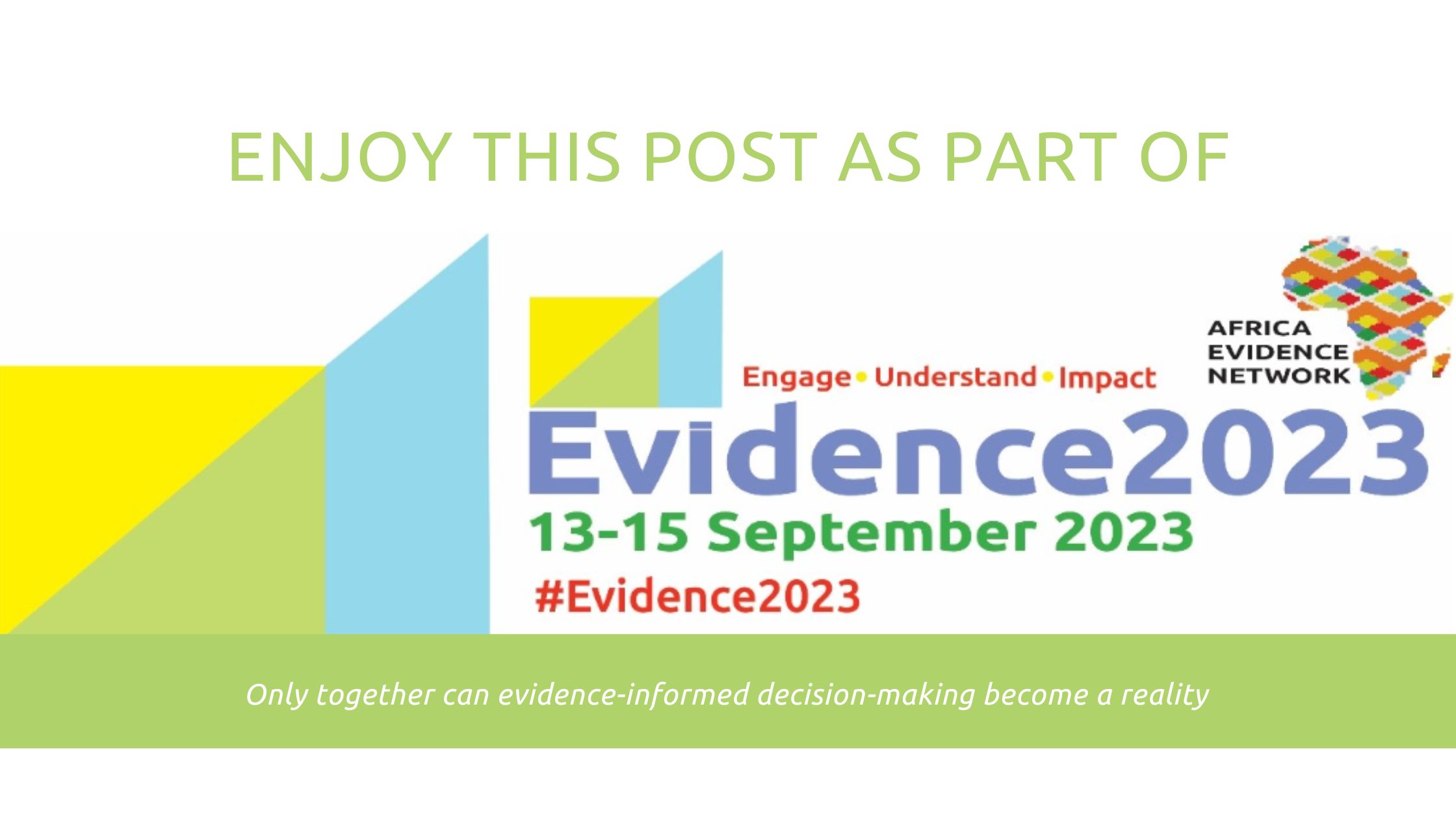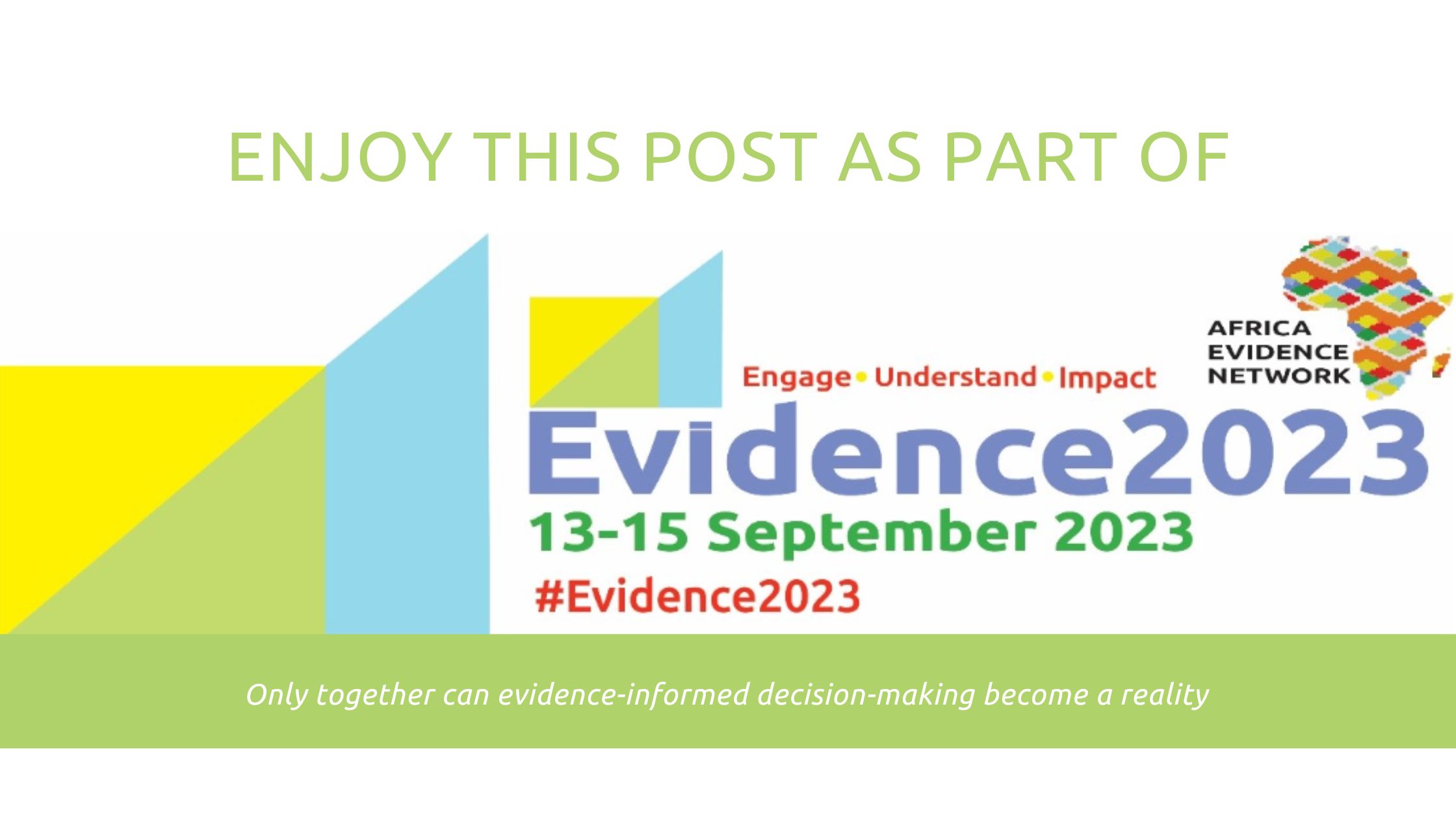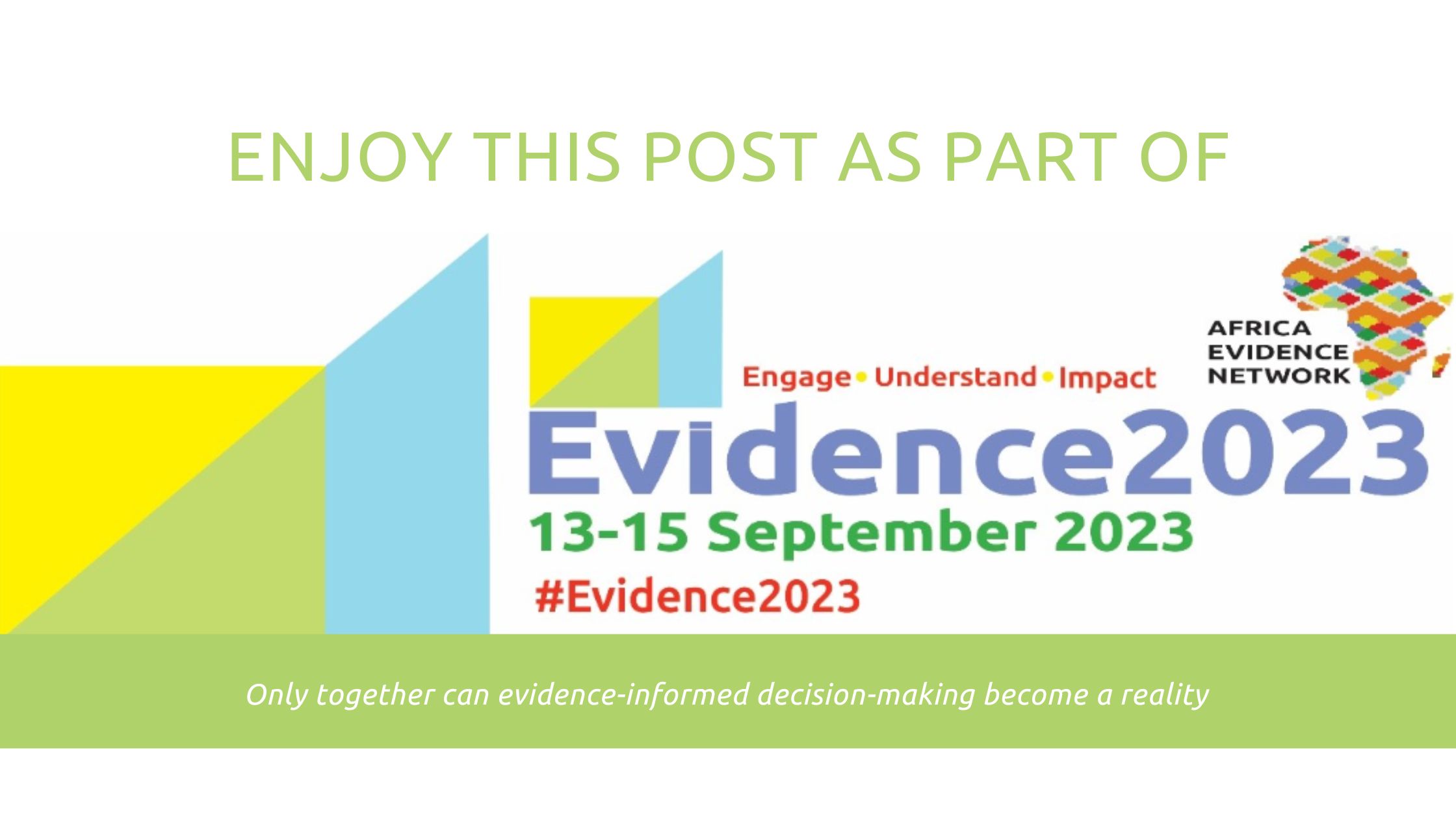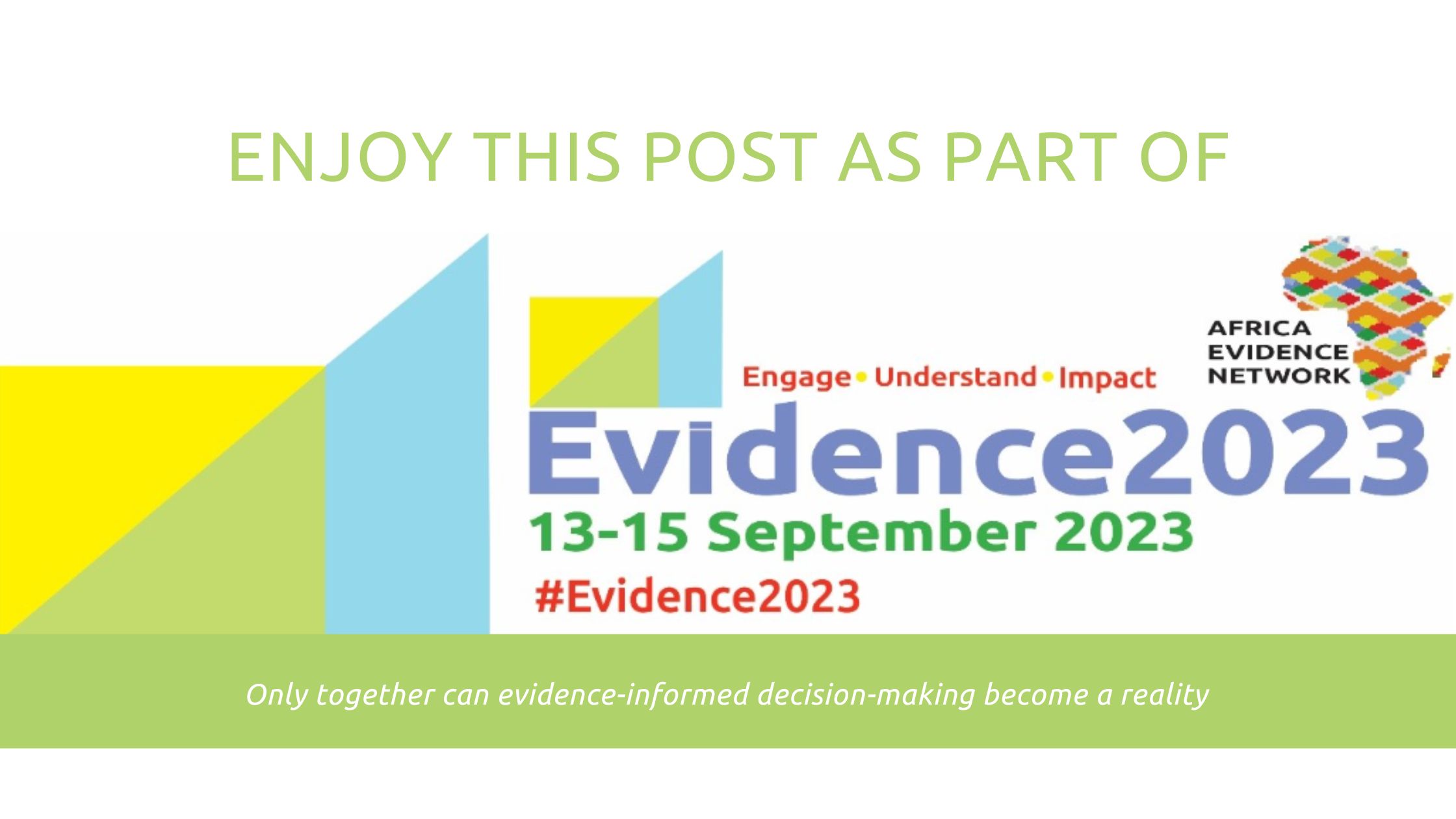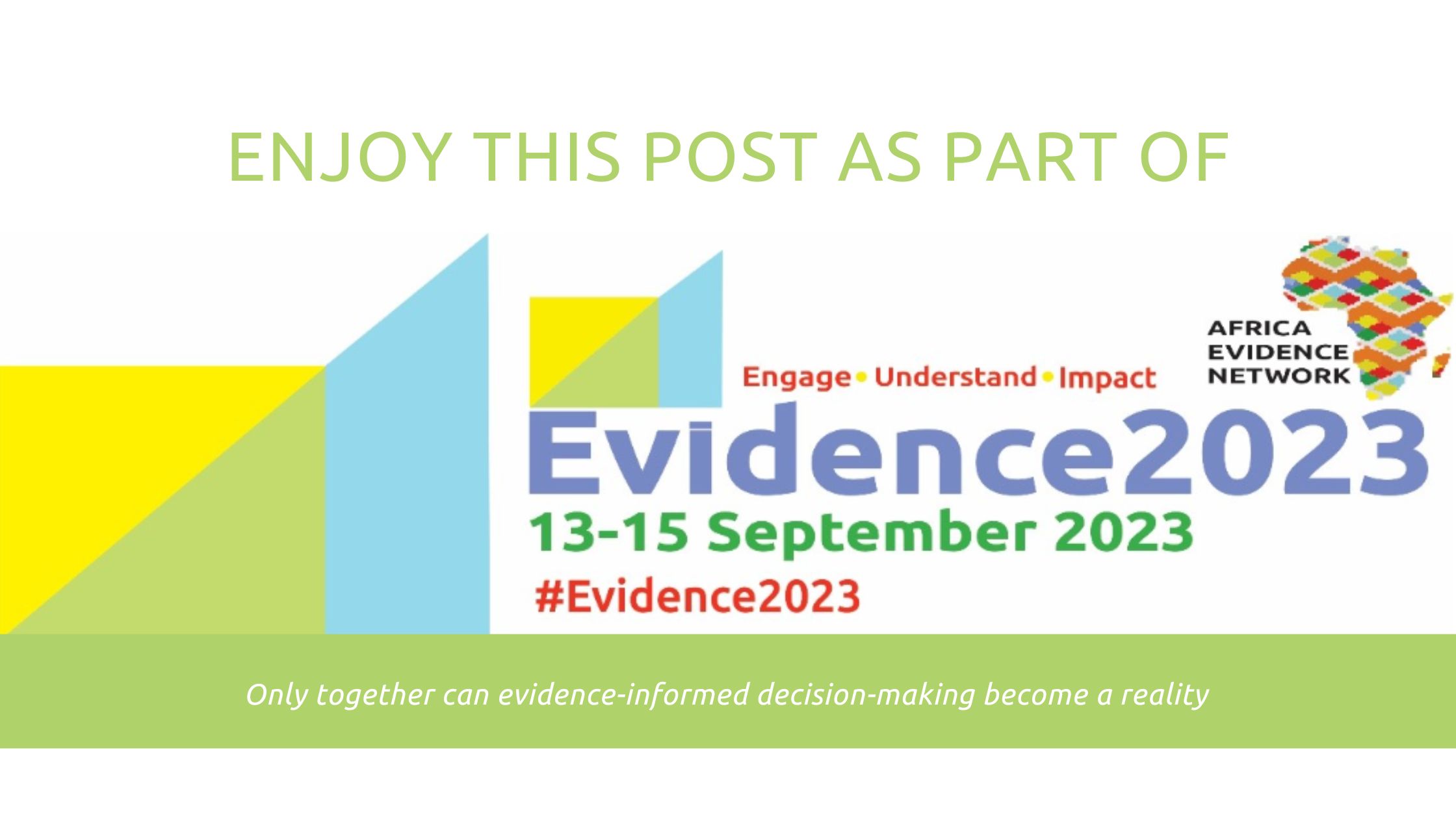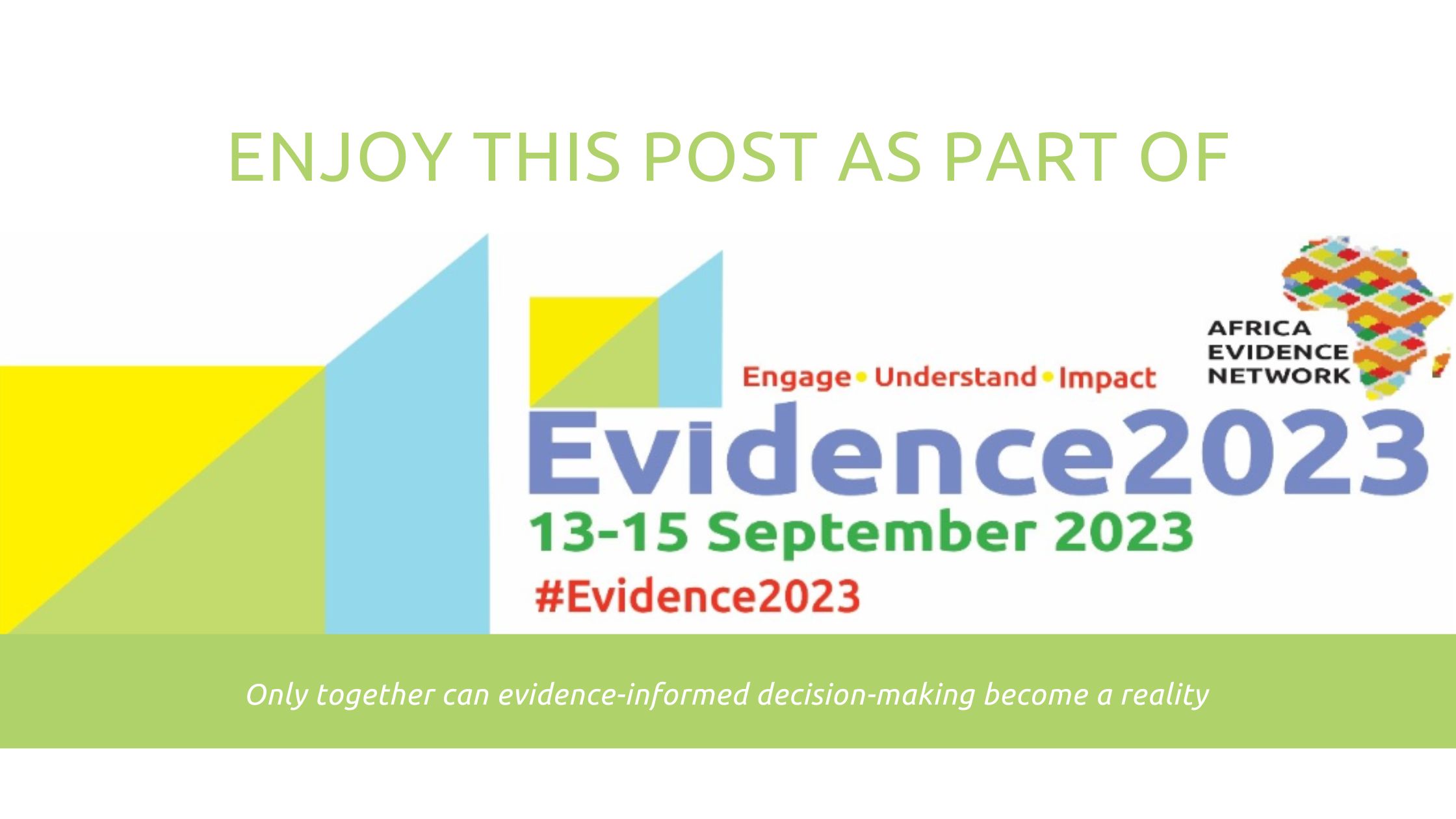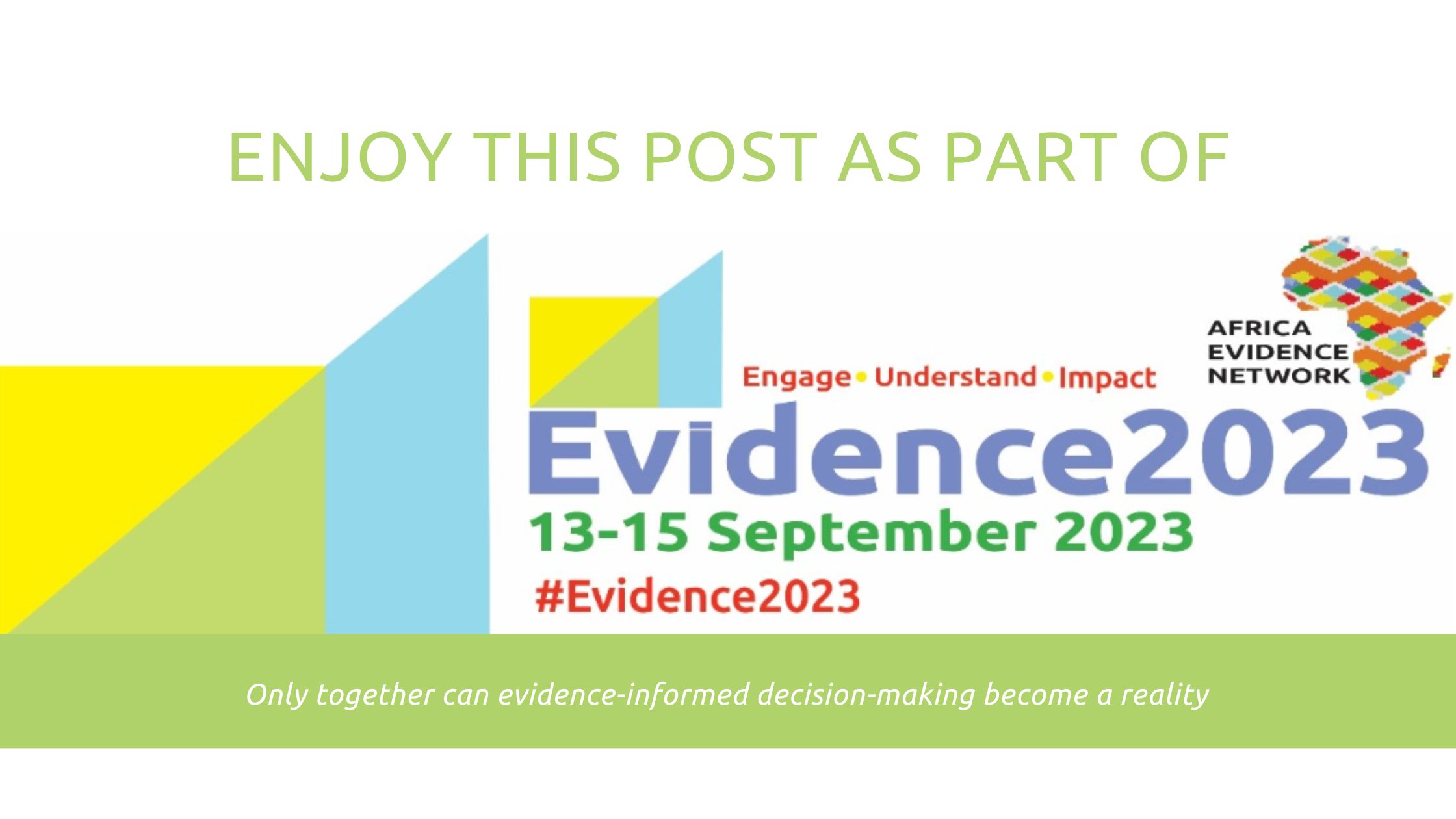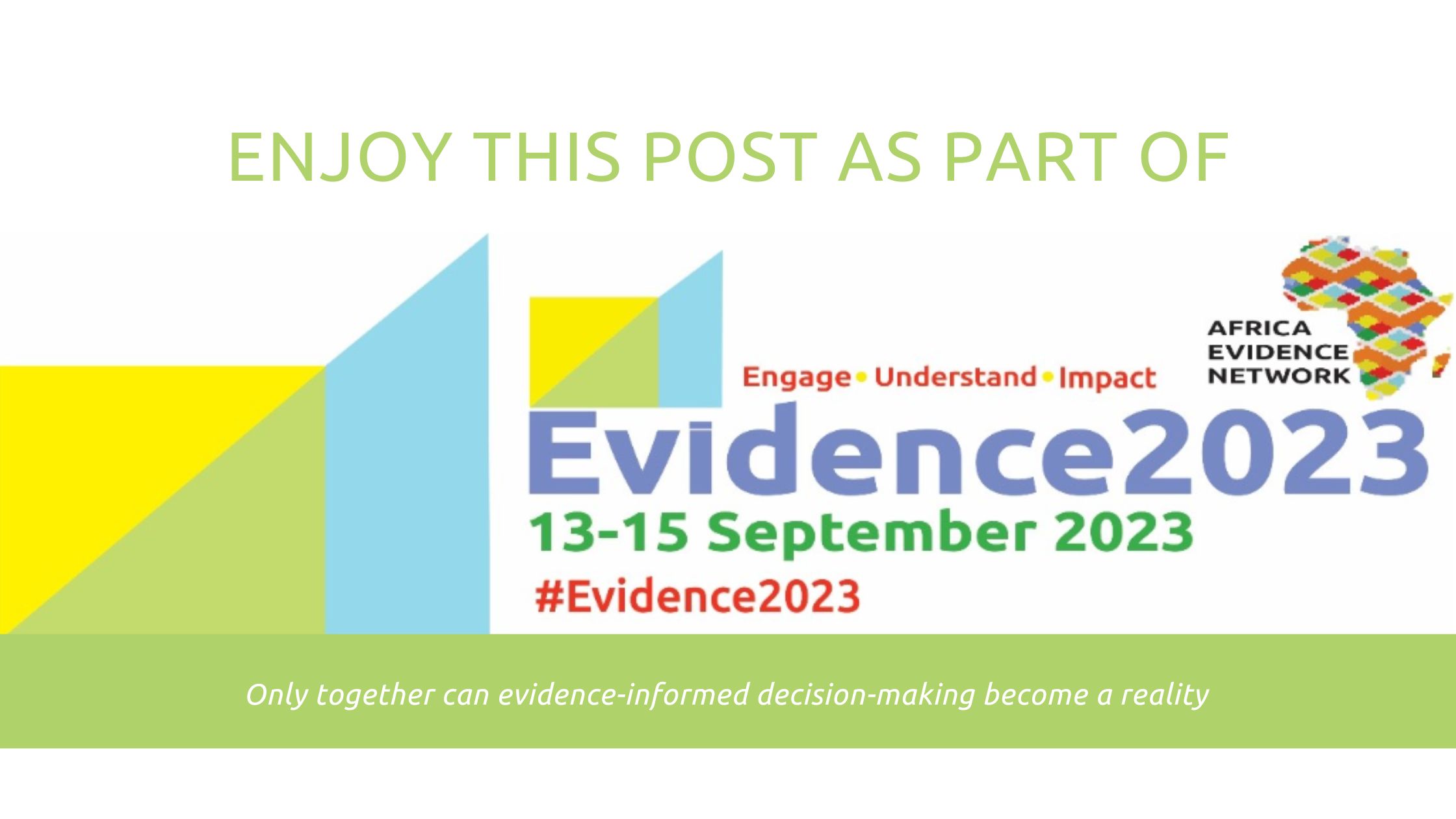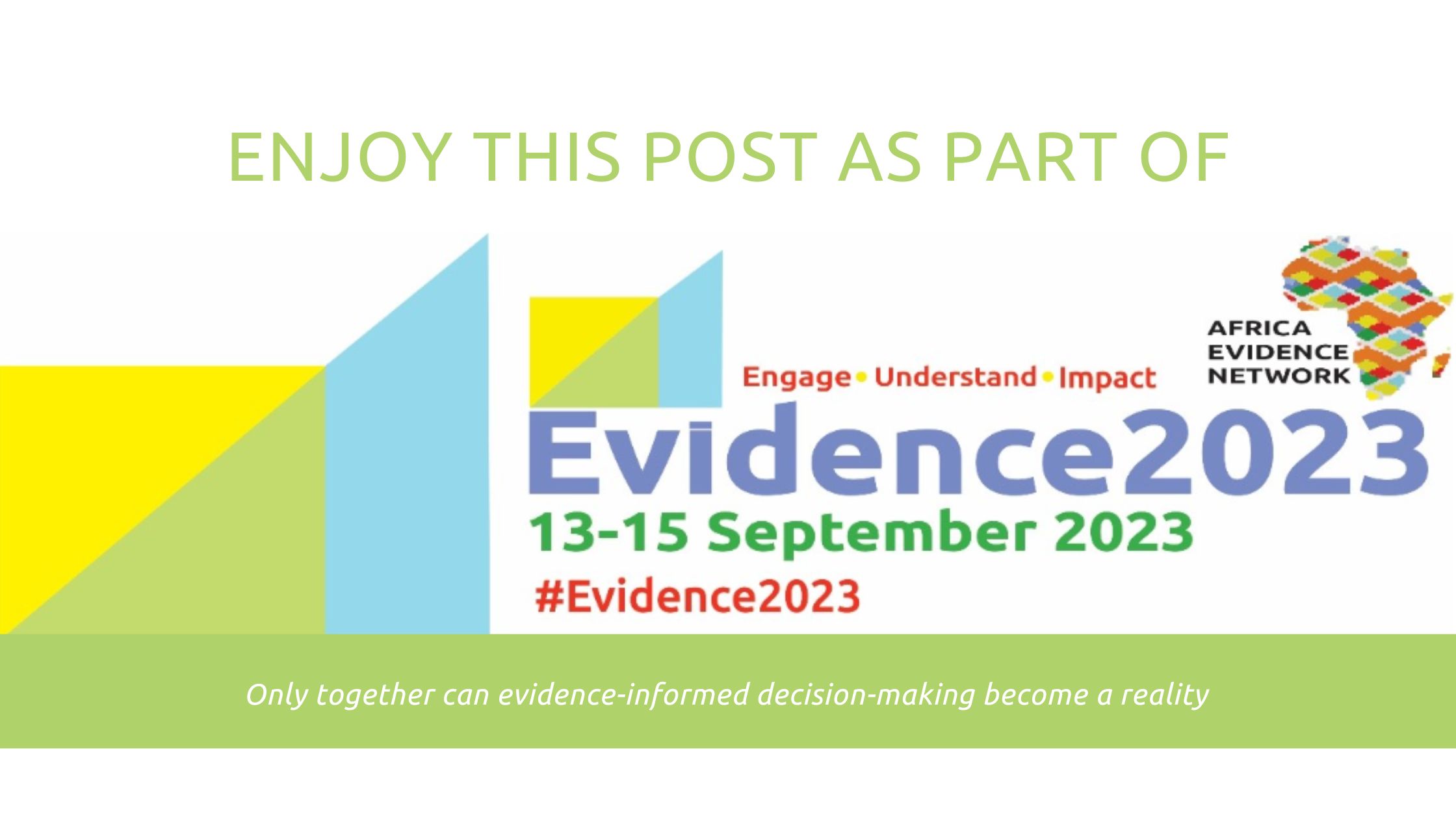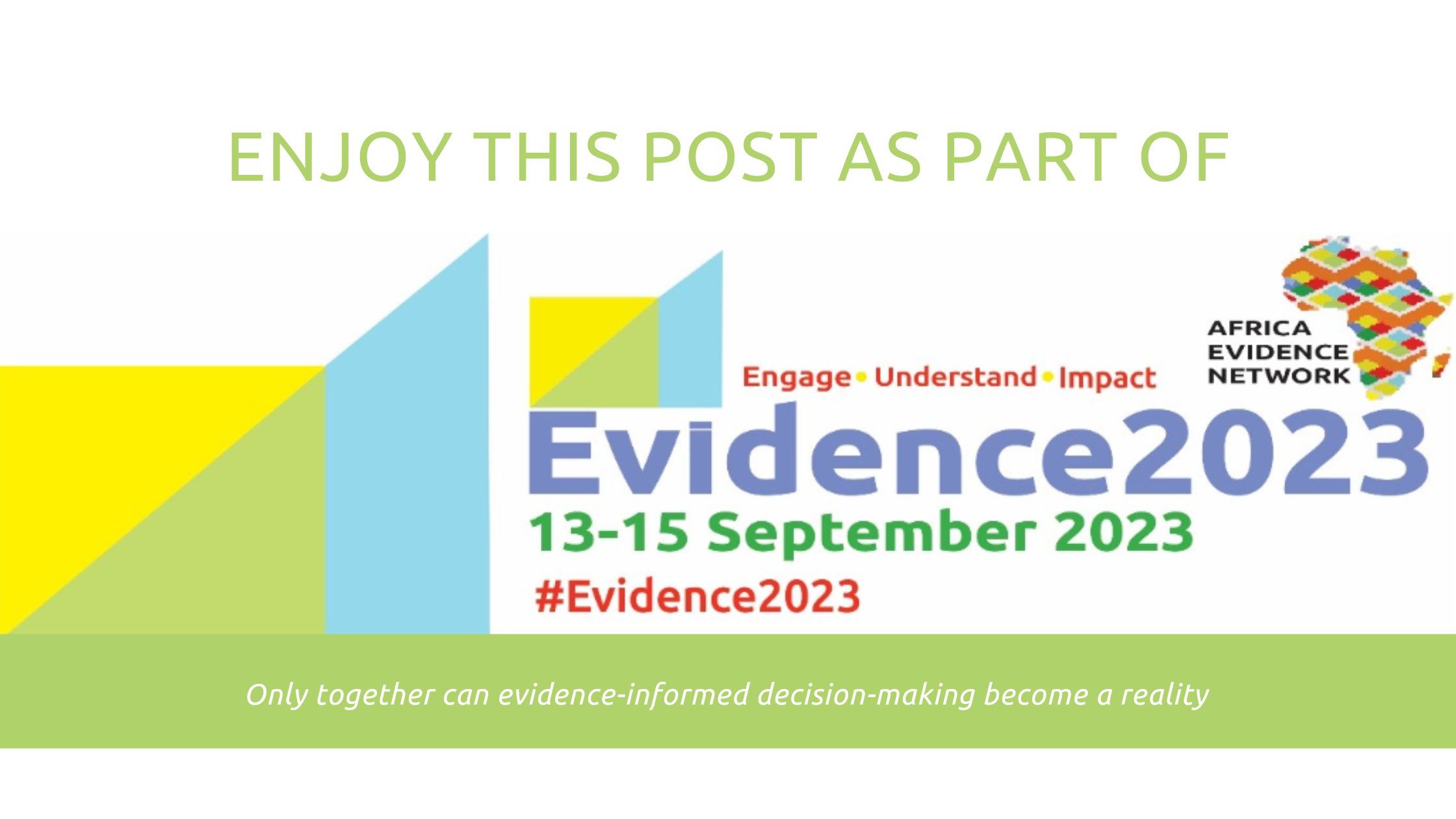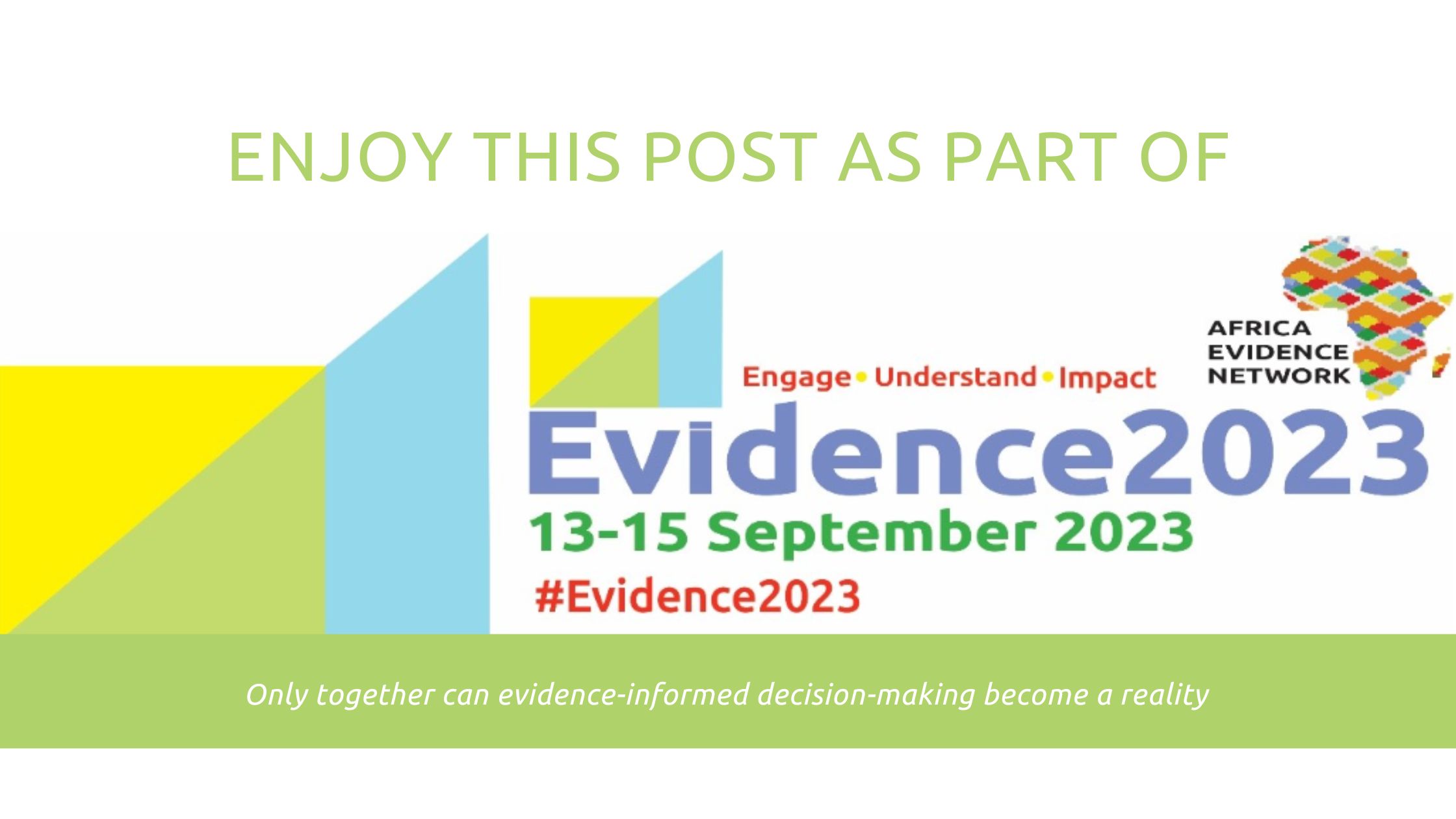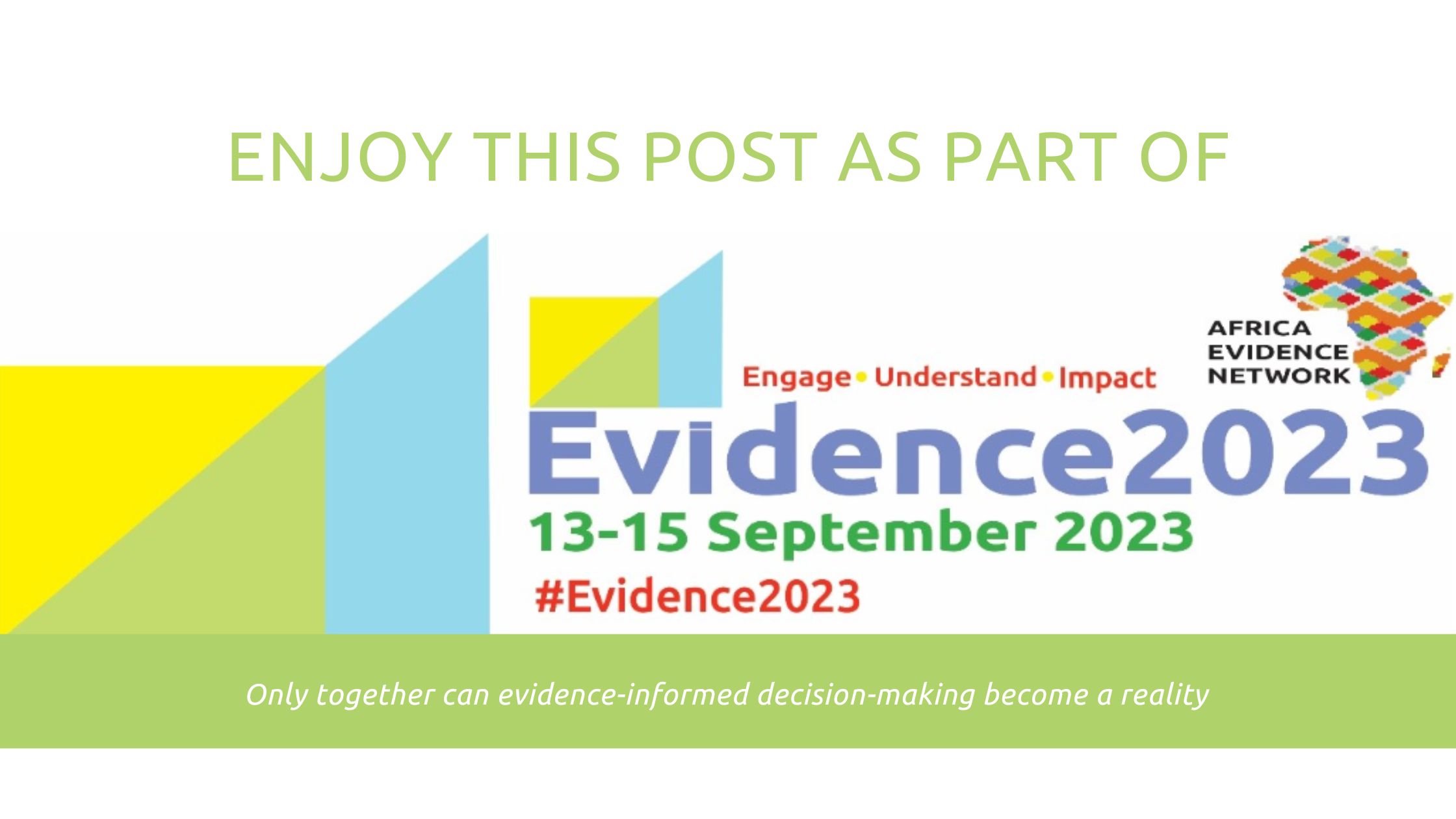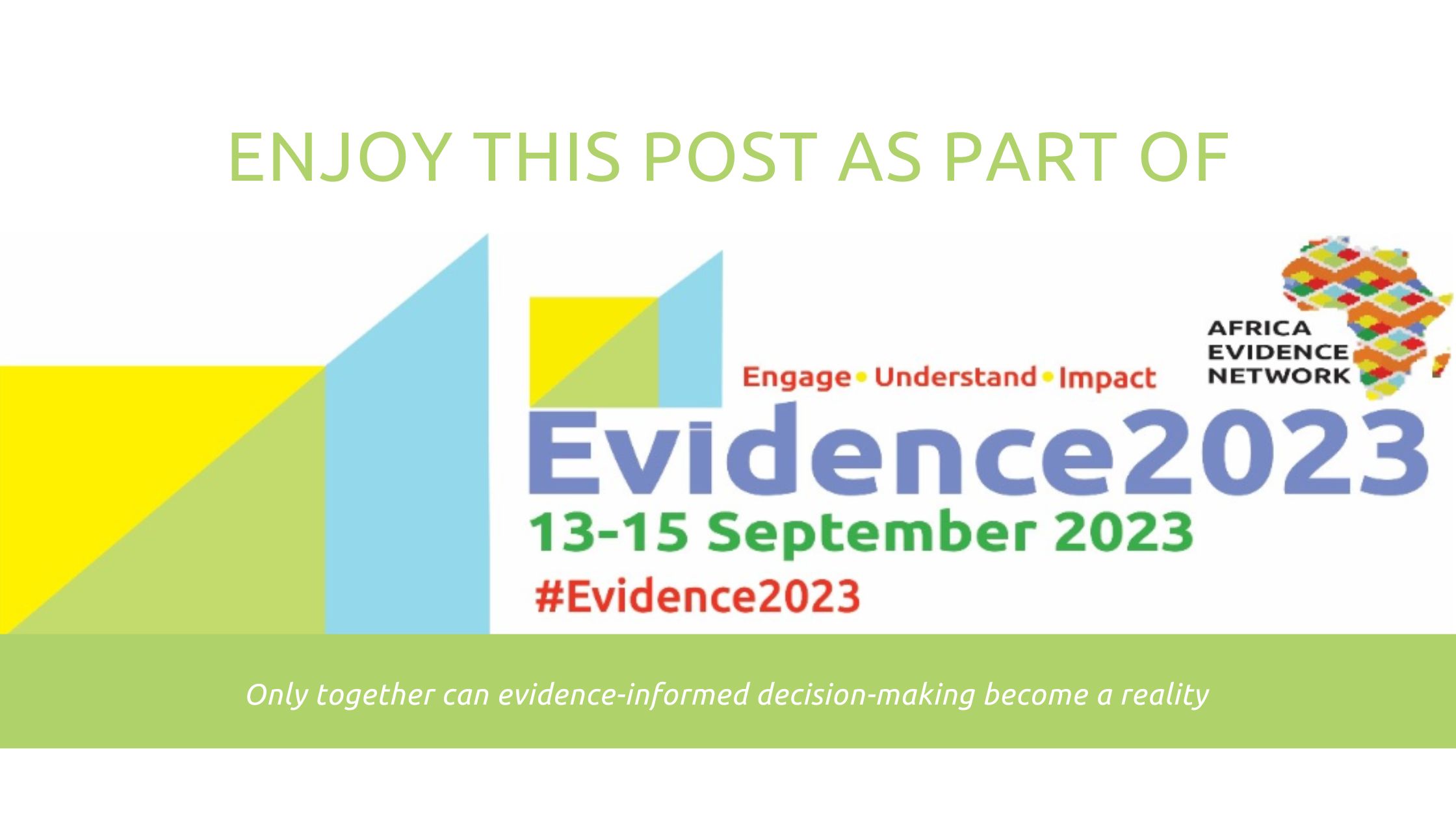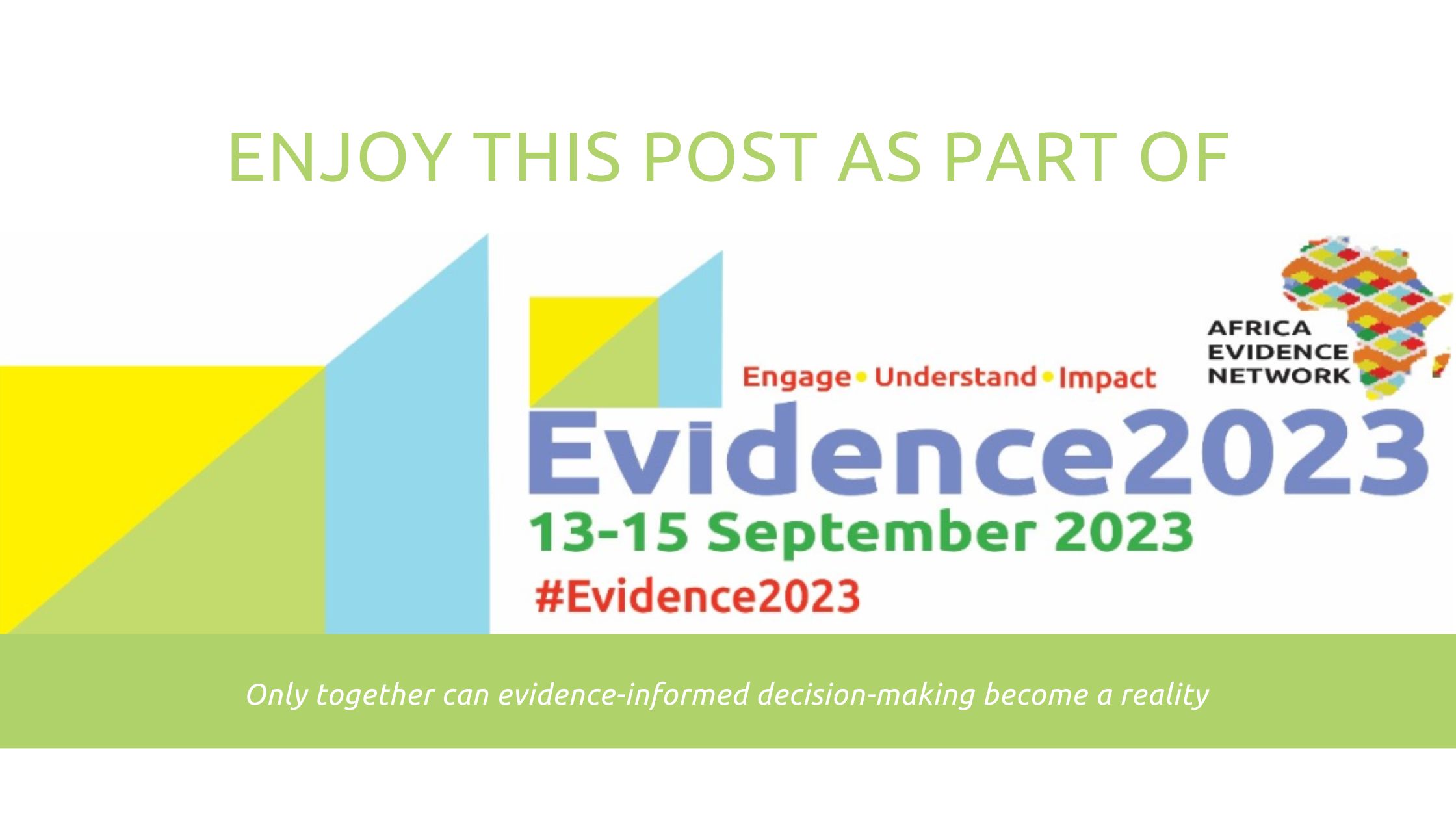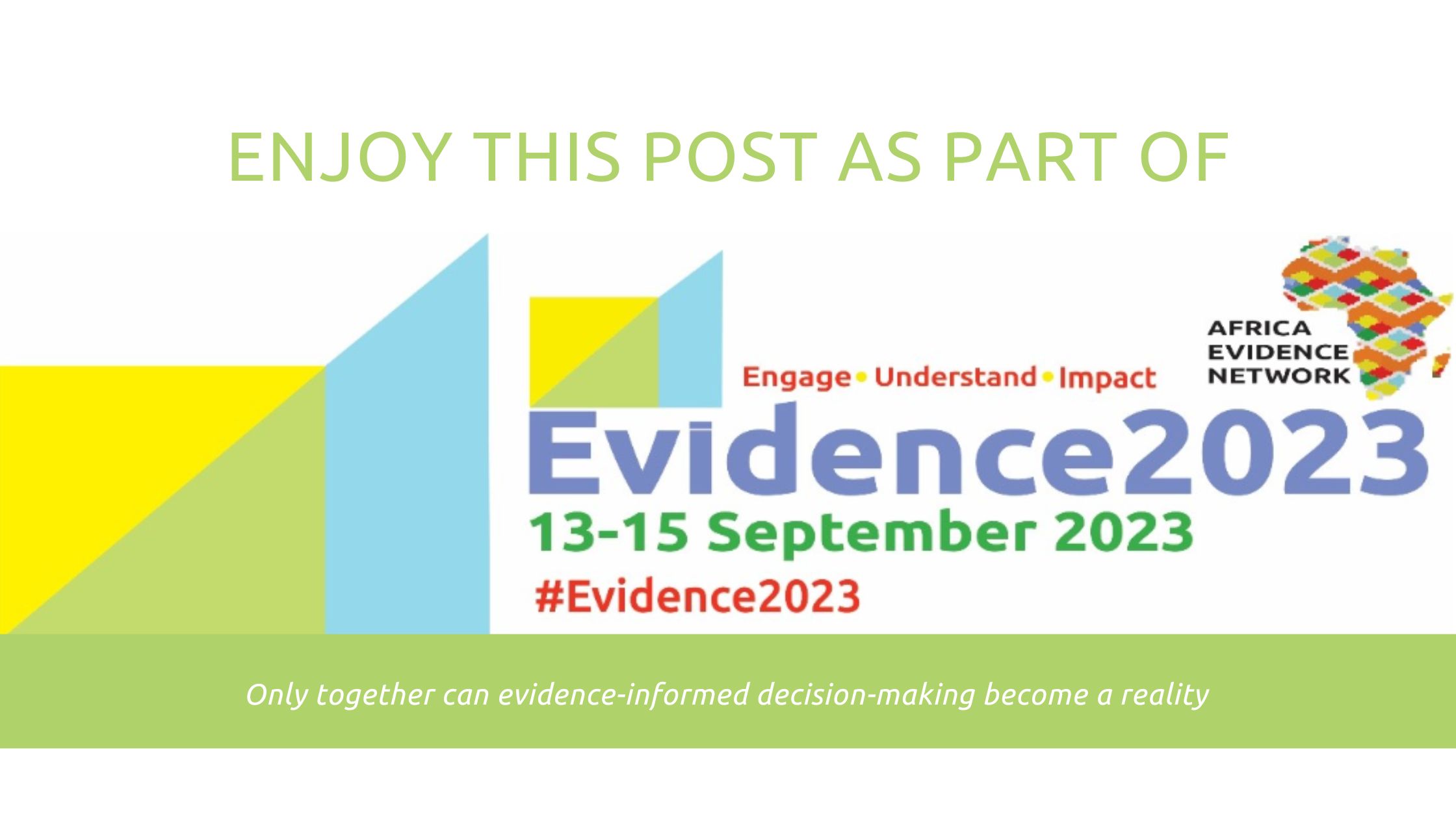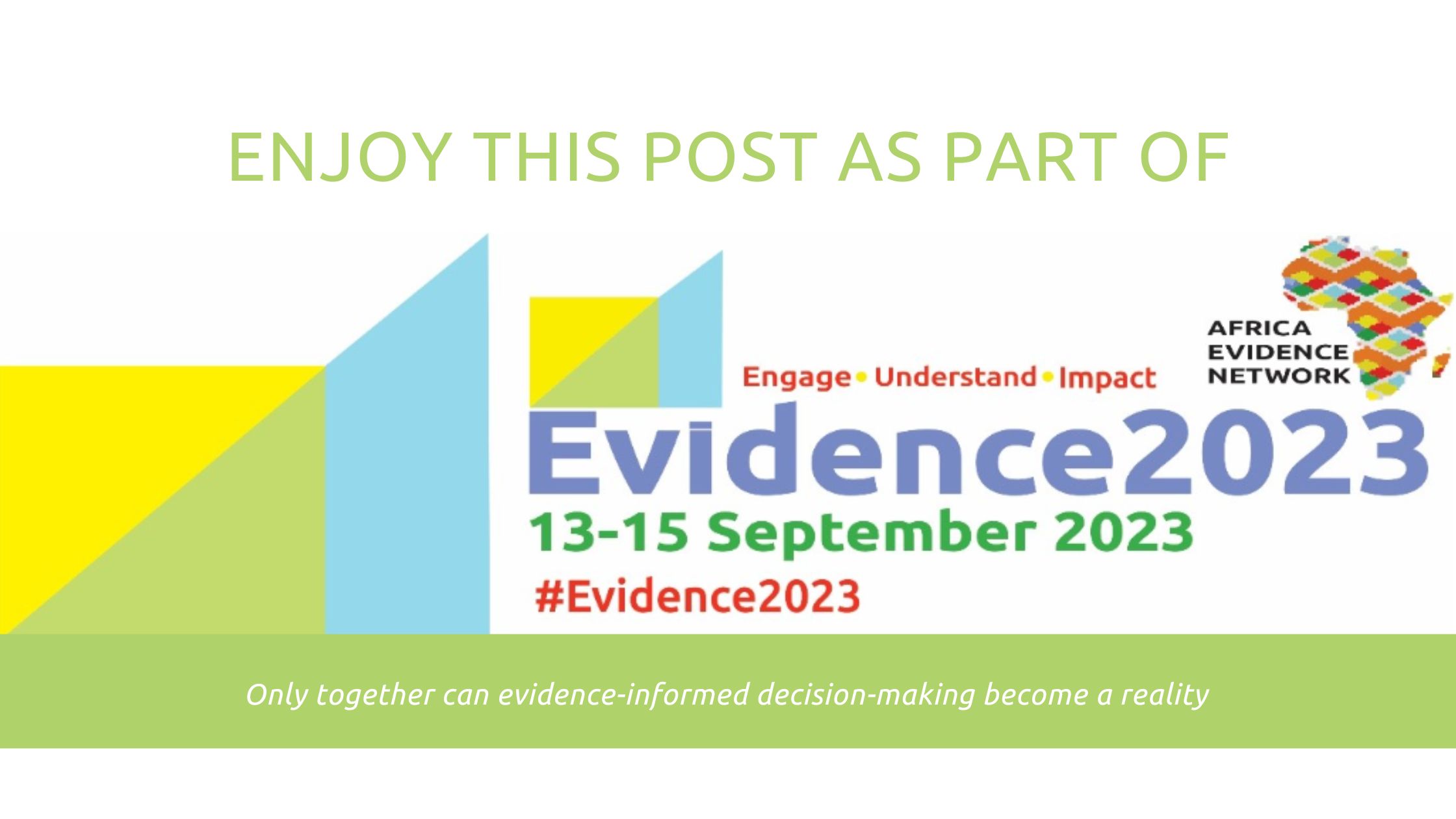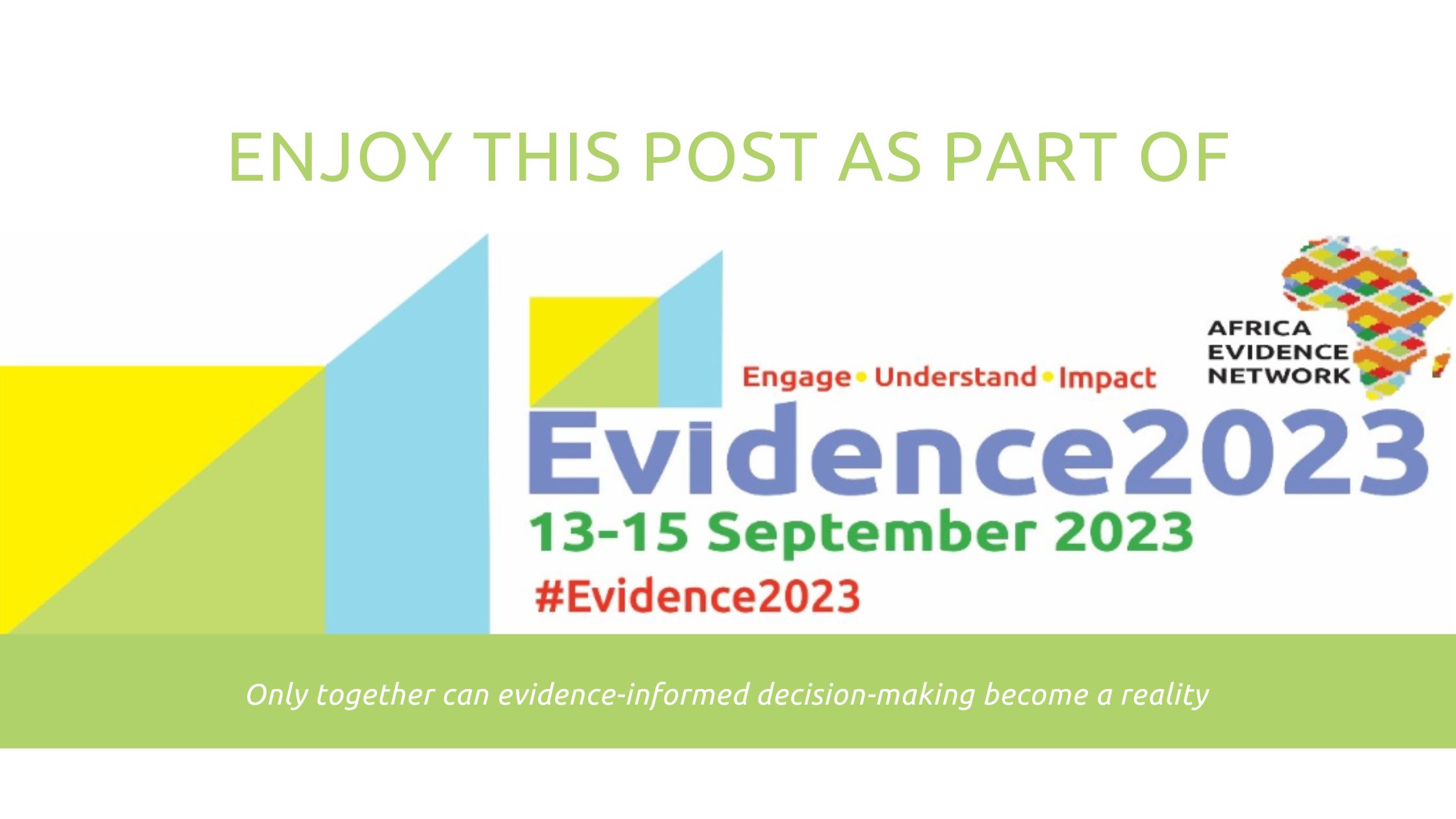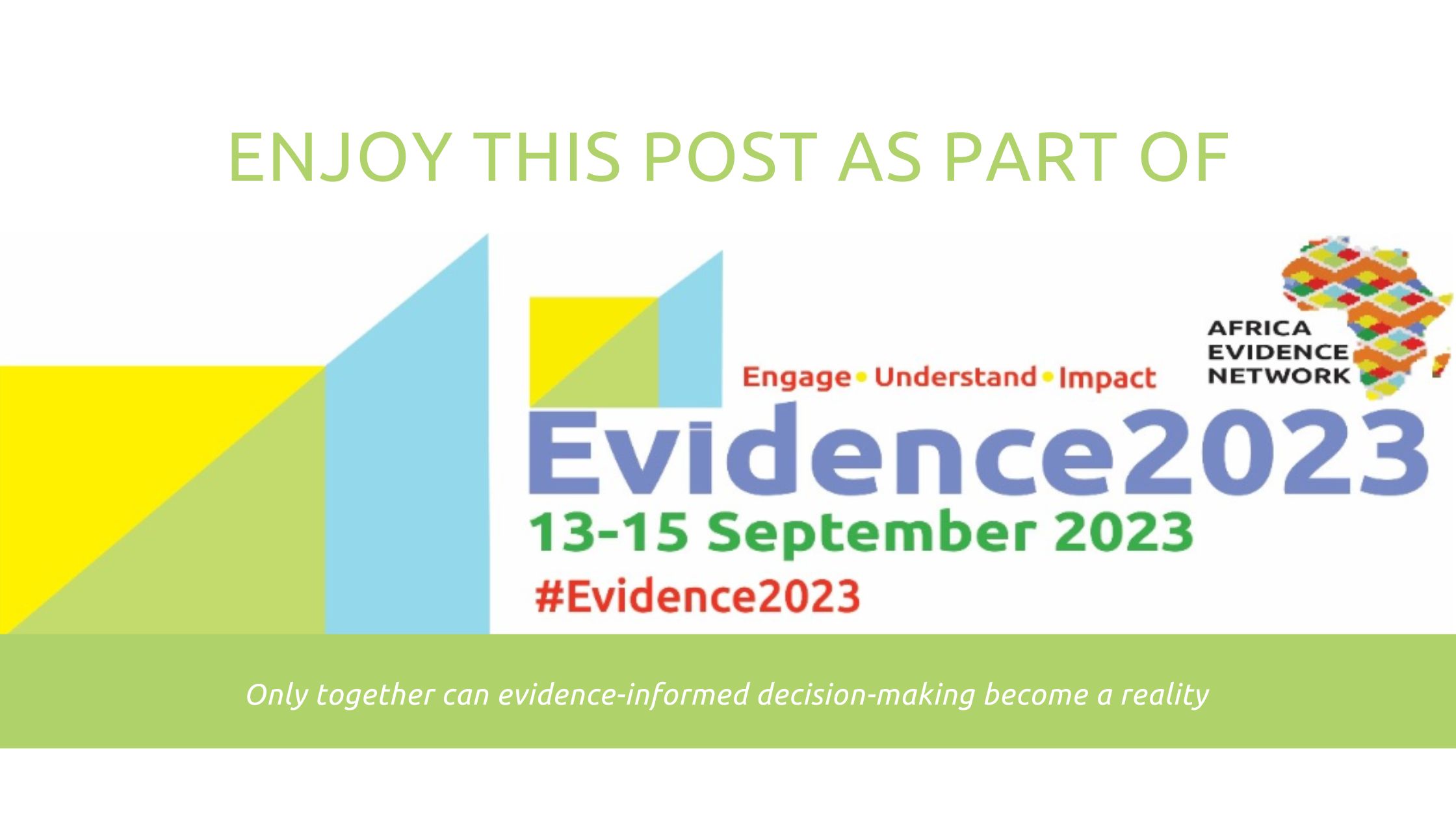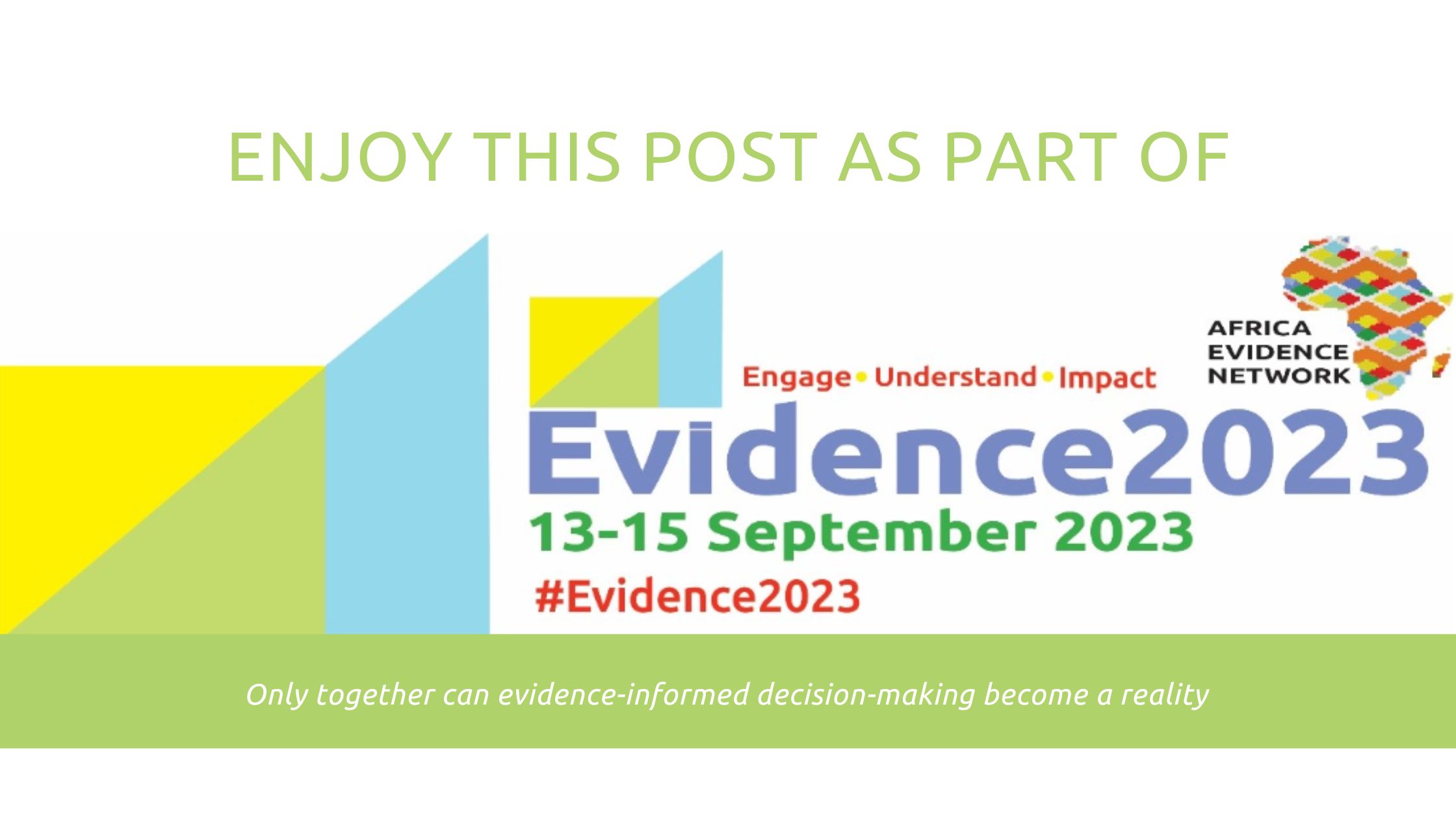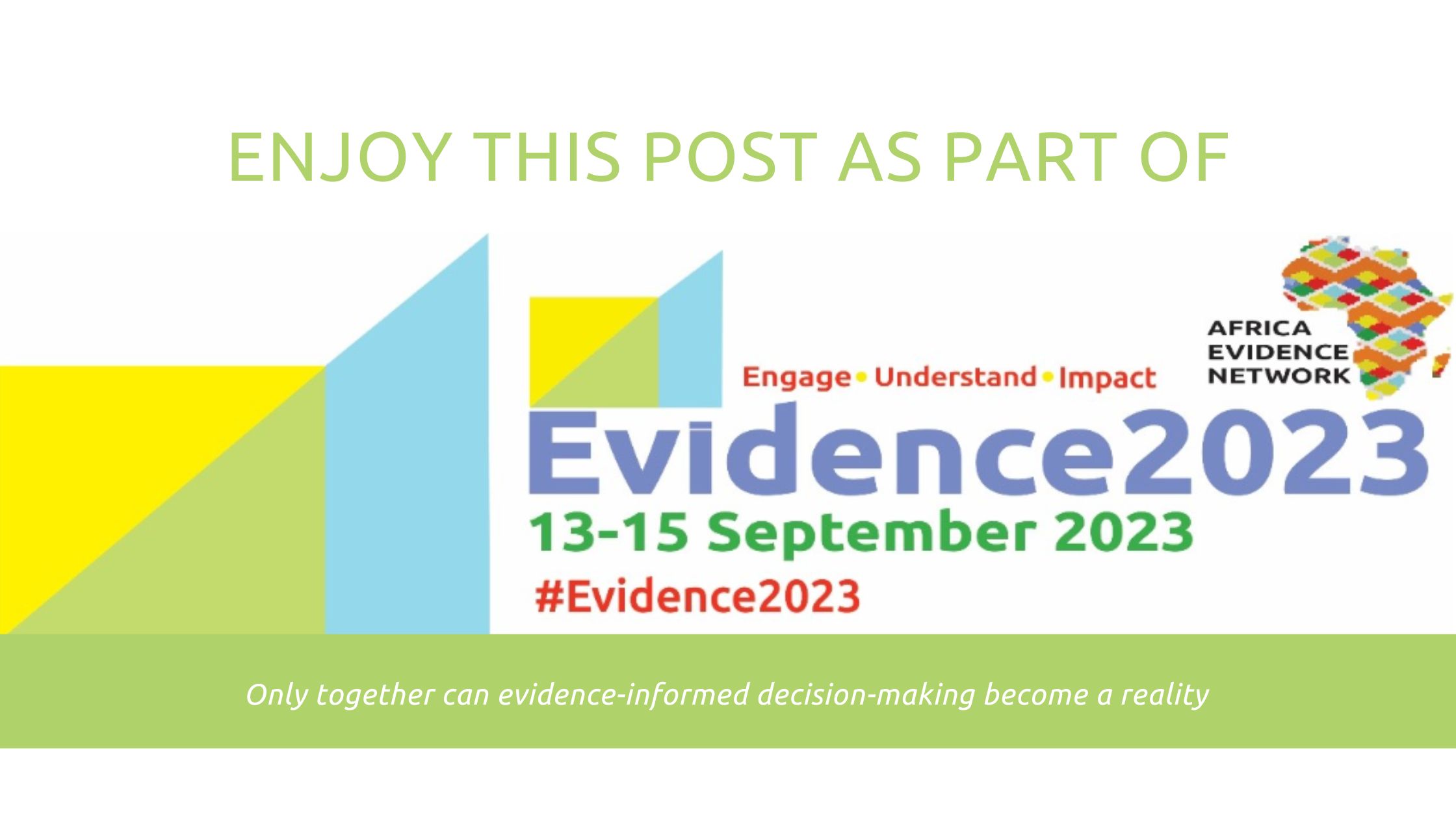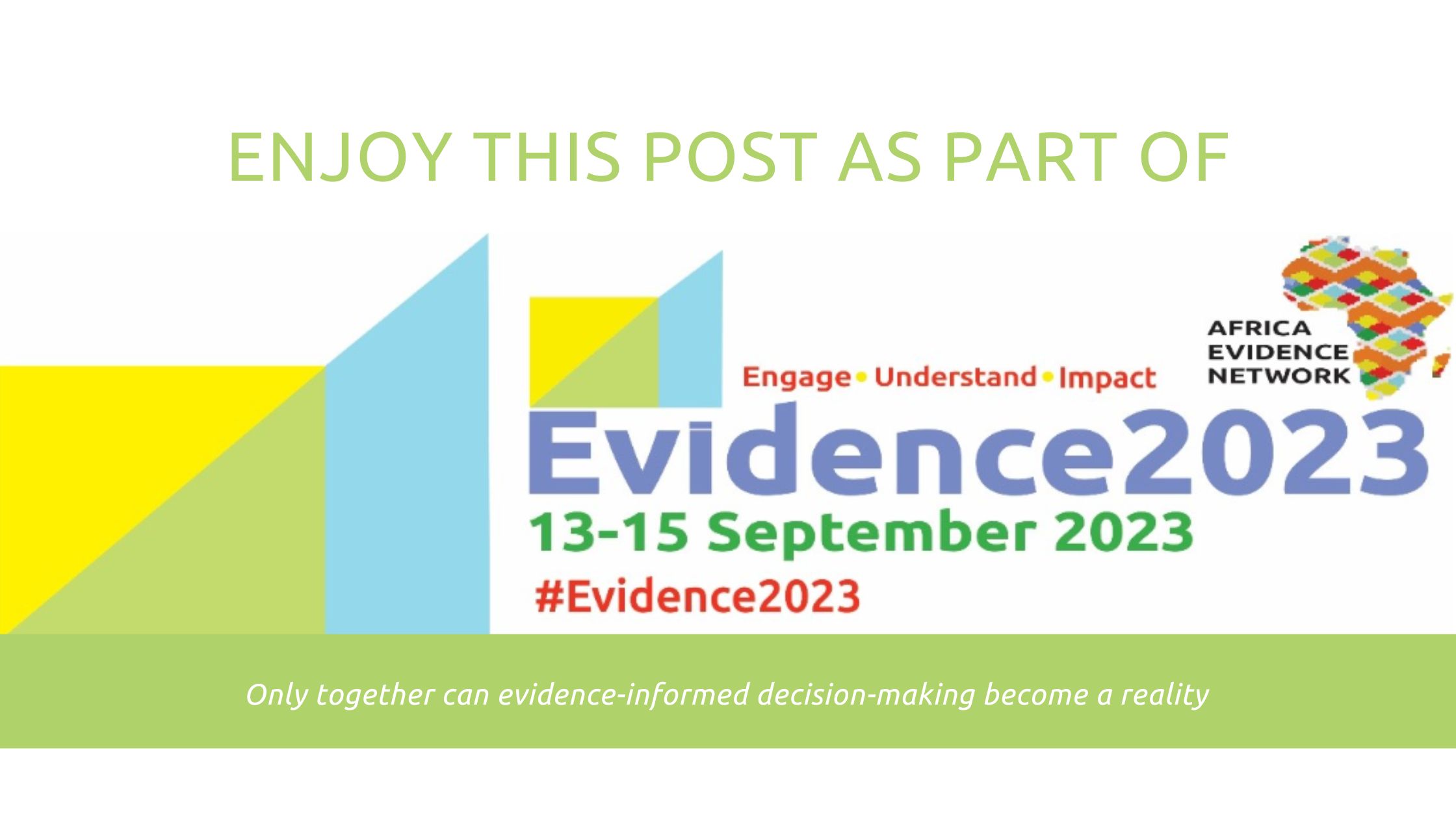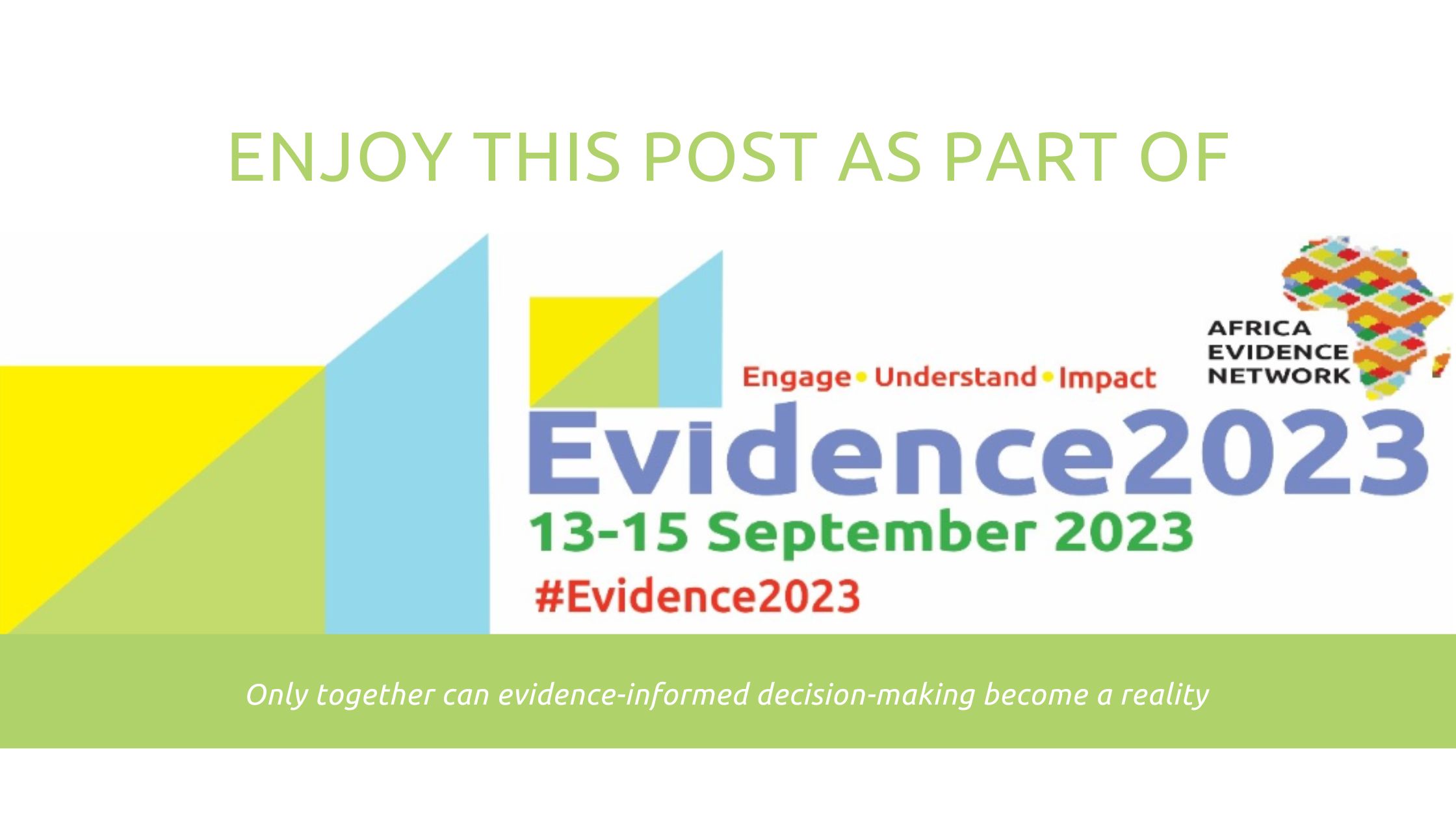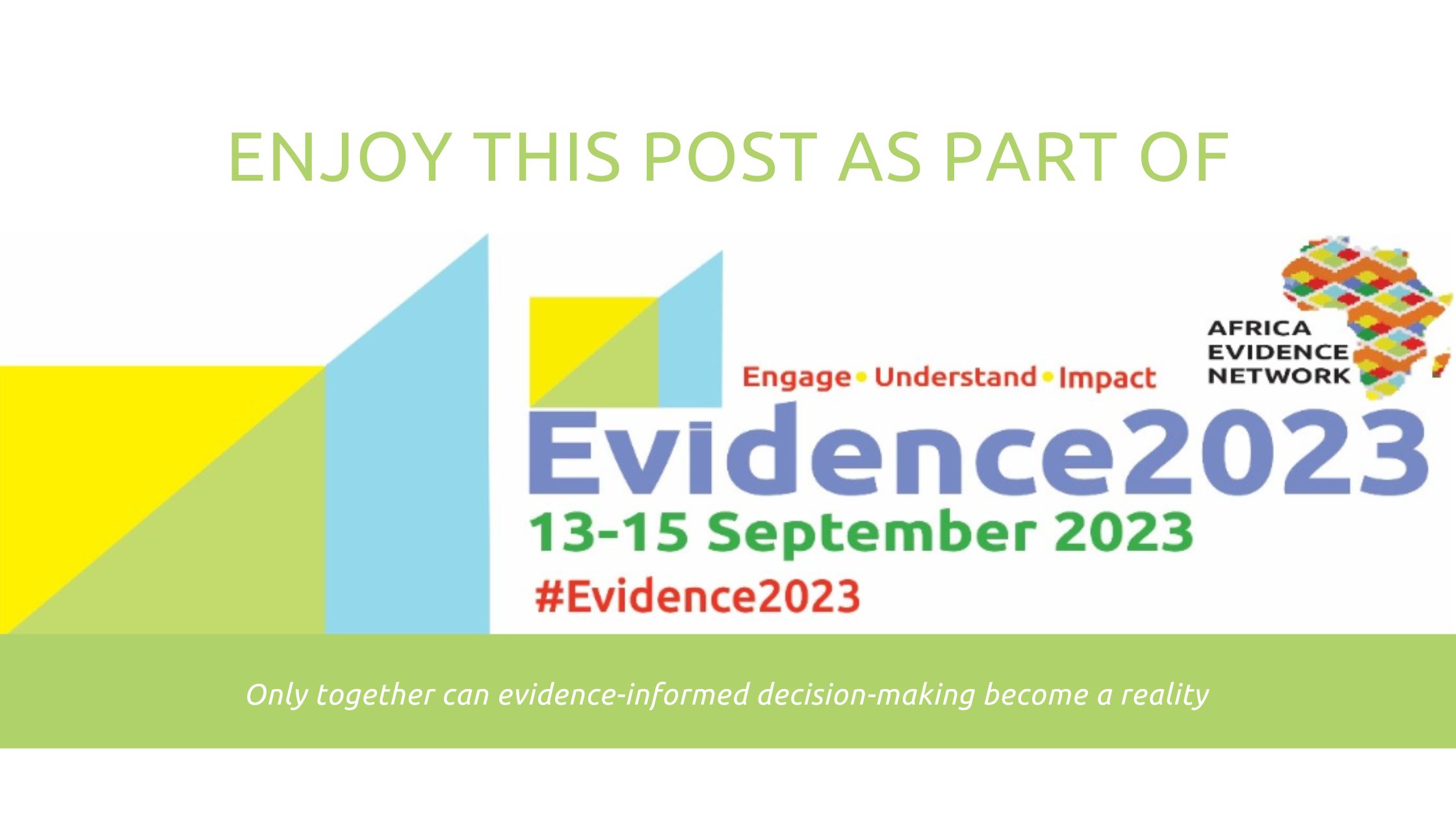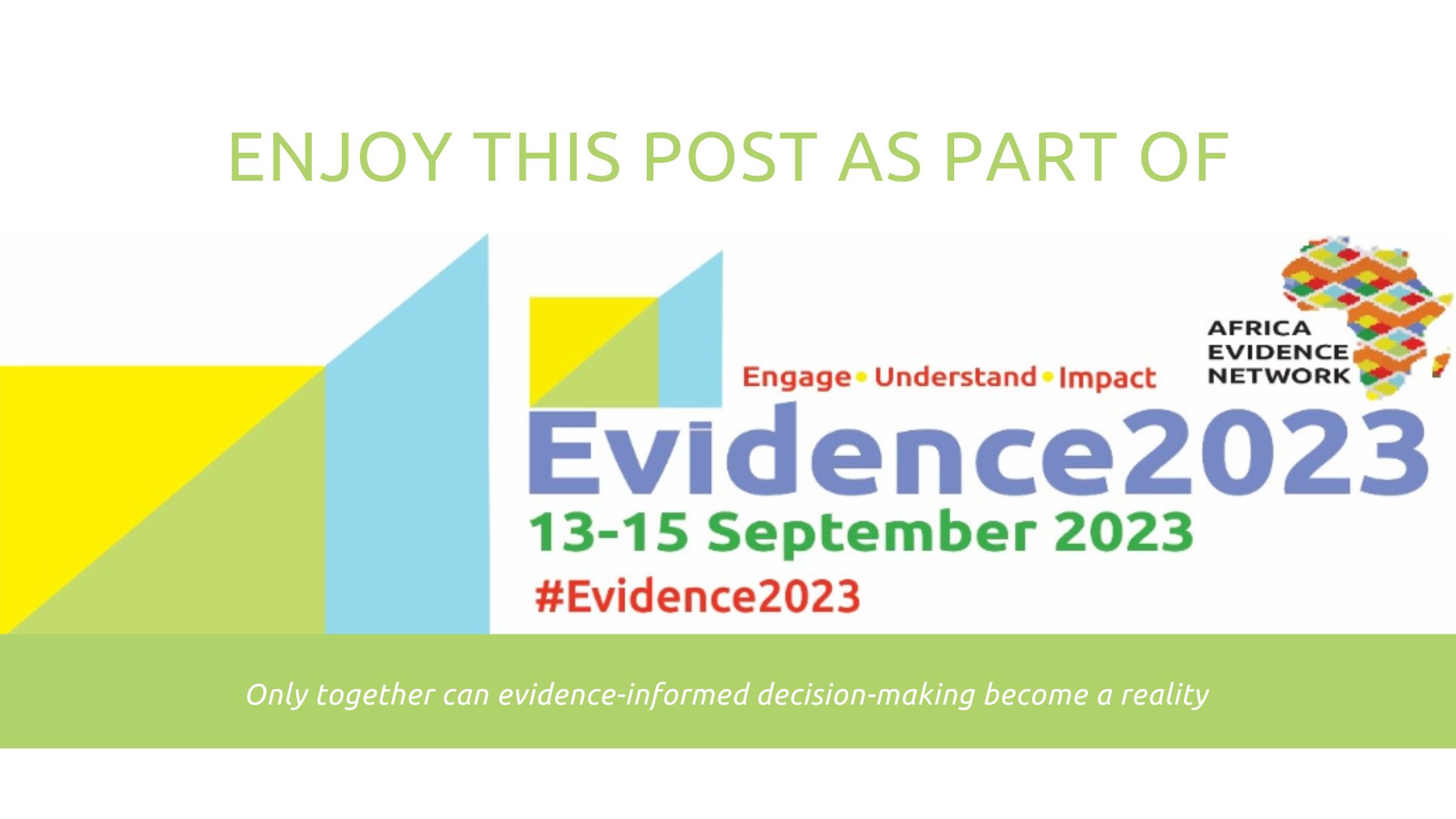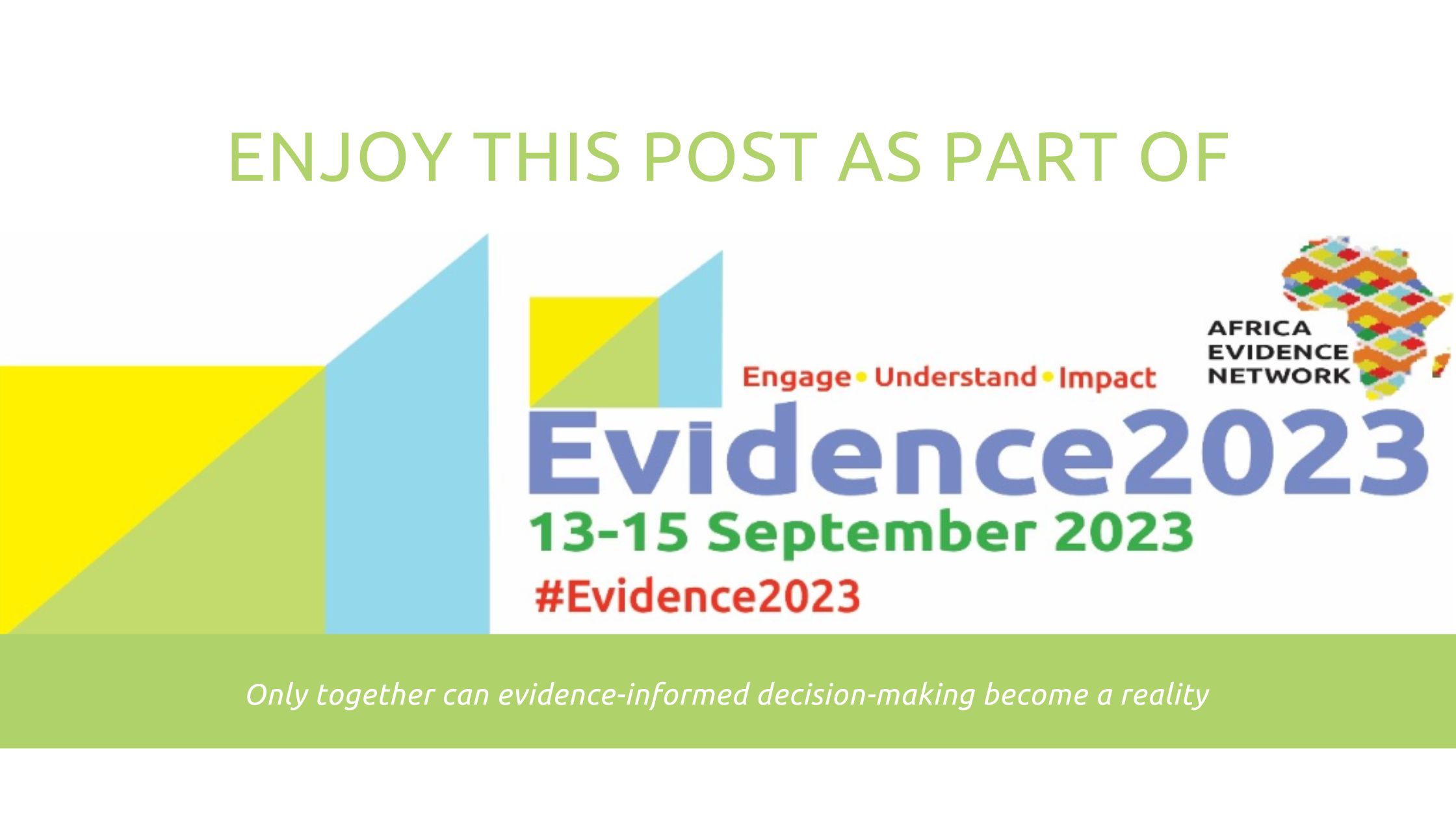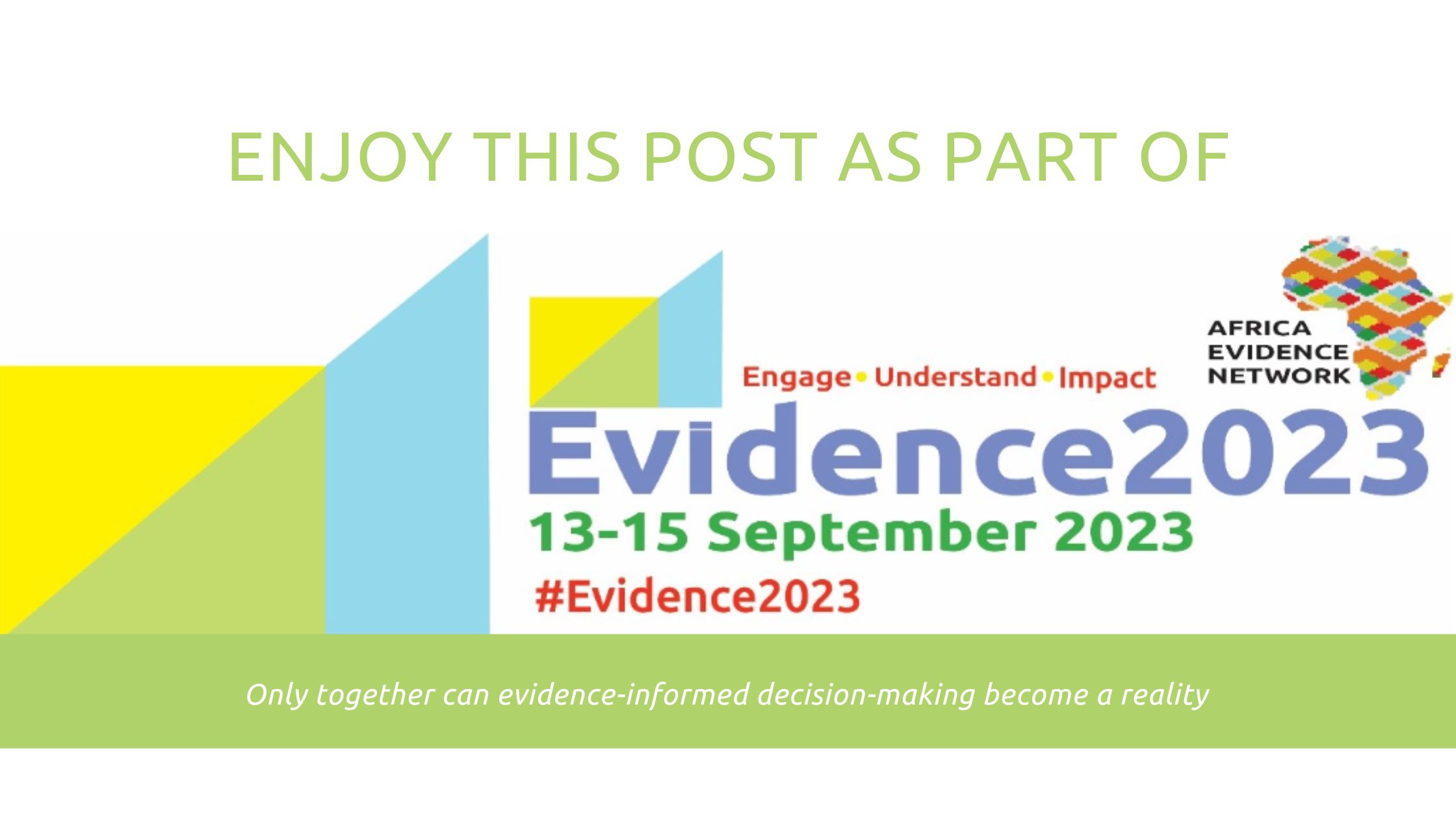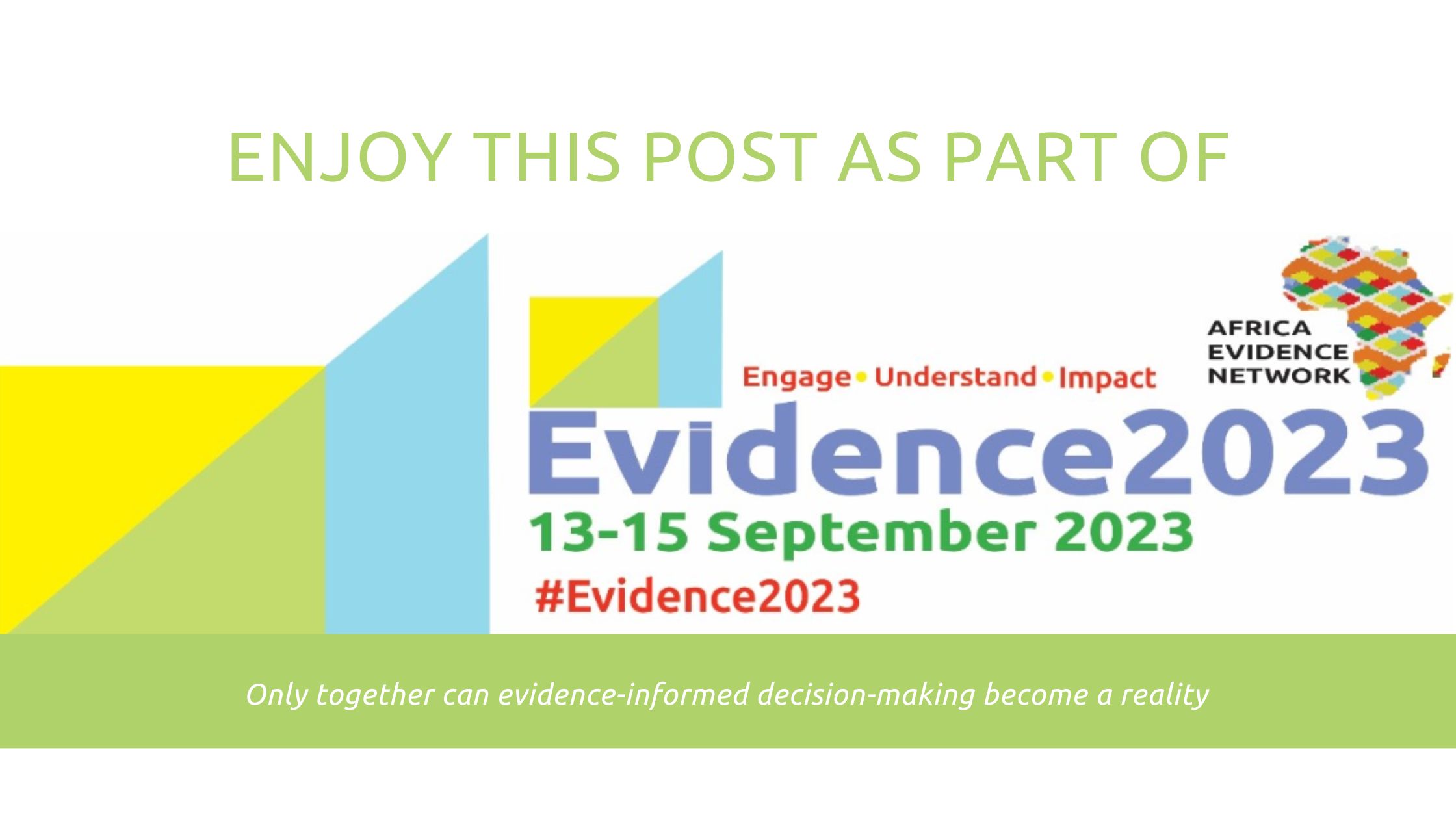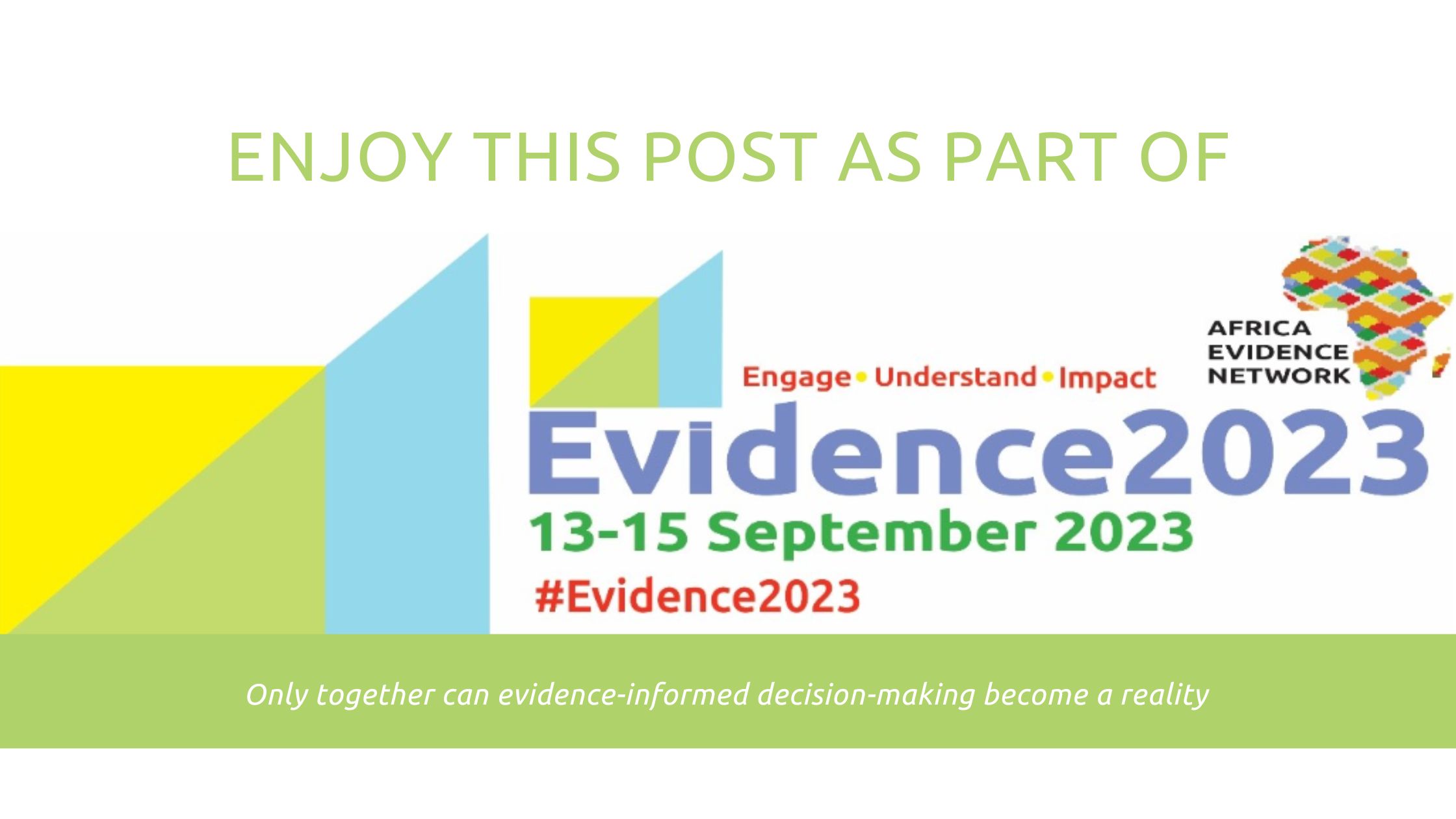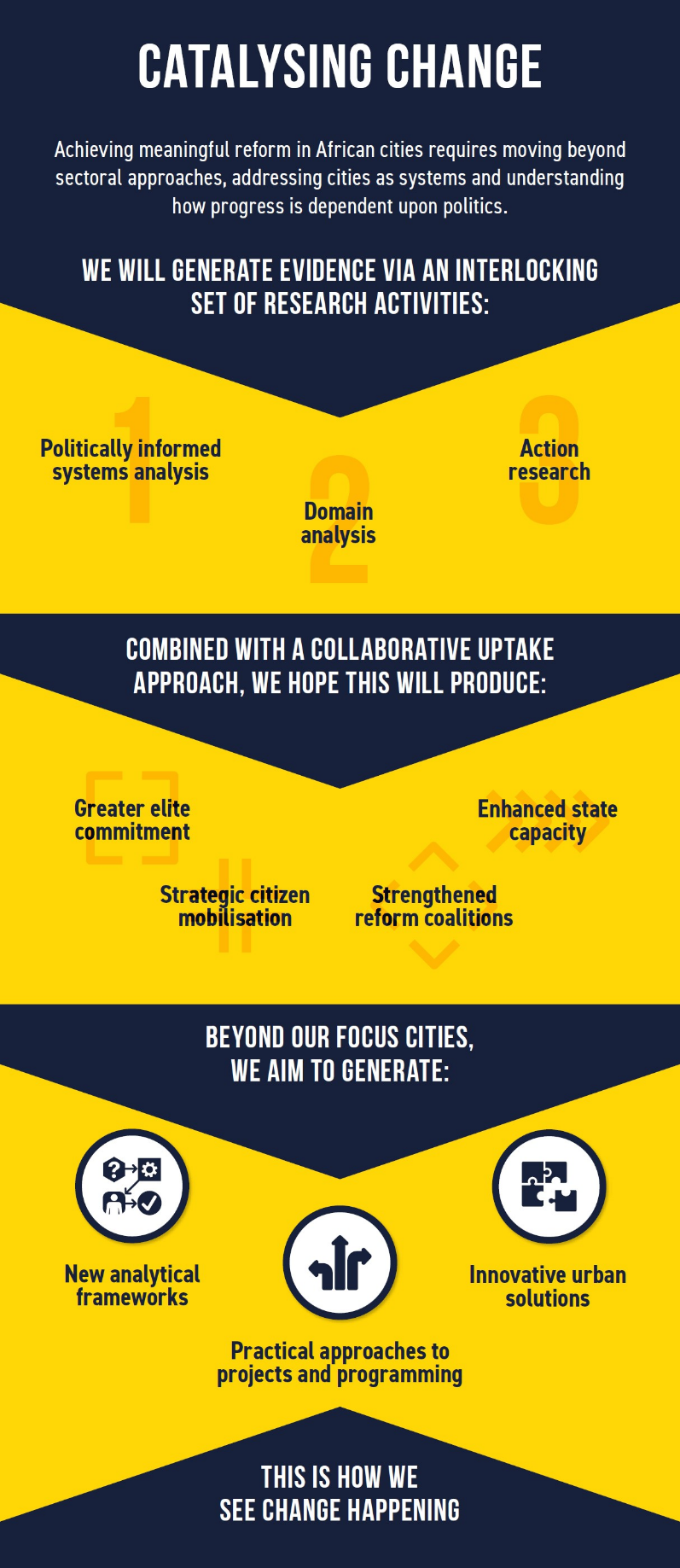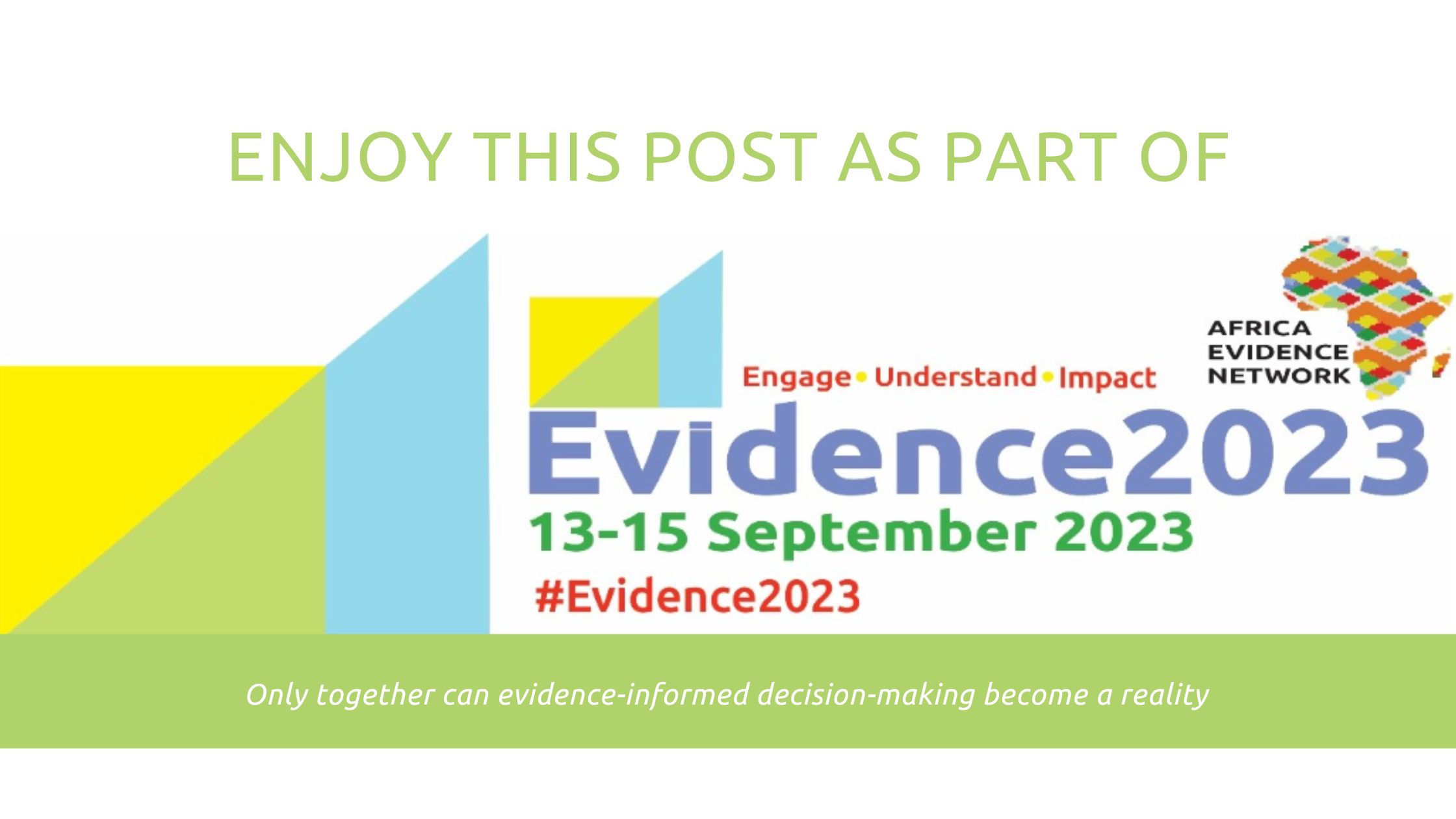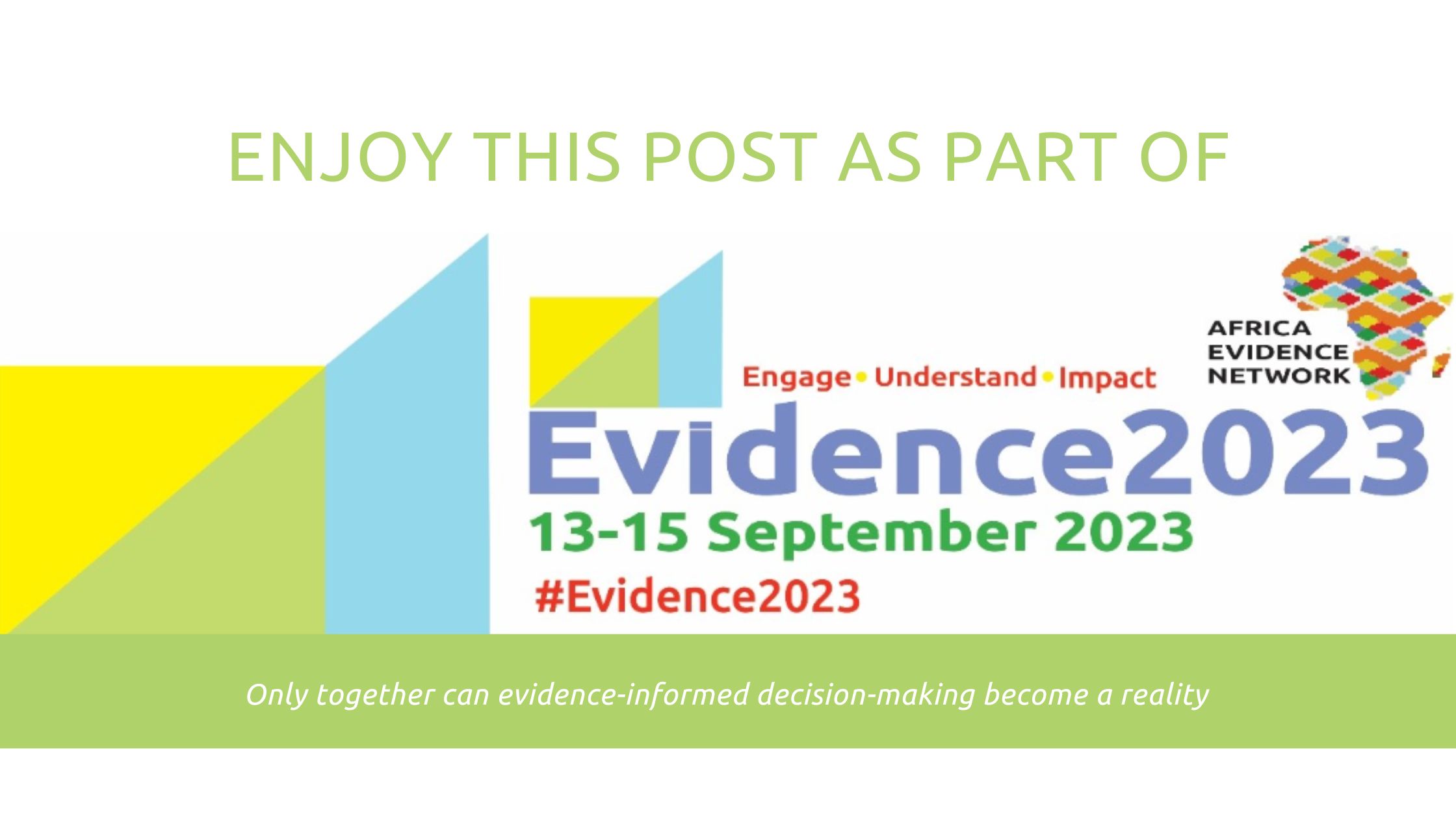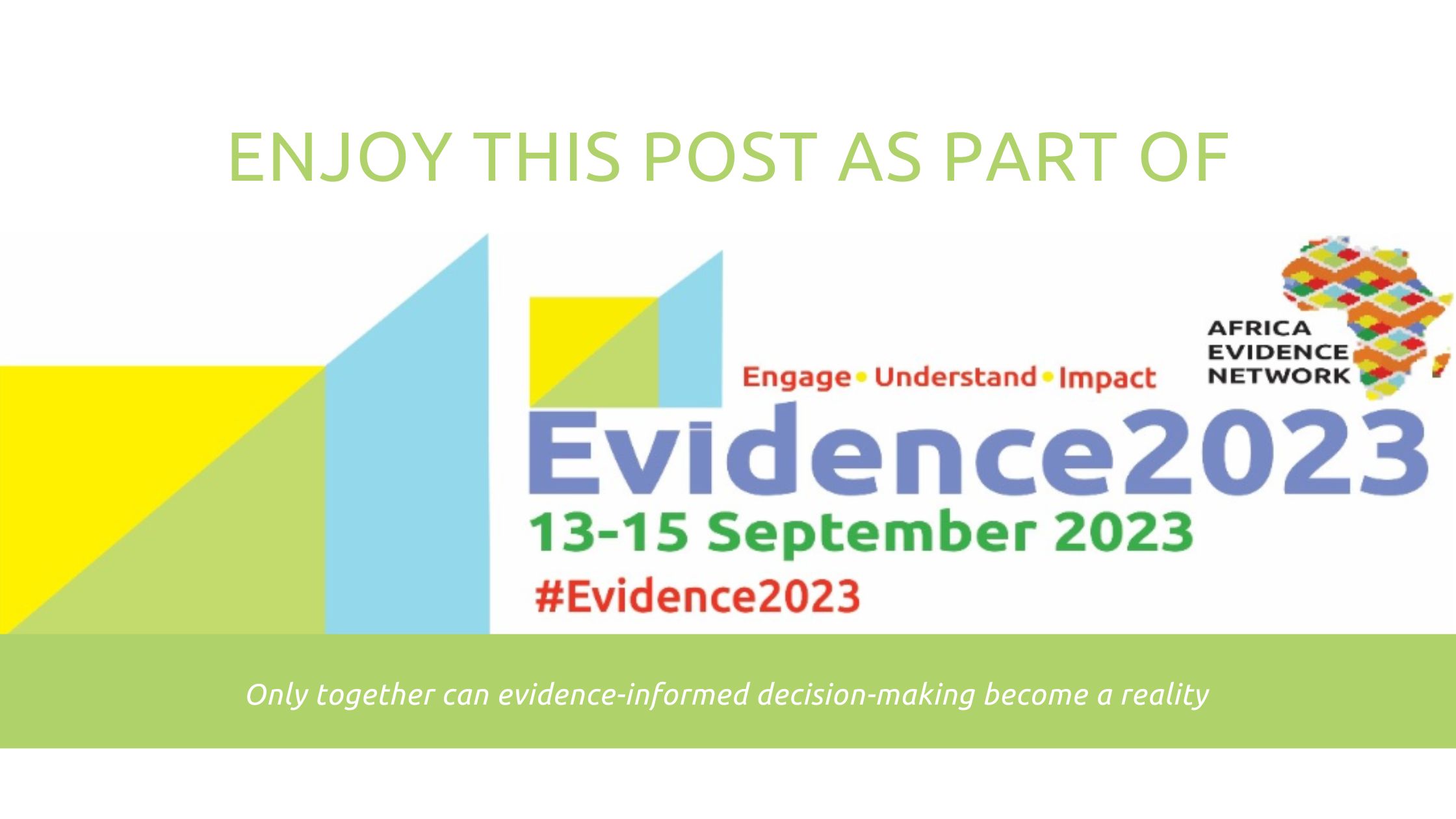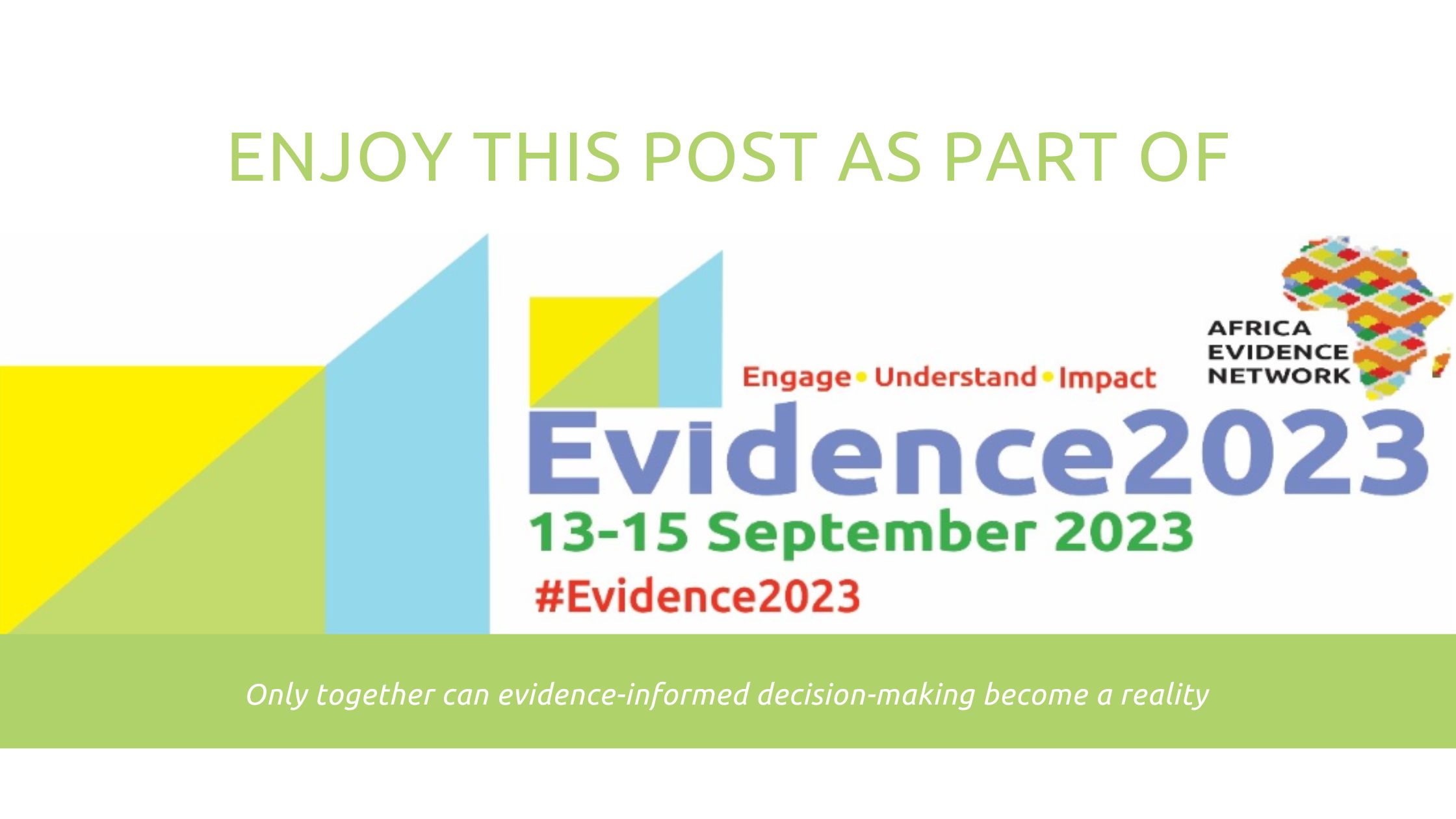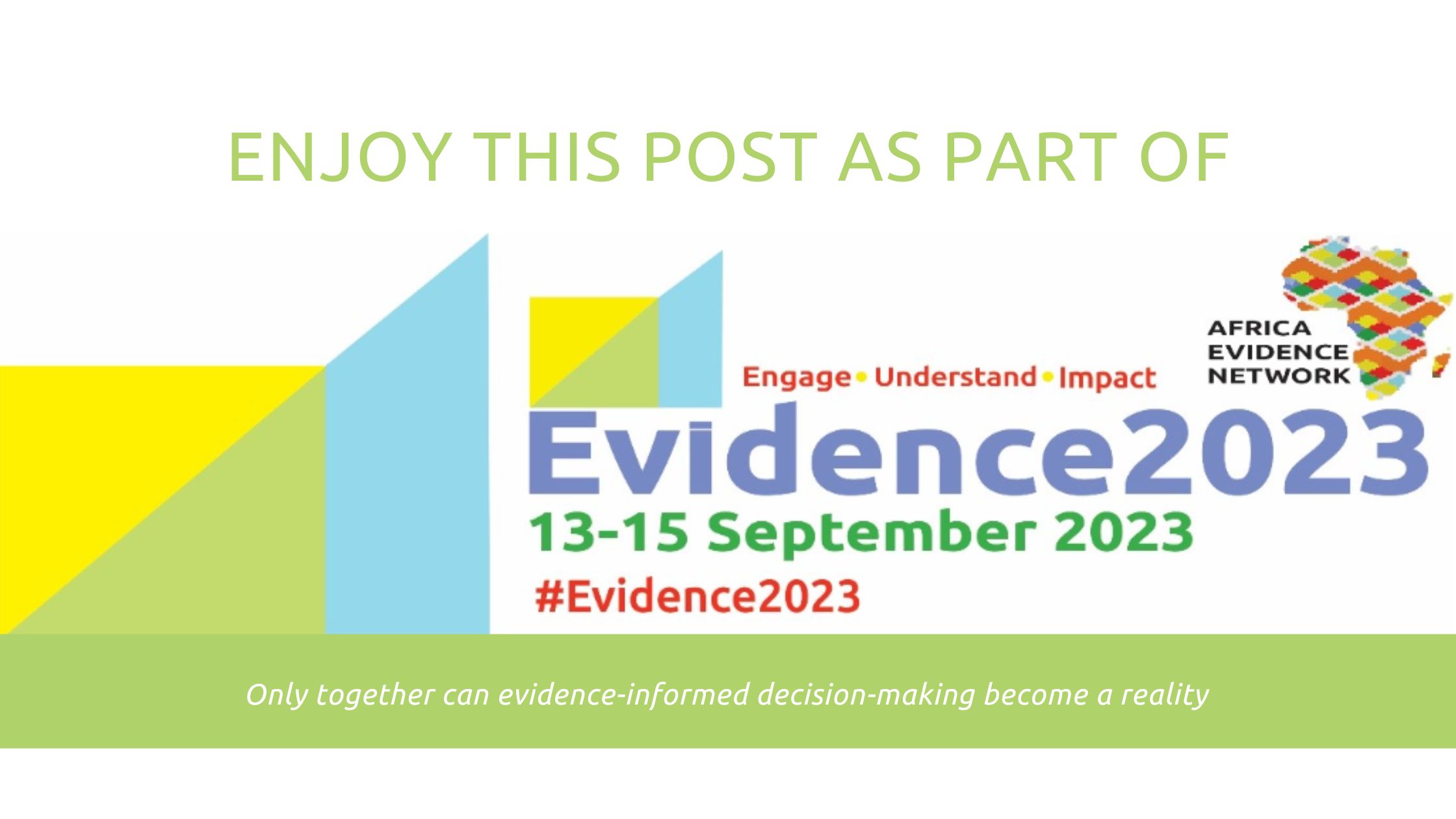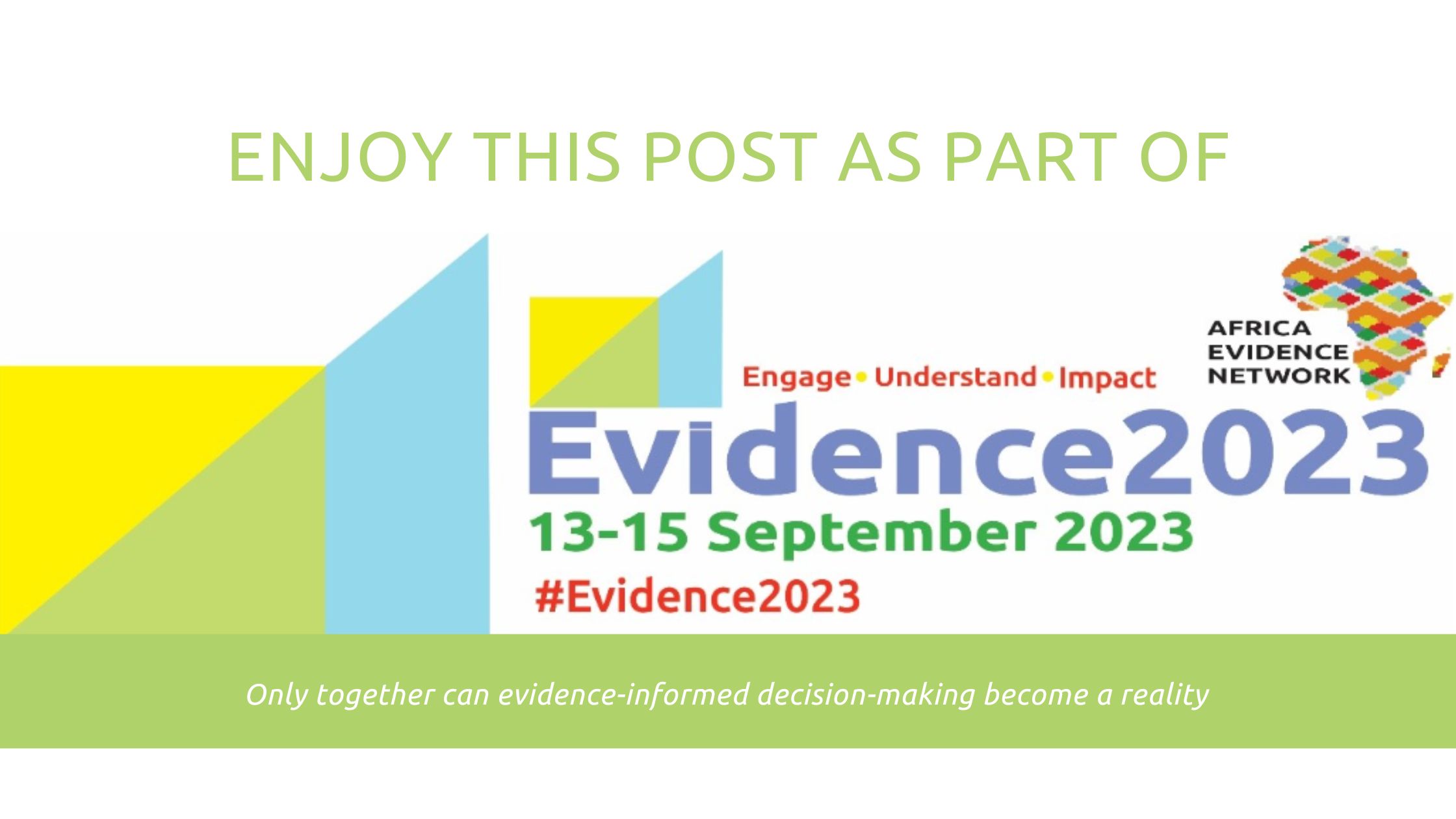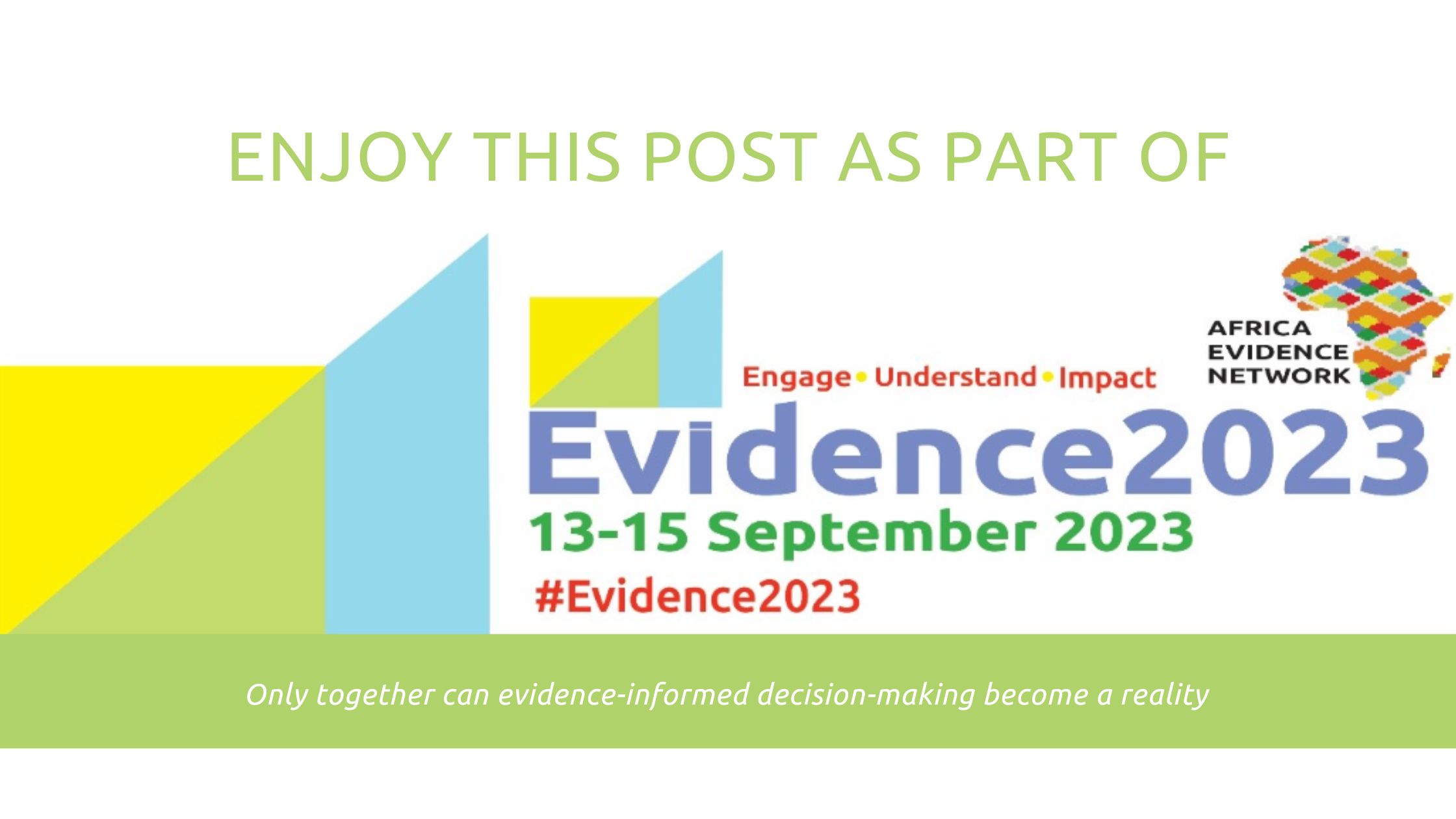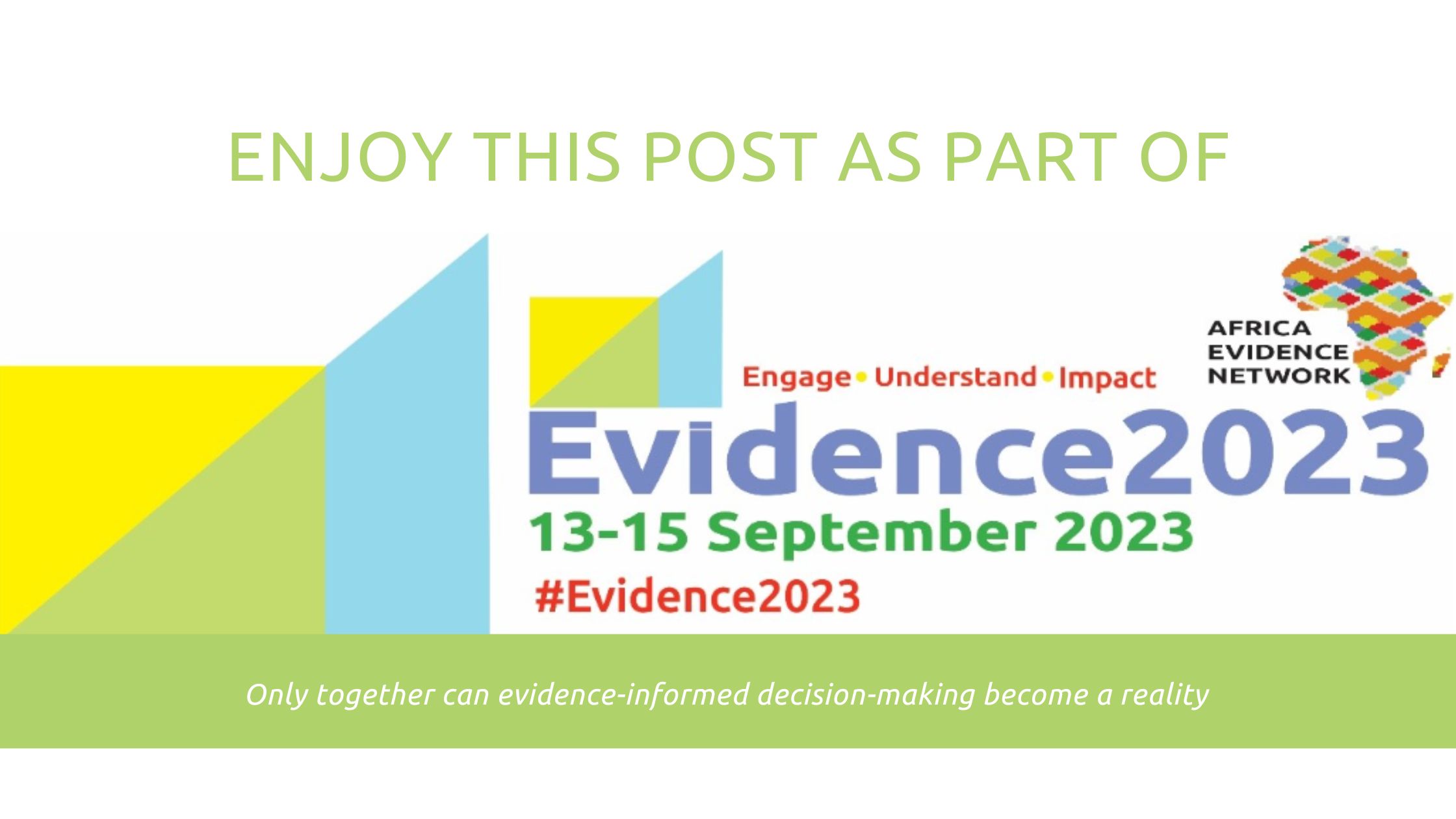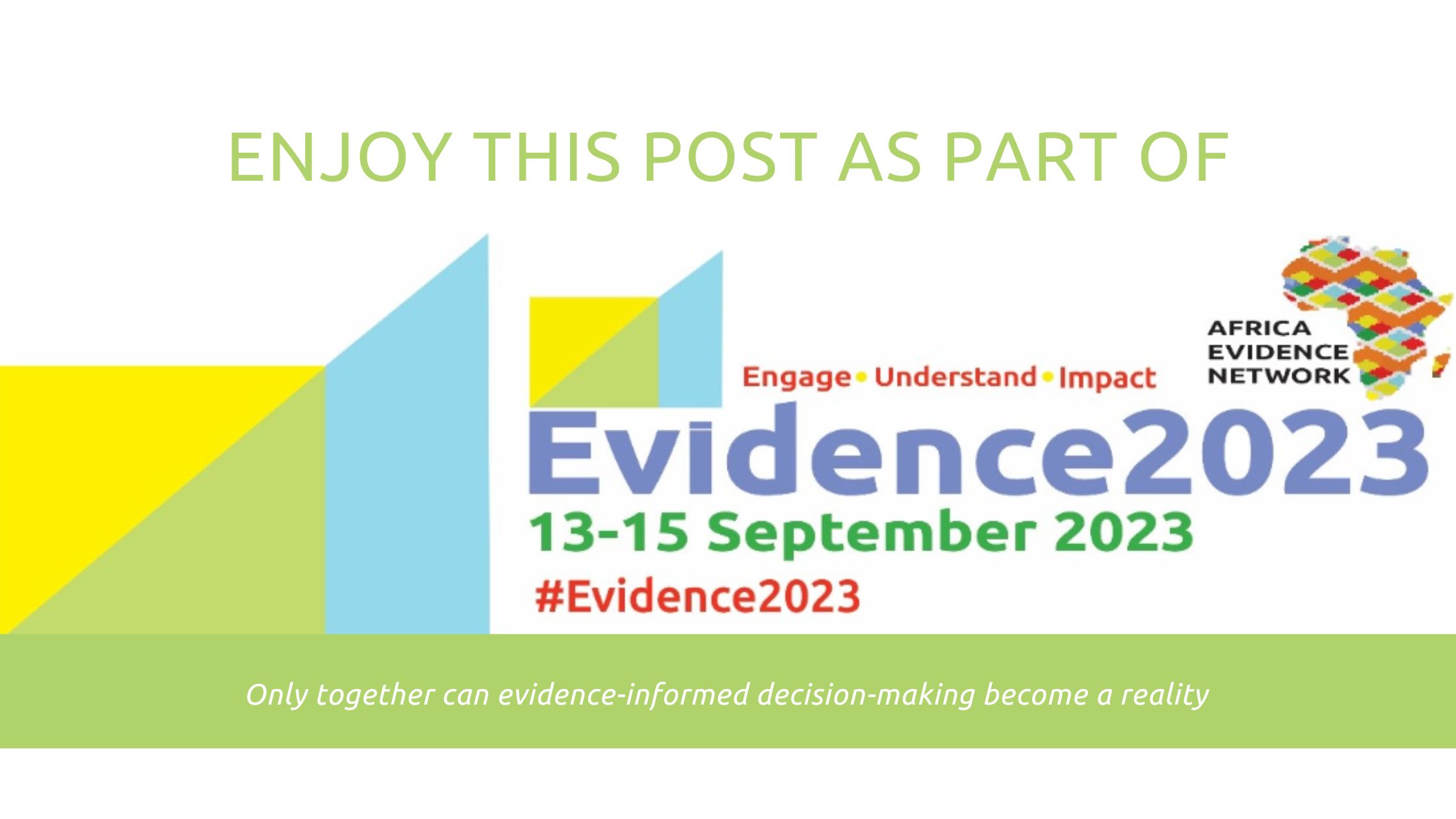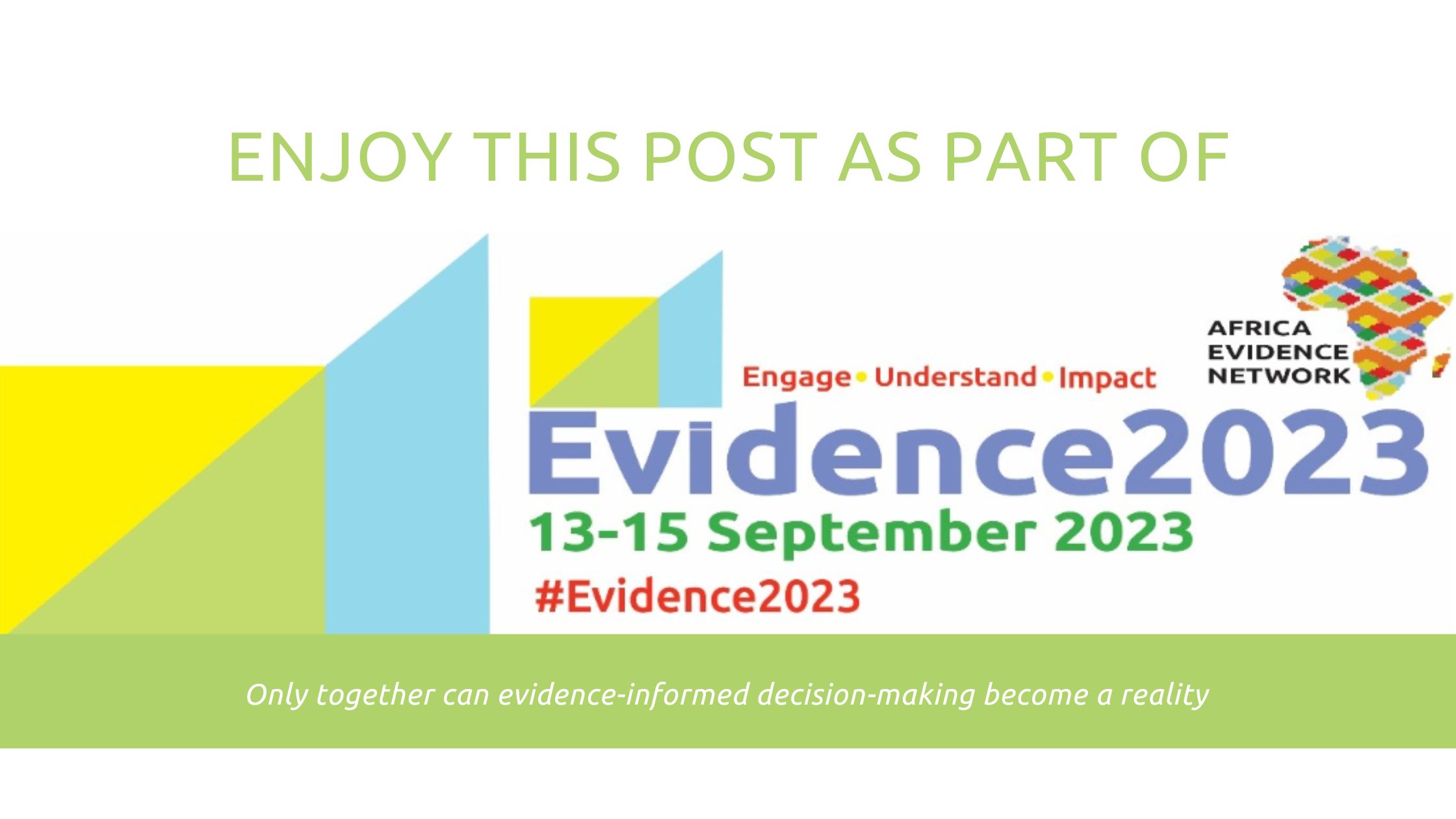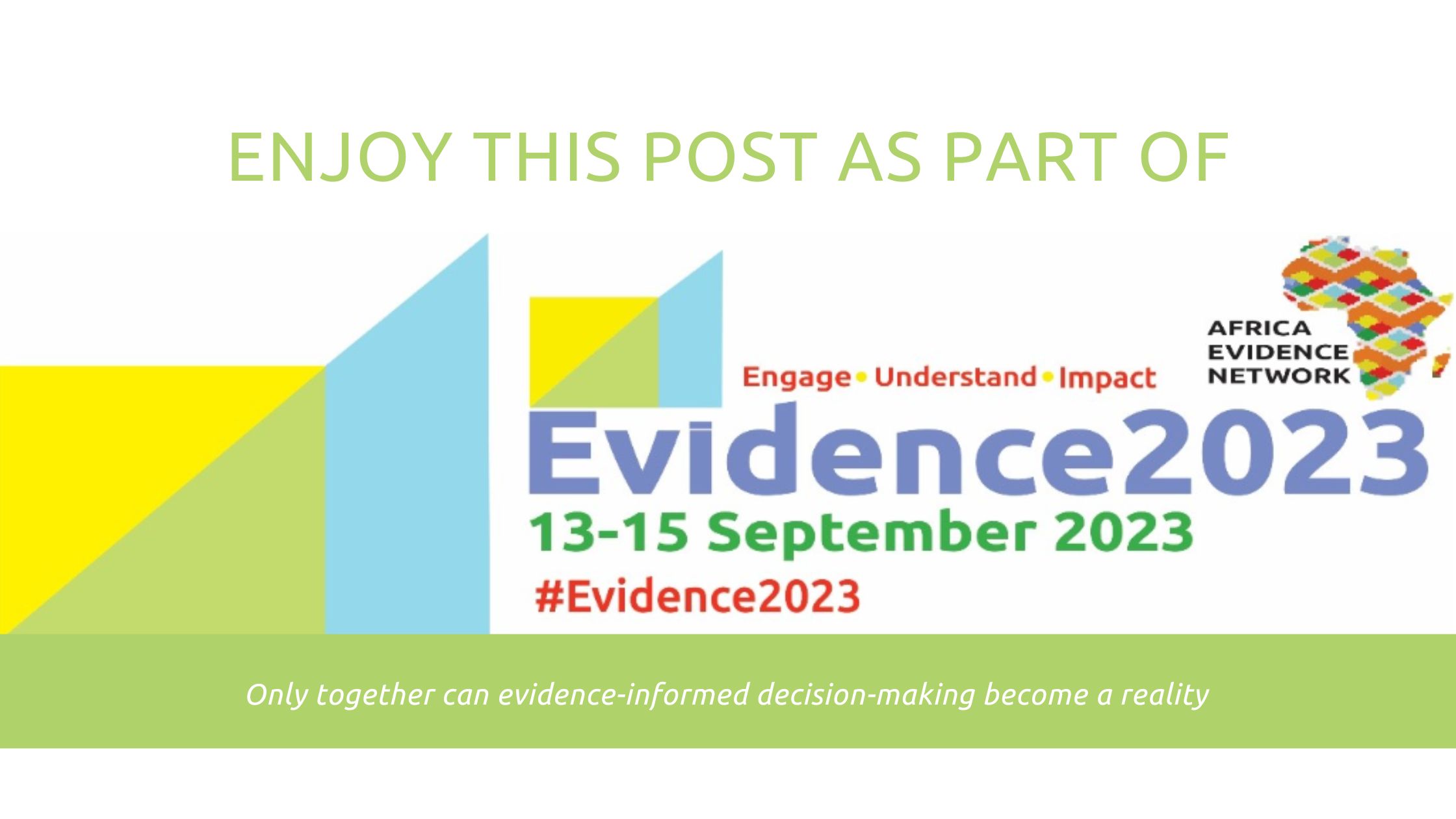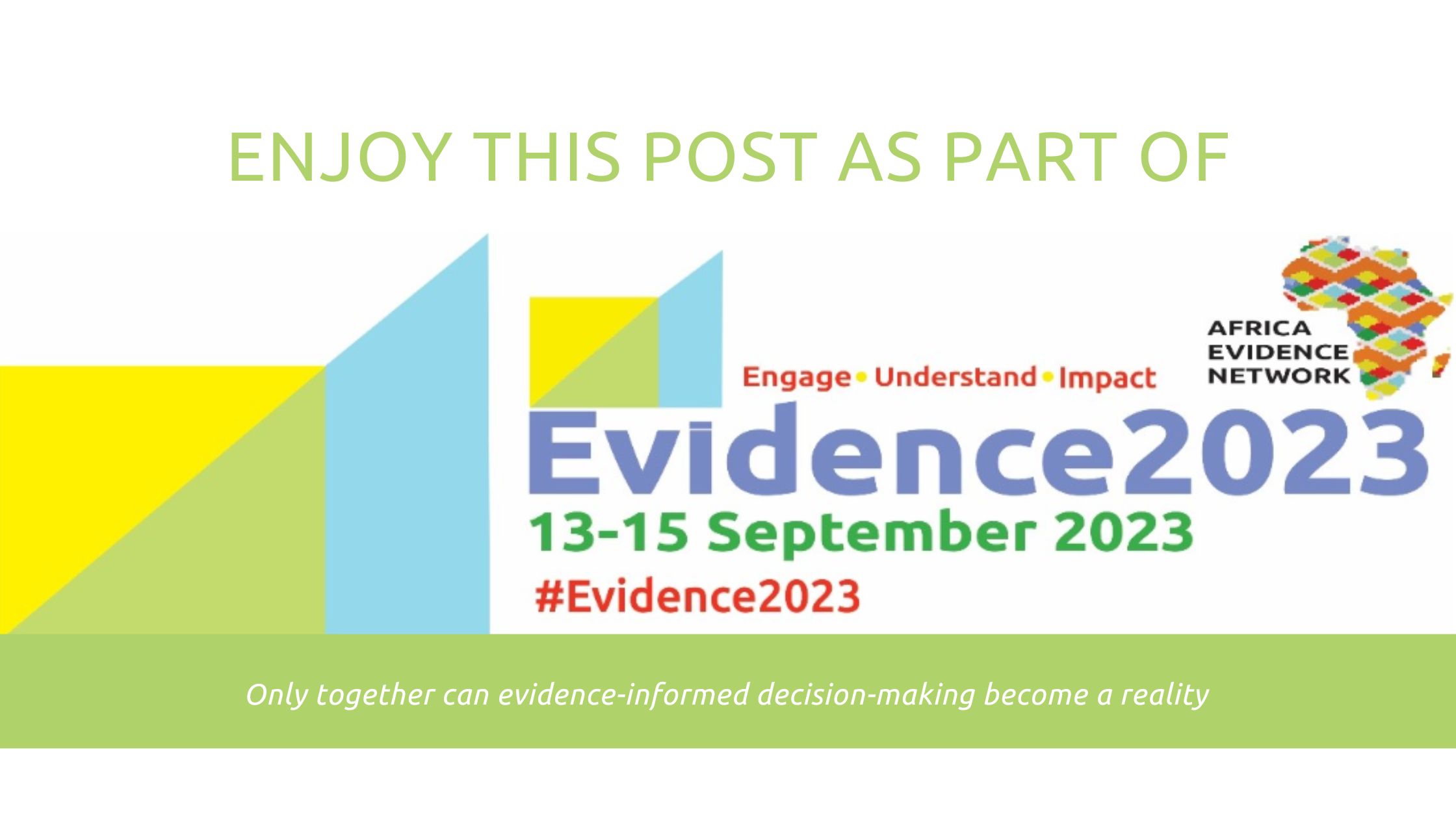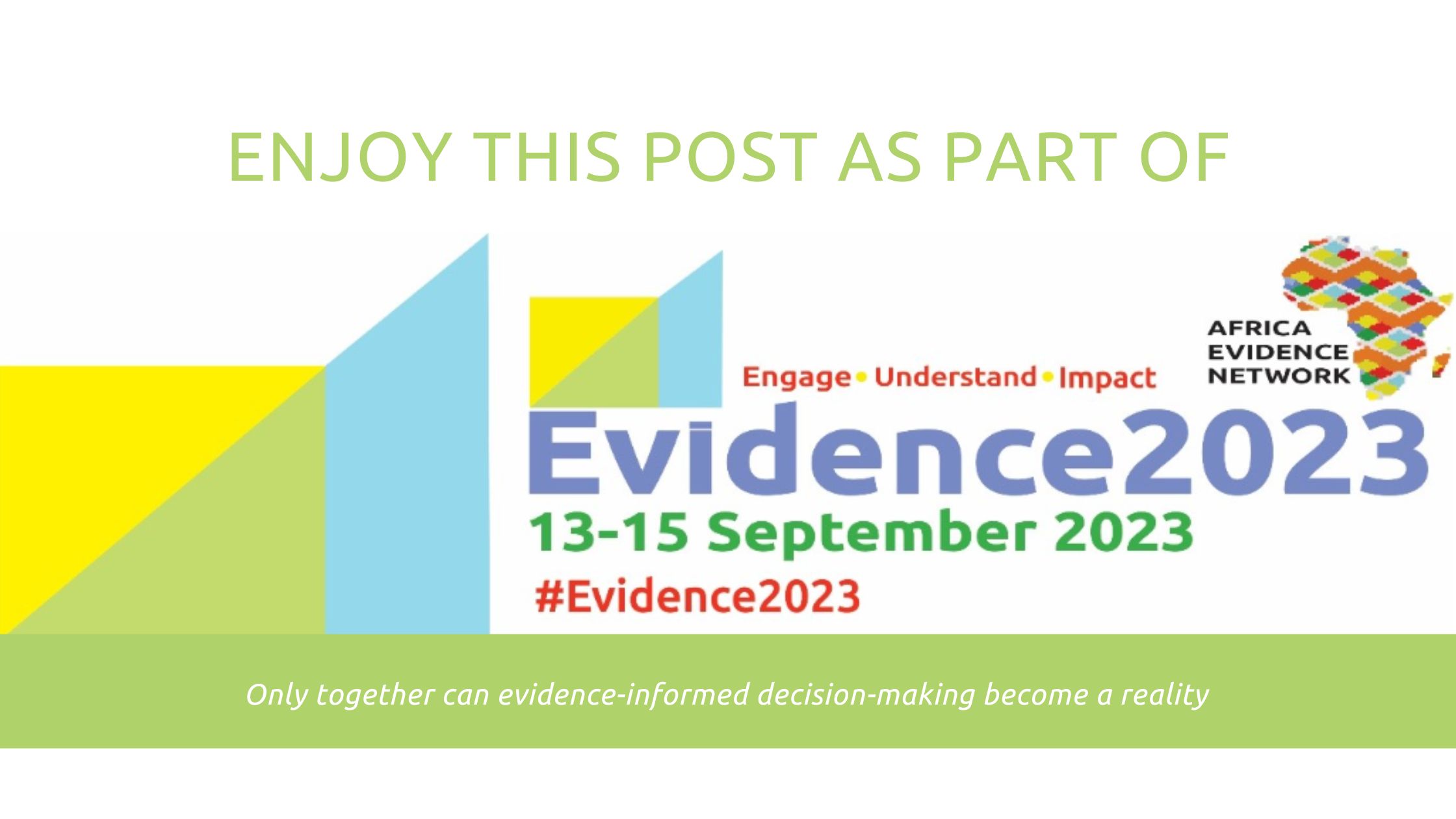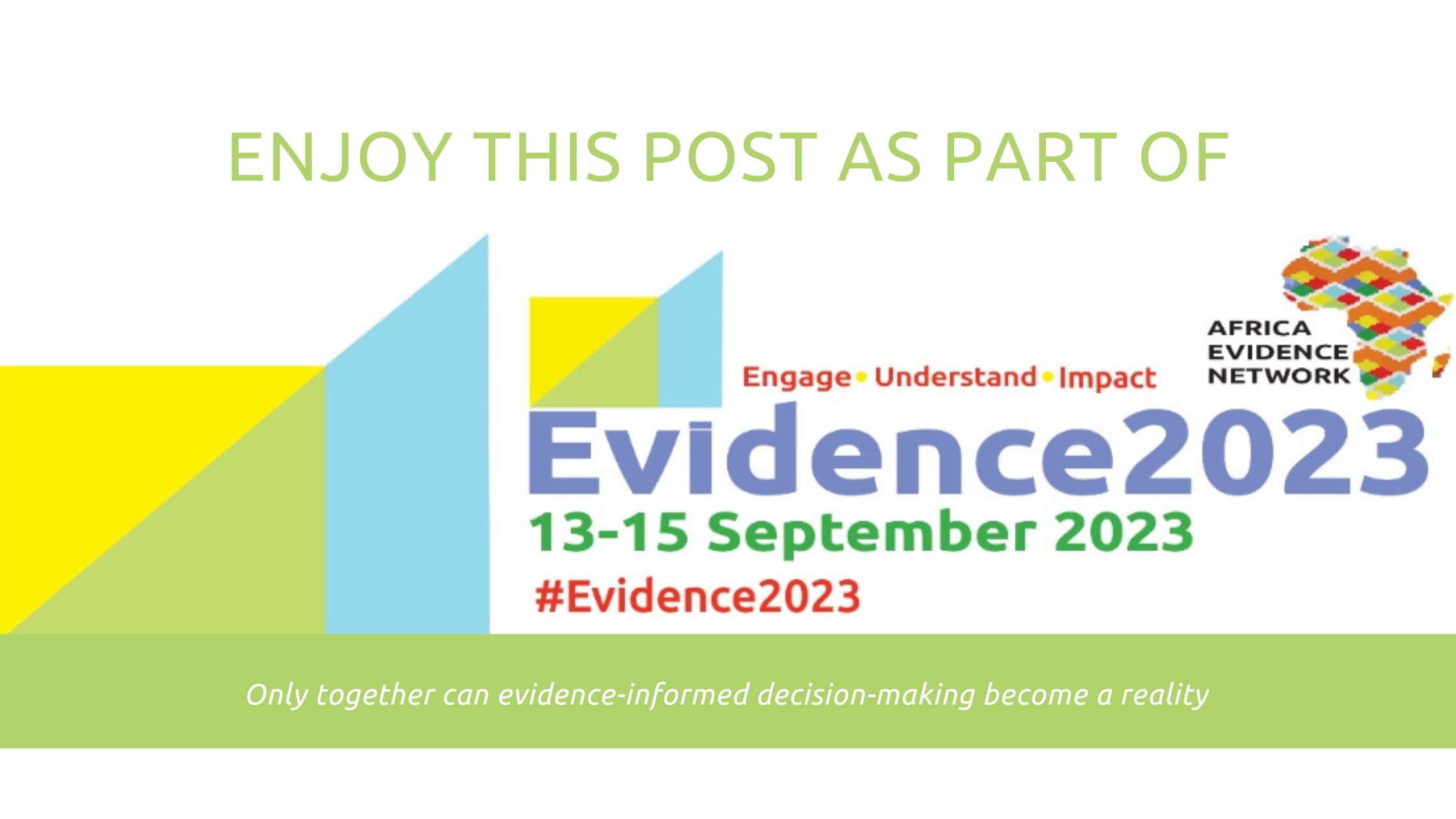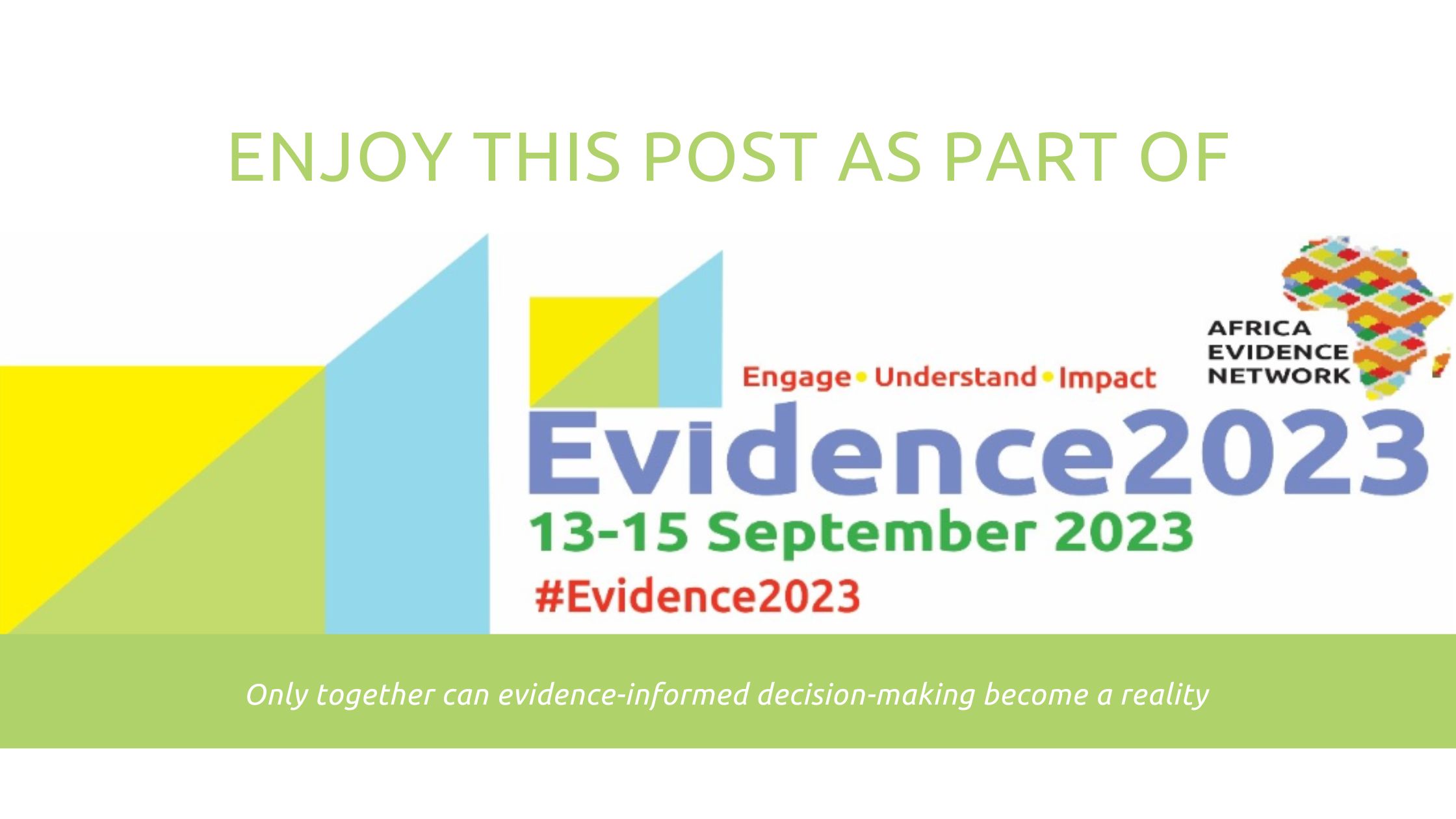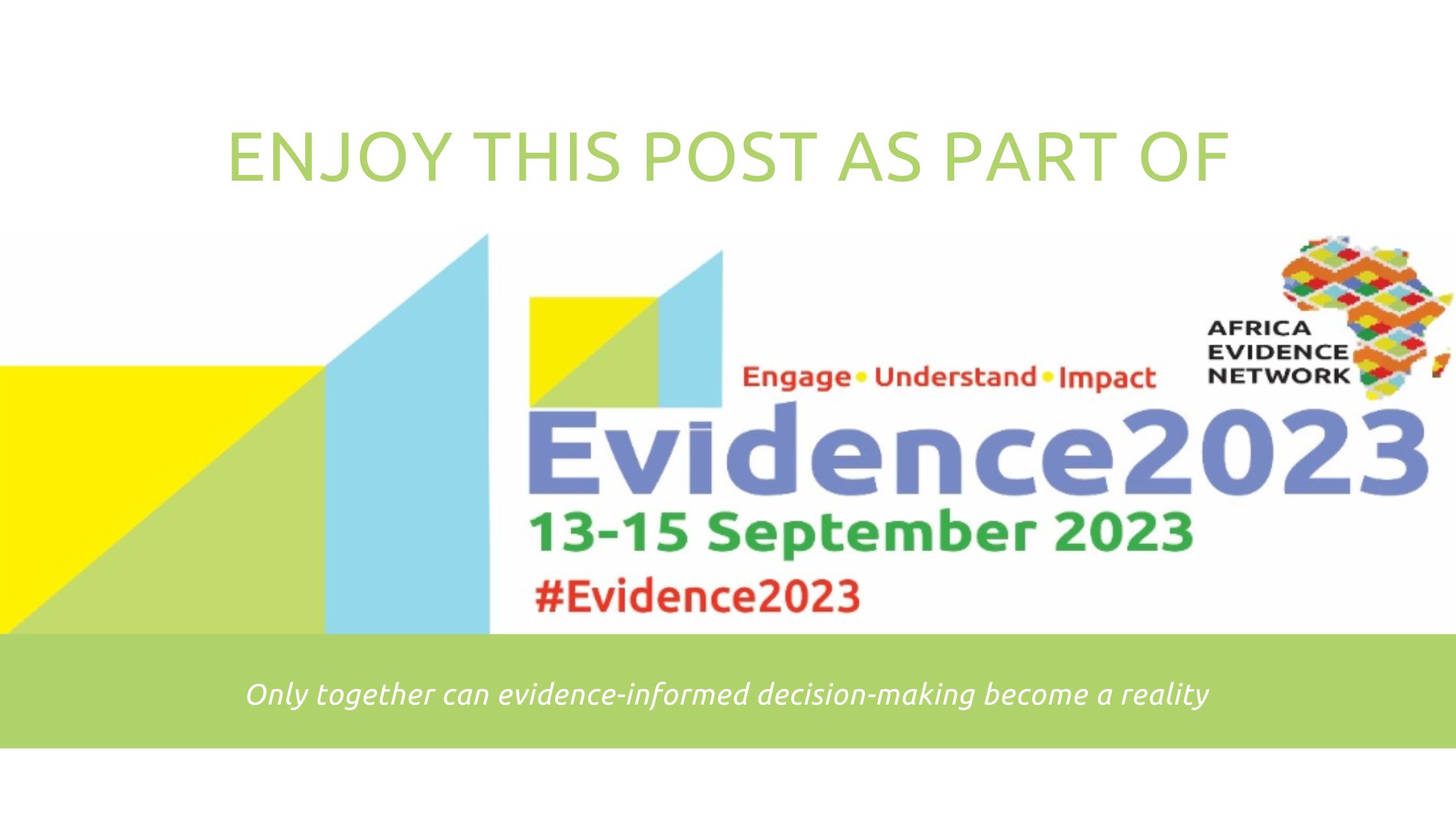
Background
Educational attainment in countries of the Lake Chad Basin is amongst the lowest in the globe. Governments efforts have led to significant improvements in access to education, but the quality of learning remains poor. Teachers continue to prioritize rote learning, hardly implementing innovative evidence-based approaches for teaching and learning. This can be explained by the dearth of evidence emanating from middle Africa and the complexity of the available evidence disseminated within educational stakeholders. Teachers’ practices, habits, and motivation for using research evidence also contribute to poor uptake of available best practices. Practical Teachers Professional Development (TPD) programs that support specific well-evidenced changes in pedagogy can be highly effective in improving pupil learning and are essential in curbing these challenges.
Objective(s)
Using Pedagogy Audits and Feedback (PAF) to mobilize contextually relevant research evidence amongst teachers and improve their office practice and organizational culture.
Method(s)
The PAF is a blend of TPD, implementation sciences and behavioral sciences. It is a quality improvement process that seeks to improve teaching and learning outcomes through systematic review of pedagogy against explicit evidence-based criteria and the implementation of change. Audits and Feedback gathers information about workplace culture, habits, behavior, and practice, aligns this with evidence implementation, and feedbacks teachers, learners, and policymakers within a structured pedagogy fellowship and leadership program.
Population: 80 teachers in 40 schools in Cameroon, Niger, Nigeria and Chad
Analysis or discussion of result(s)
We compared compliance with best practice recommendations at baseline against a follow-up compliance at three months, following implementation of strategies identified. Compliance rates improved overall by 35% (R: 22–48) for all criteria and sites, with differences noticed between sites. Twelve barriers were identified, classified into infrastructure, material, and processes.
Conclusion(s)
Despite barriers, PAF is effective in getting research into practice and does improve the quality of teaching and learning.
Recommendations, implications, or next steps.
Move to trial.
Acknowledgements: The author(s) is solely responsible for the content of this article, including all errors or omissions; acknowledgements do not imply endorsement of the content. The author is grateful to Siziwe Ngcwabe and the Africa Evidence Network team for their guidance in the preparation and finalisation of this article as well as their editorial support.
Disclaimer: The views expressed in published blog posts, as well as any errors or omissions, are the sole responsibility of the author/s and do not represent the views of the Africa Evidence Network, its secretariat, advisory or reference groups, or its funders; nor does it imply endorsement by the afore-mentioned parties.
